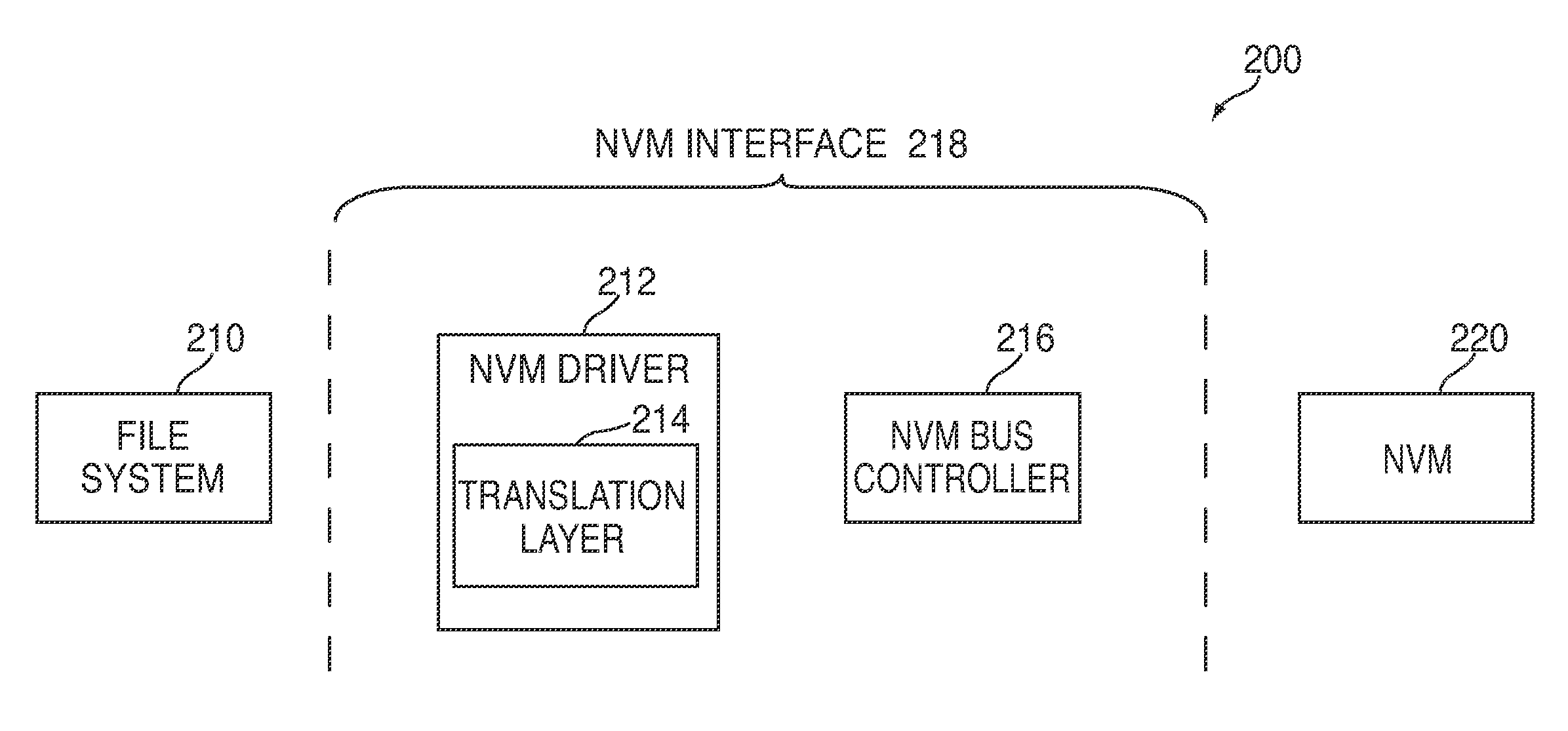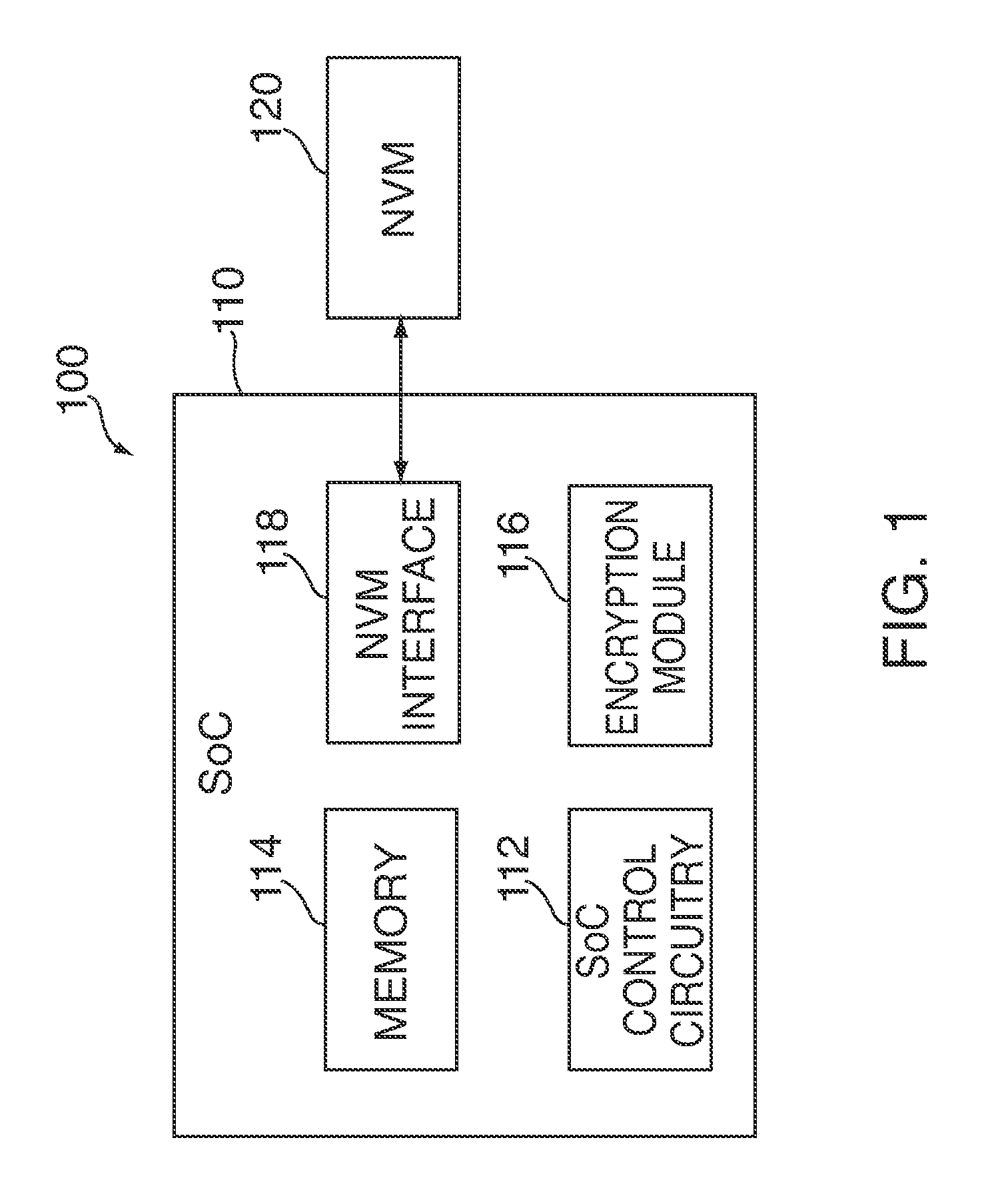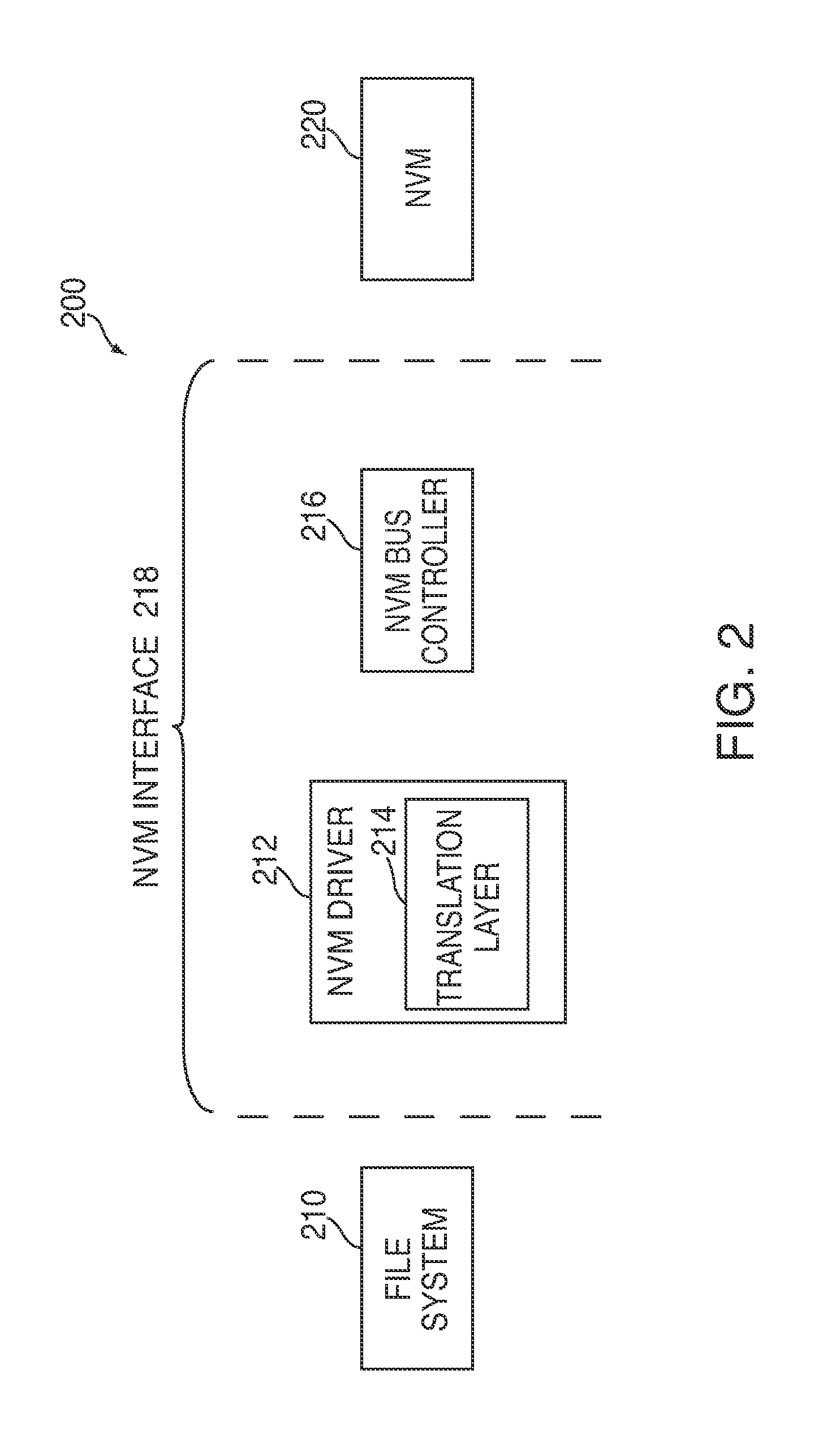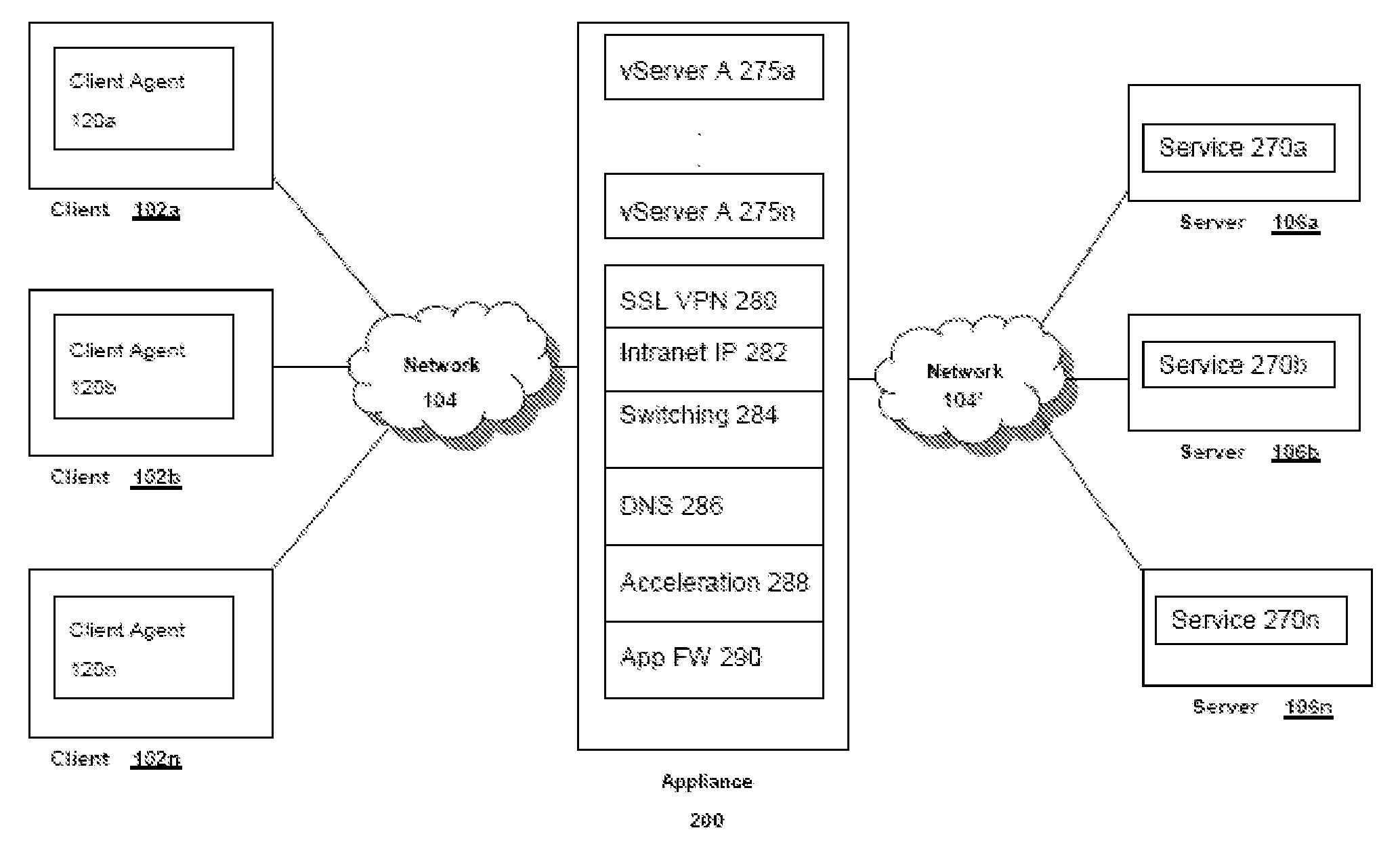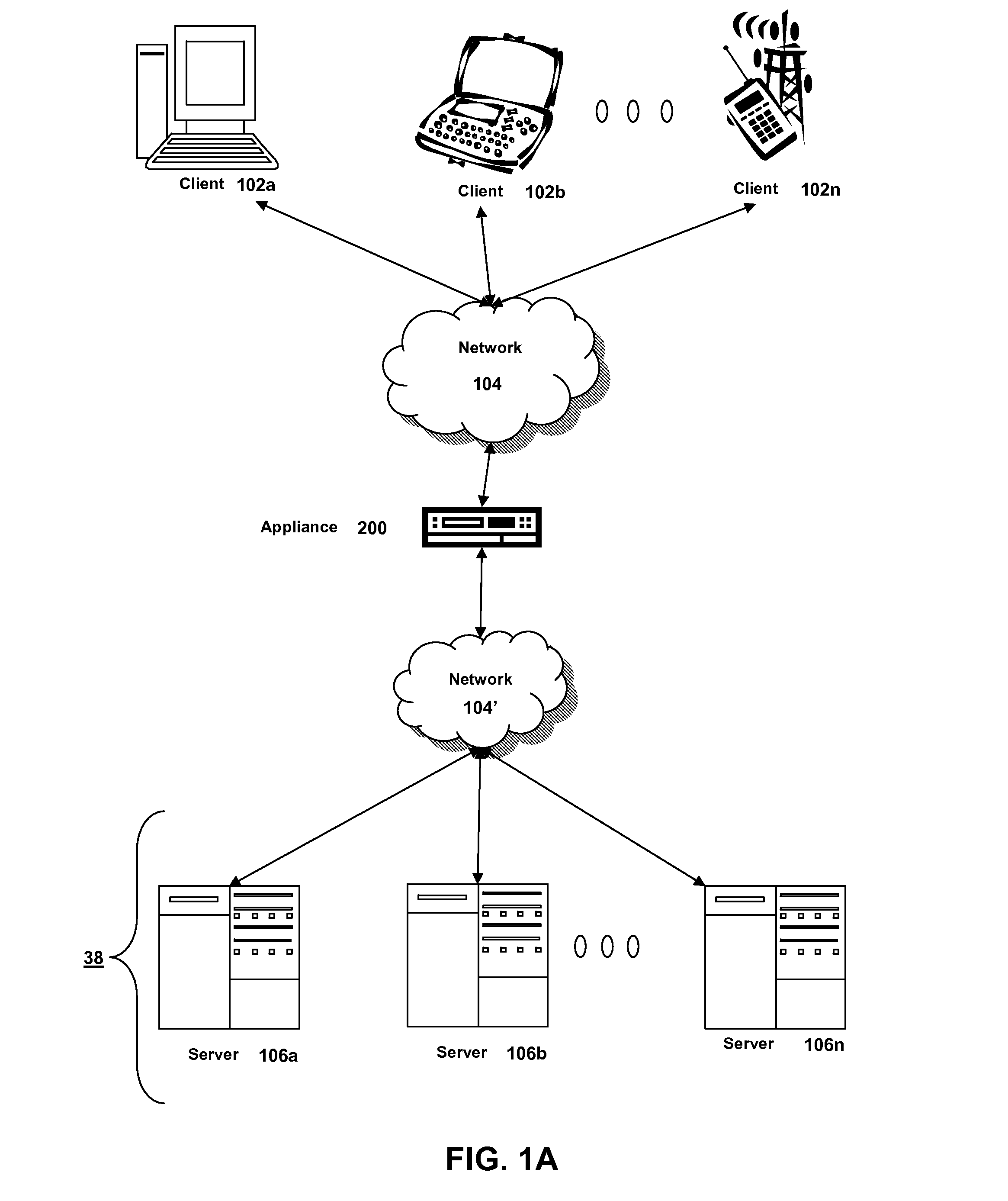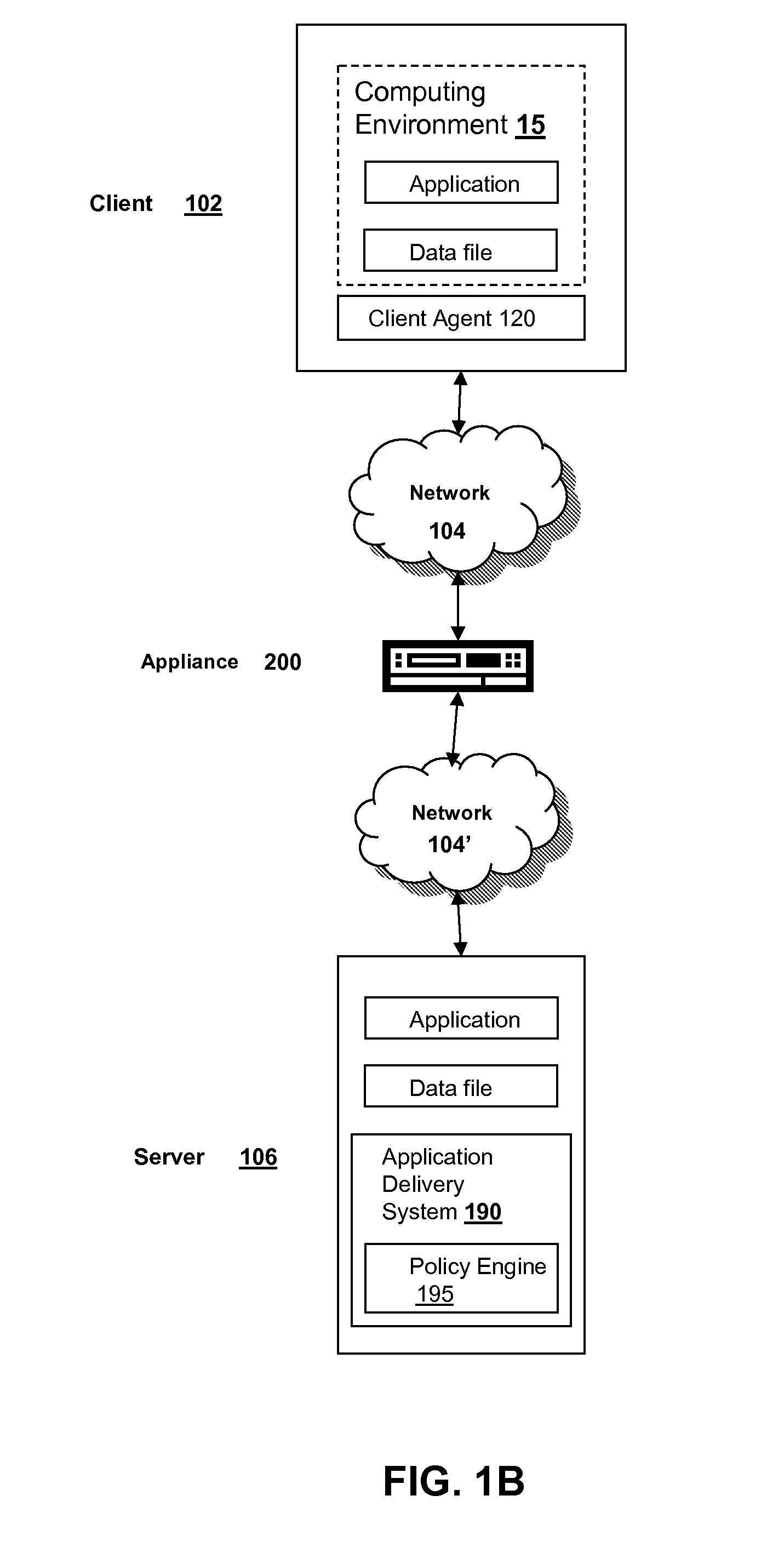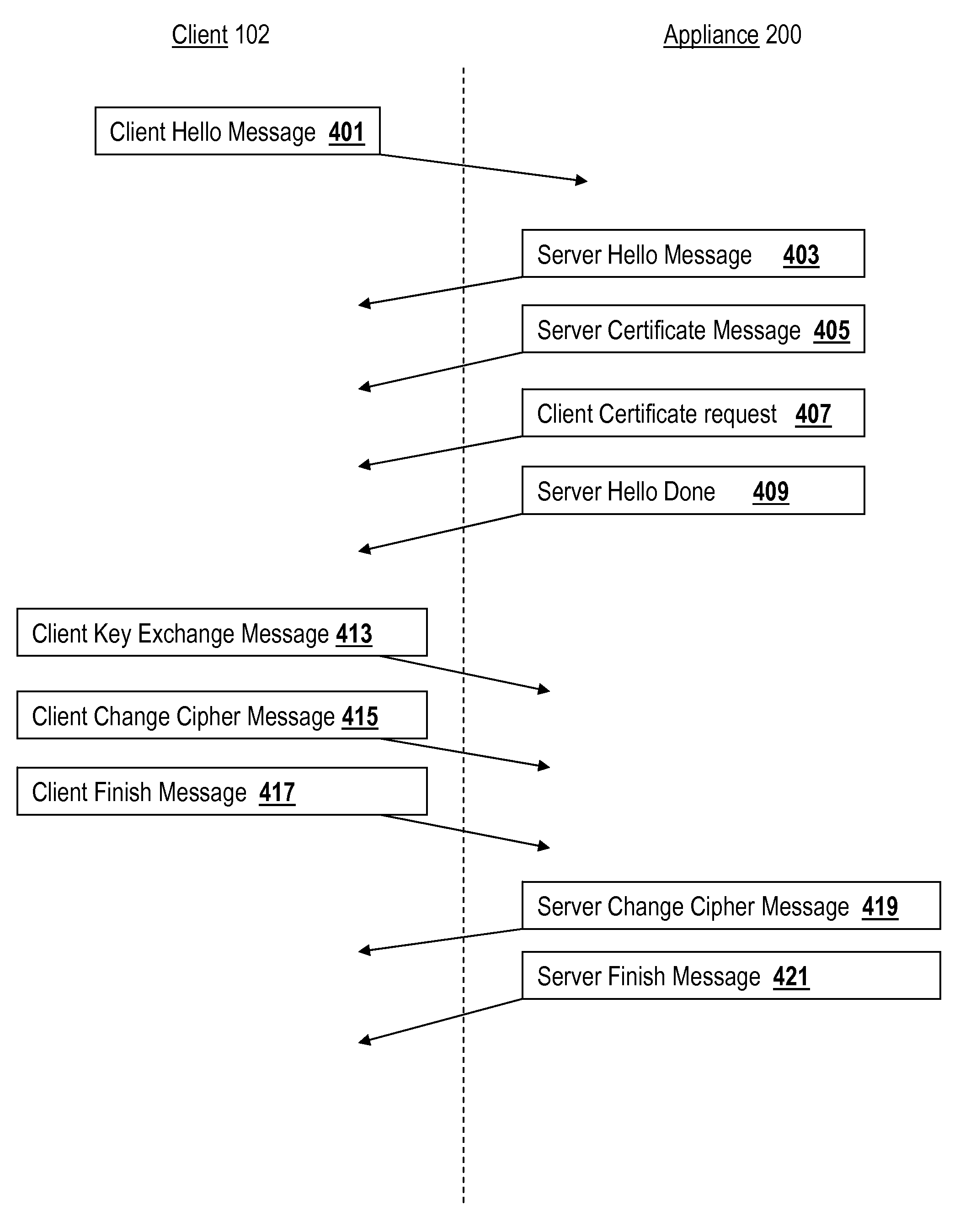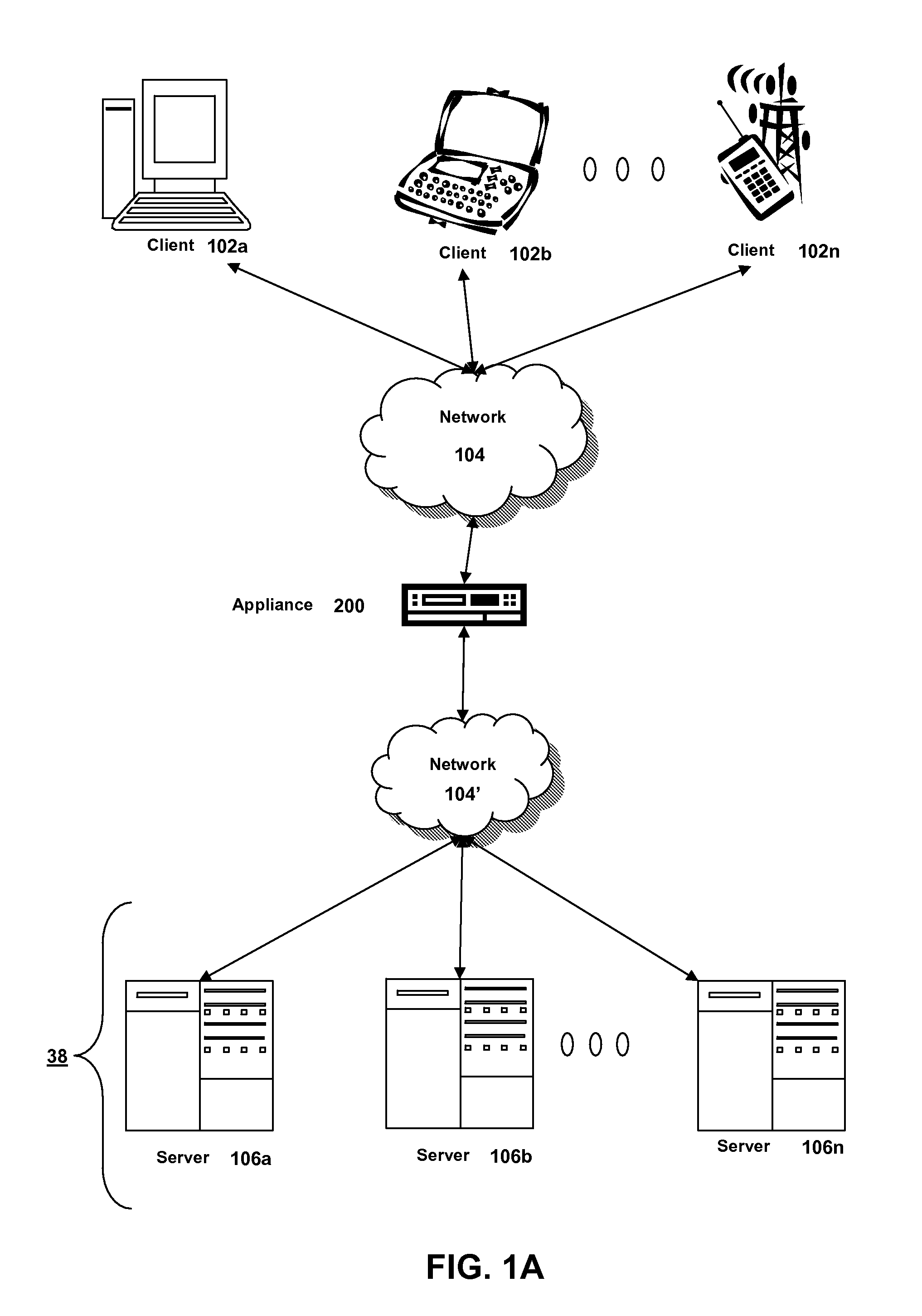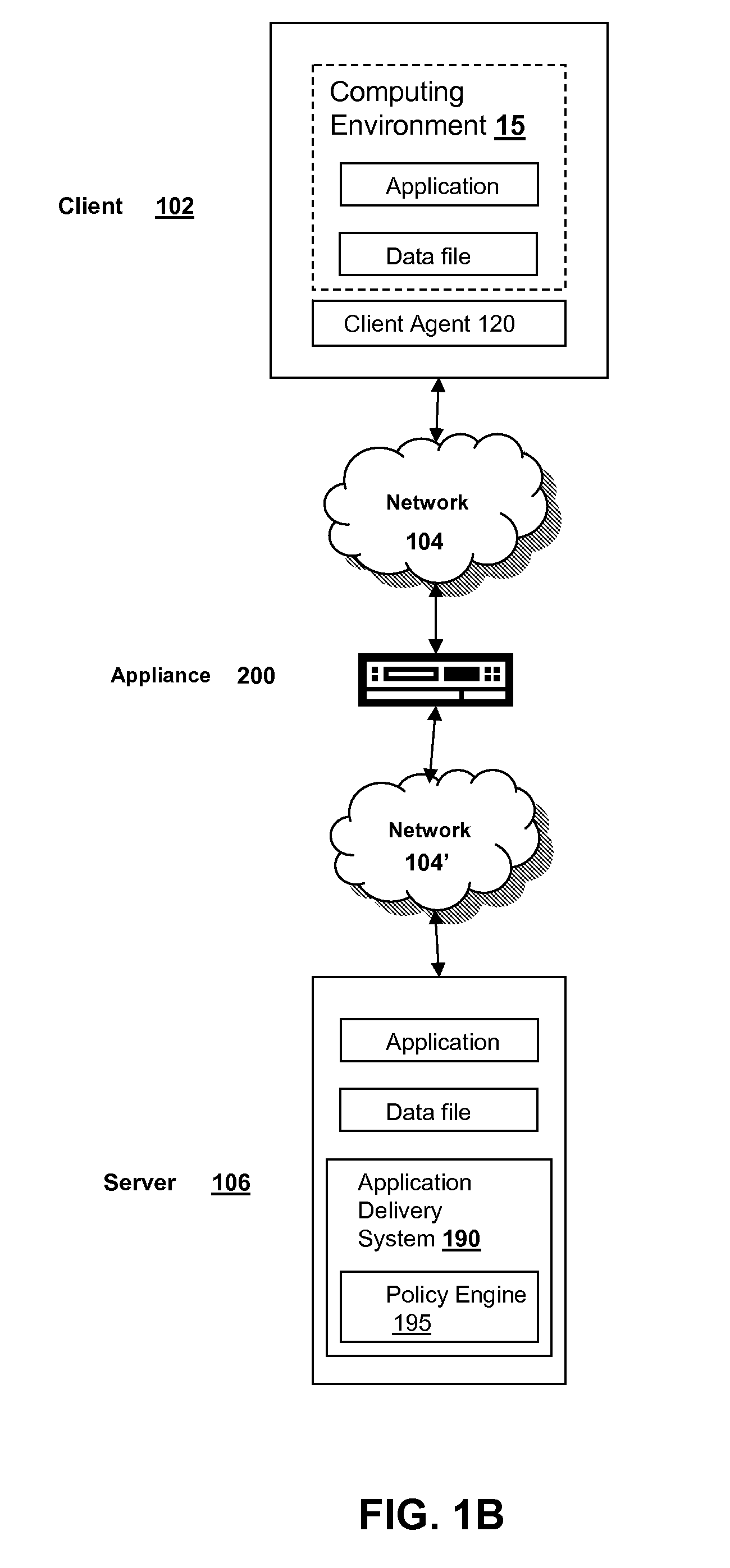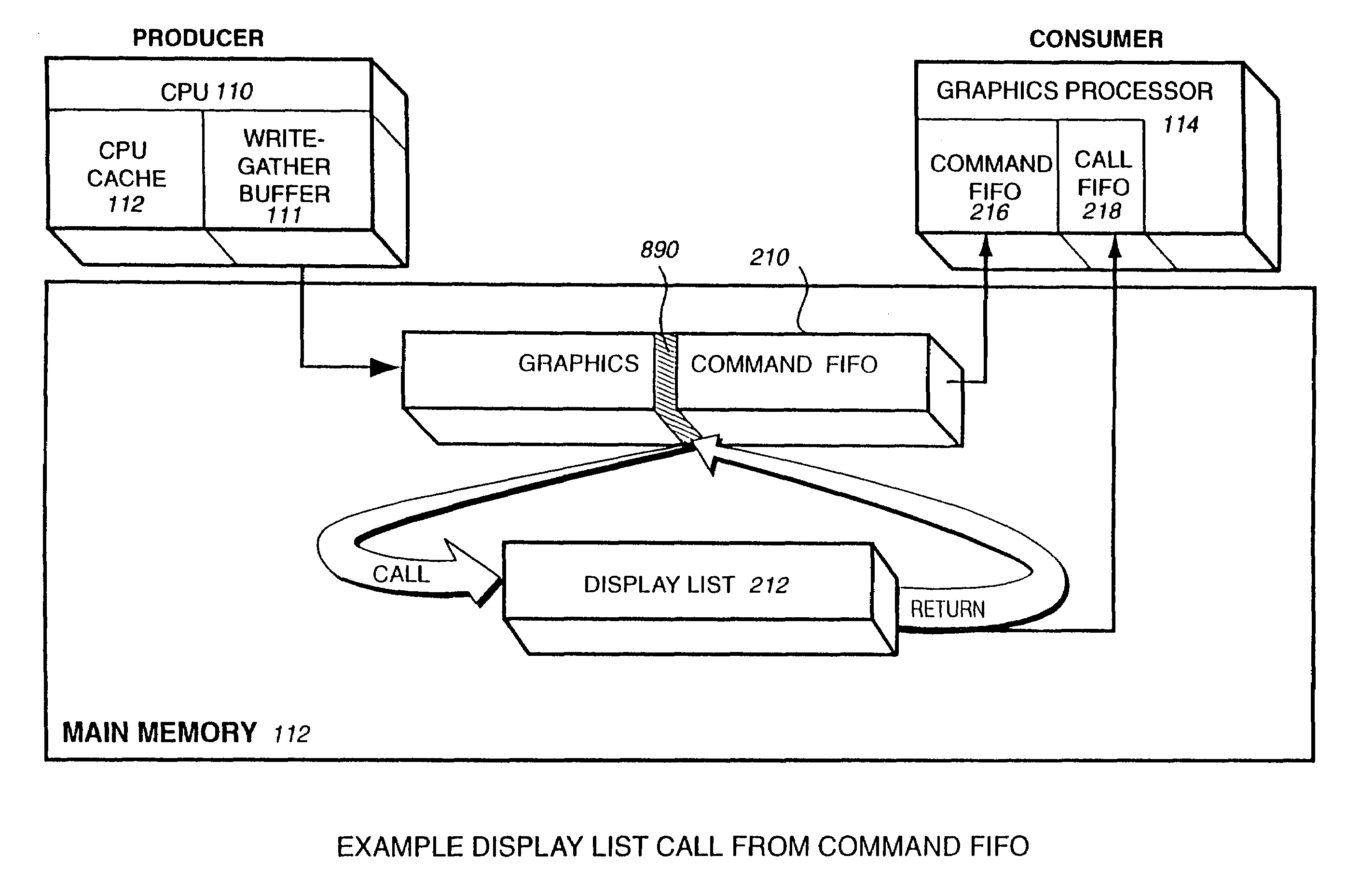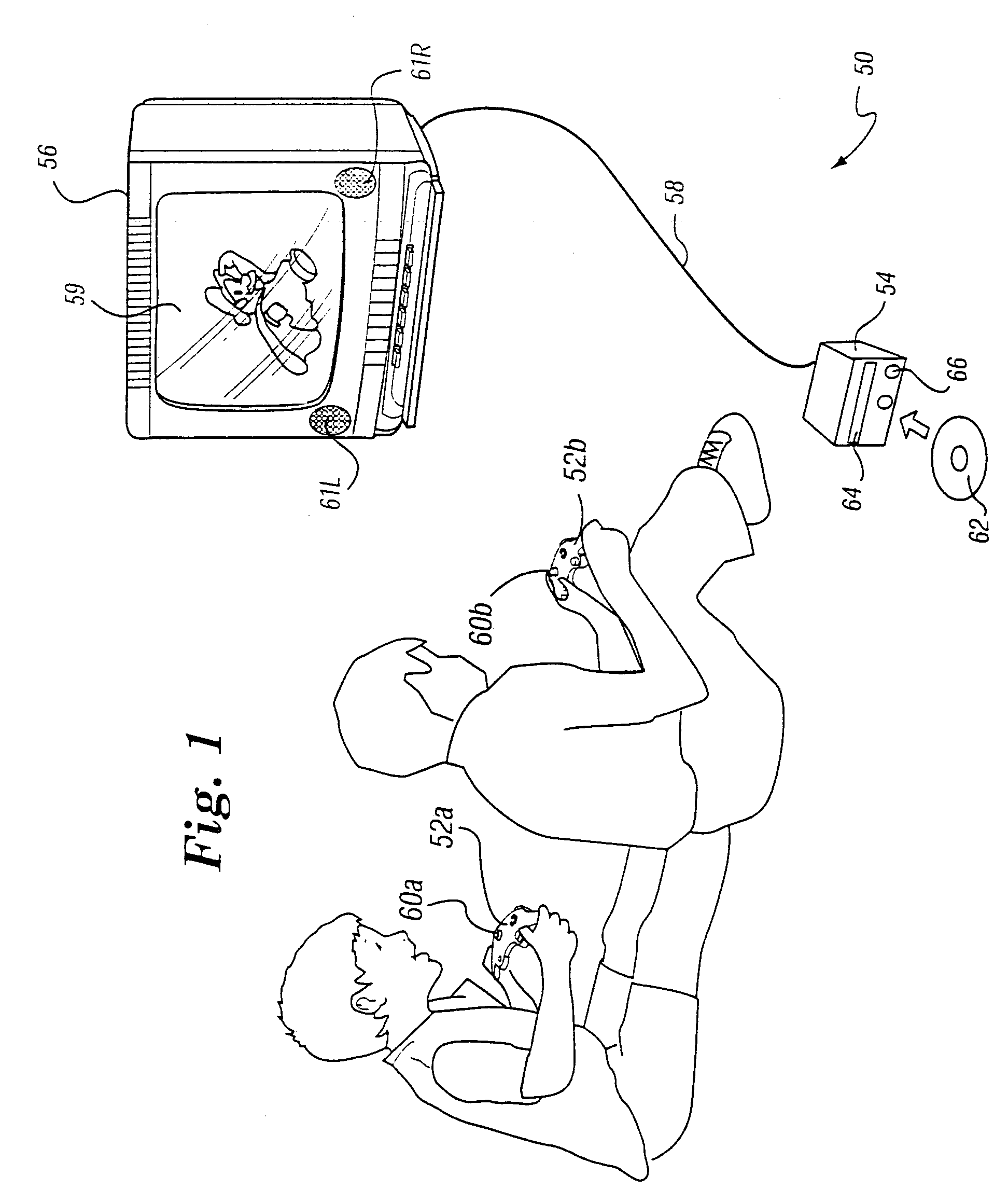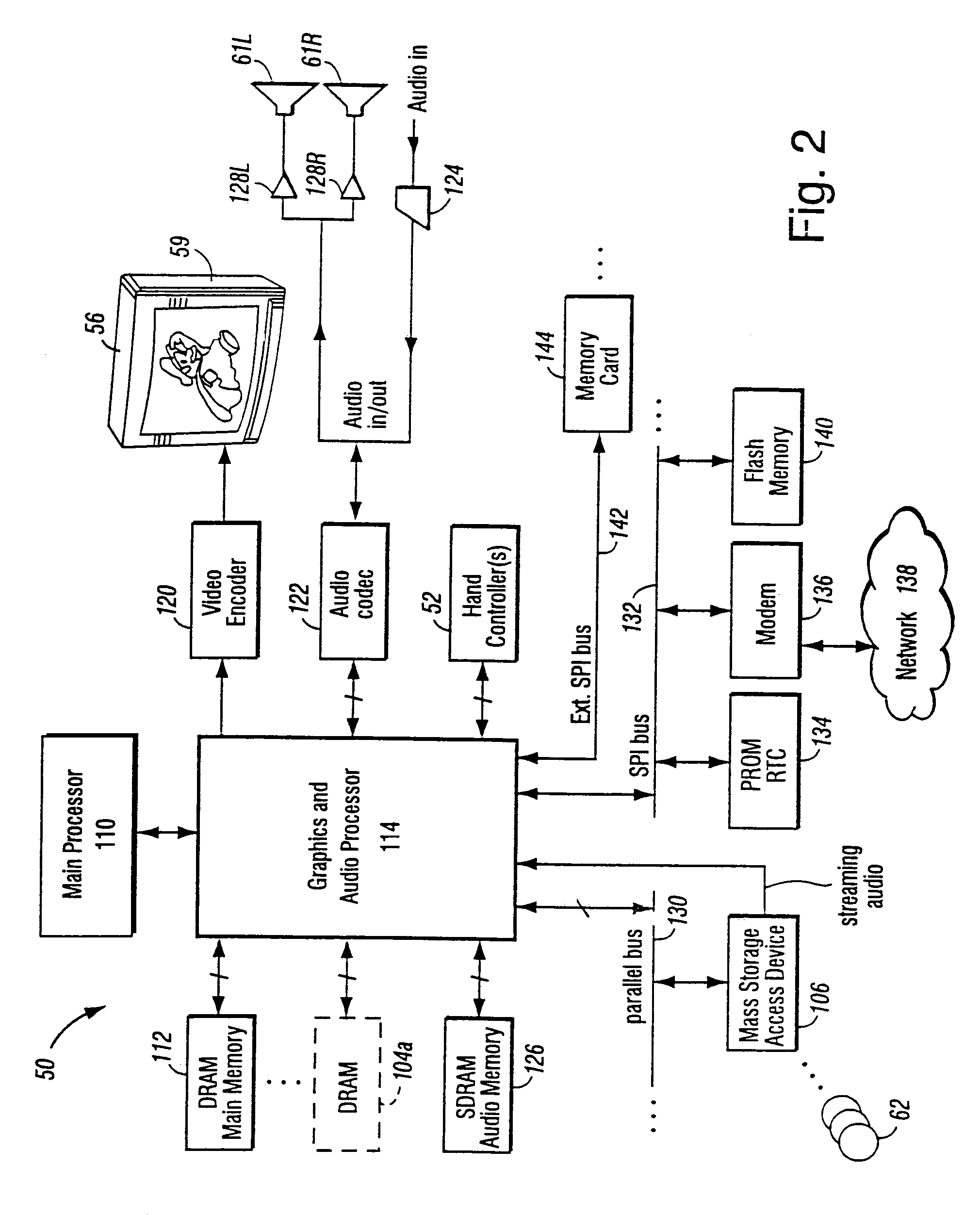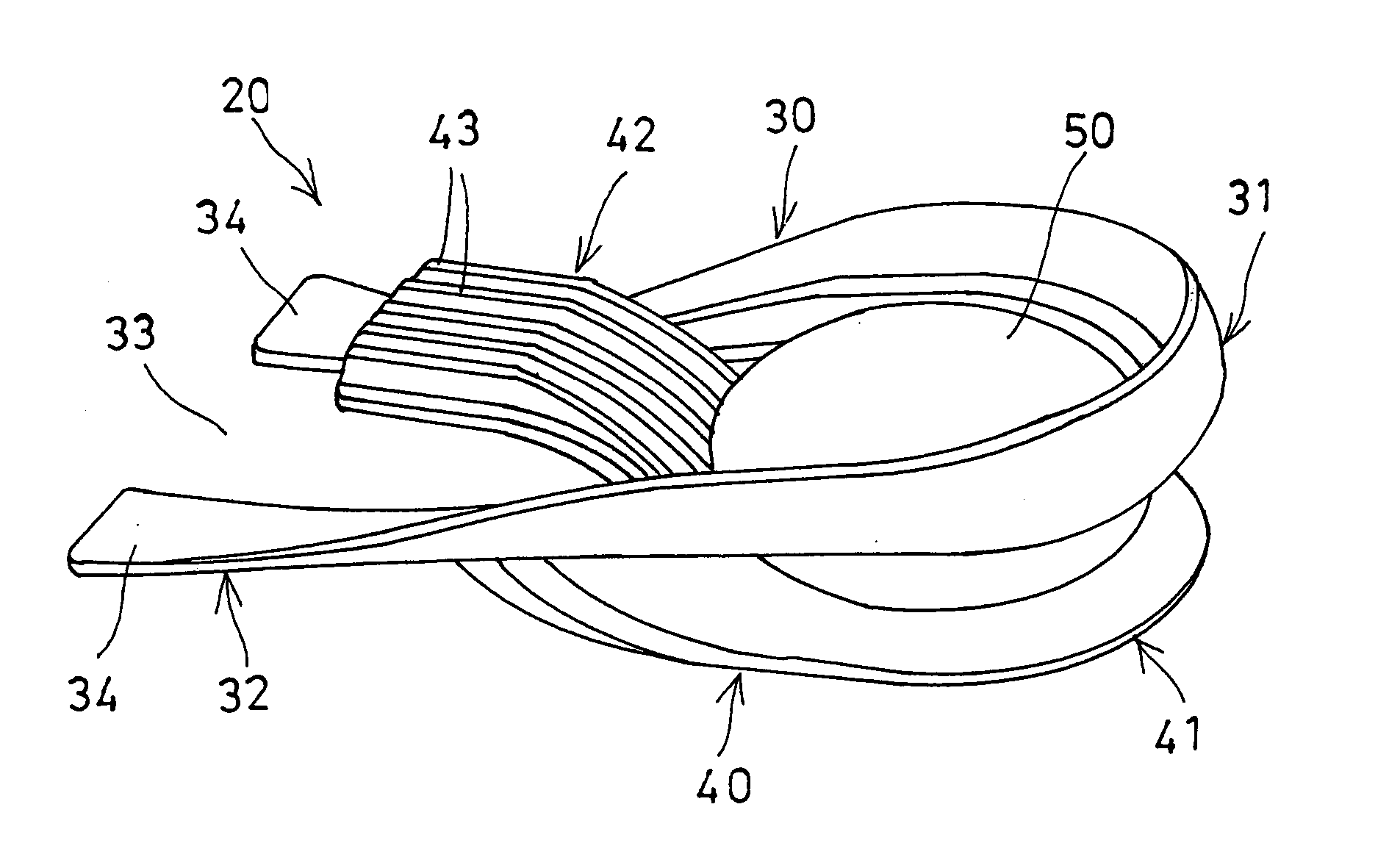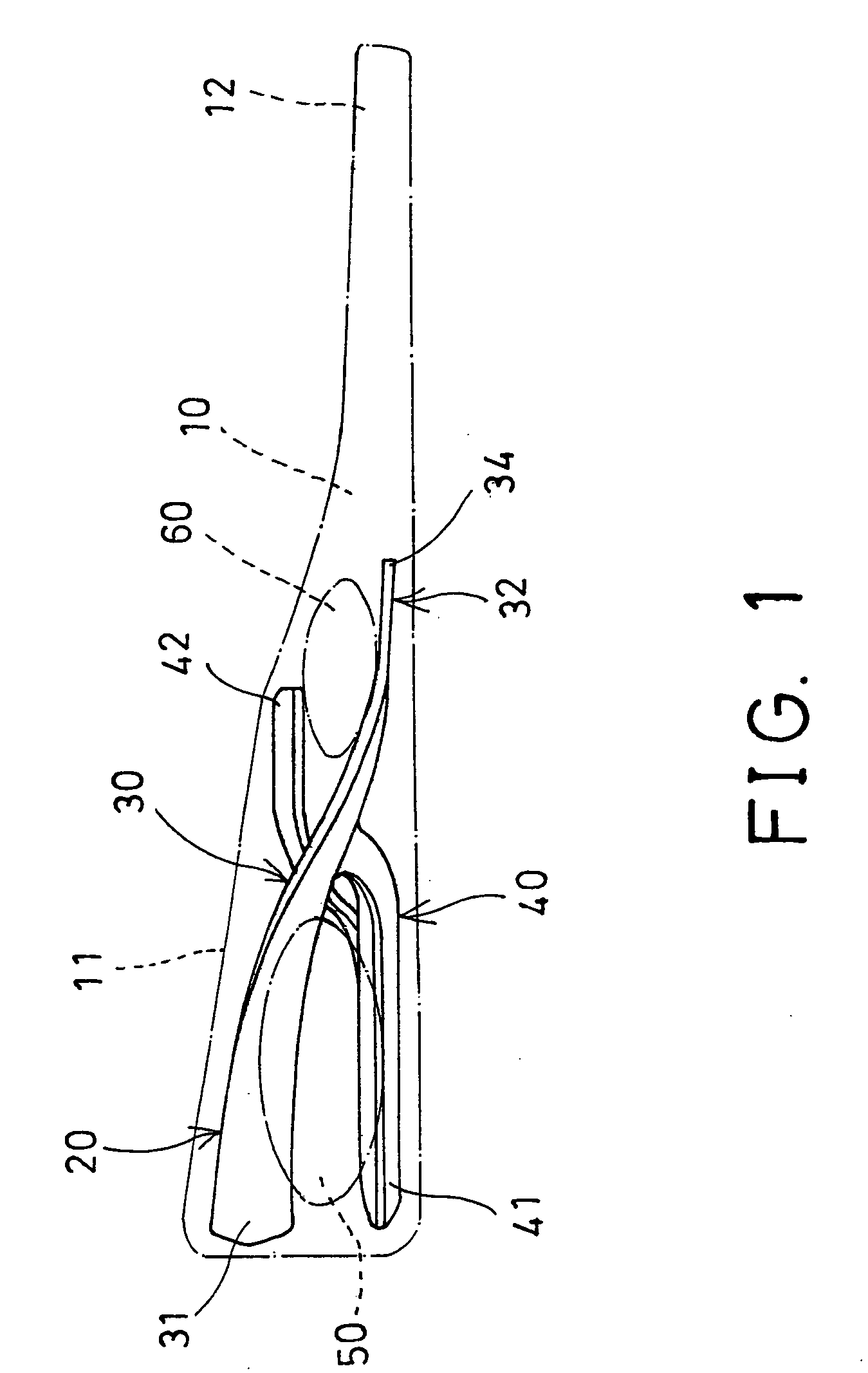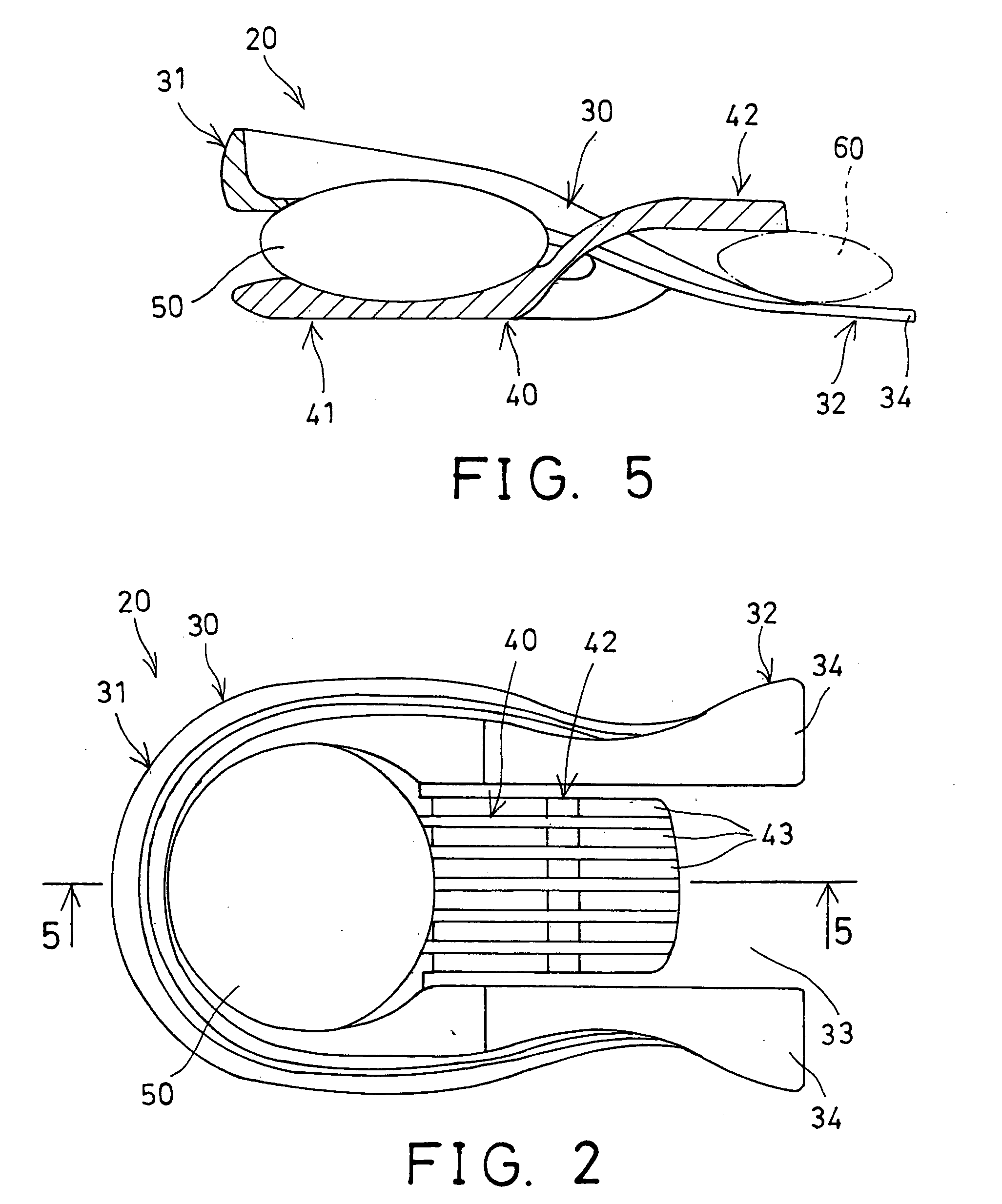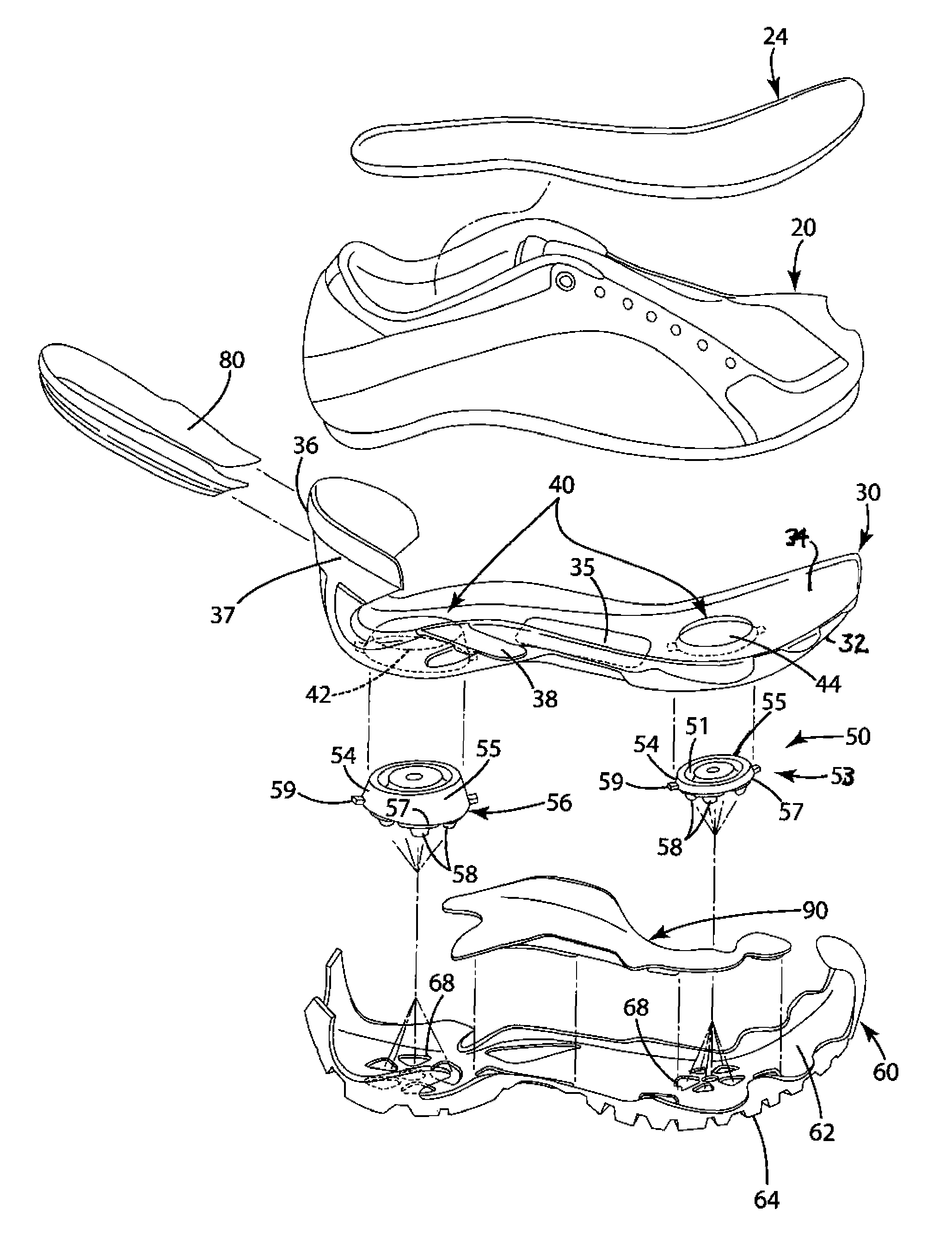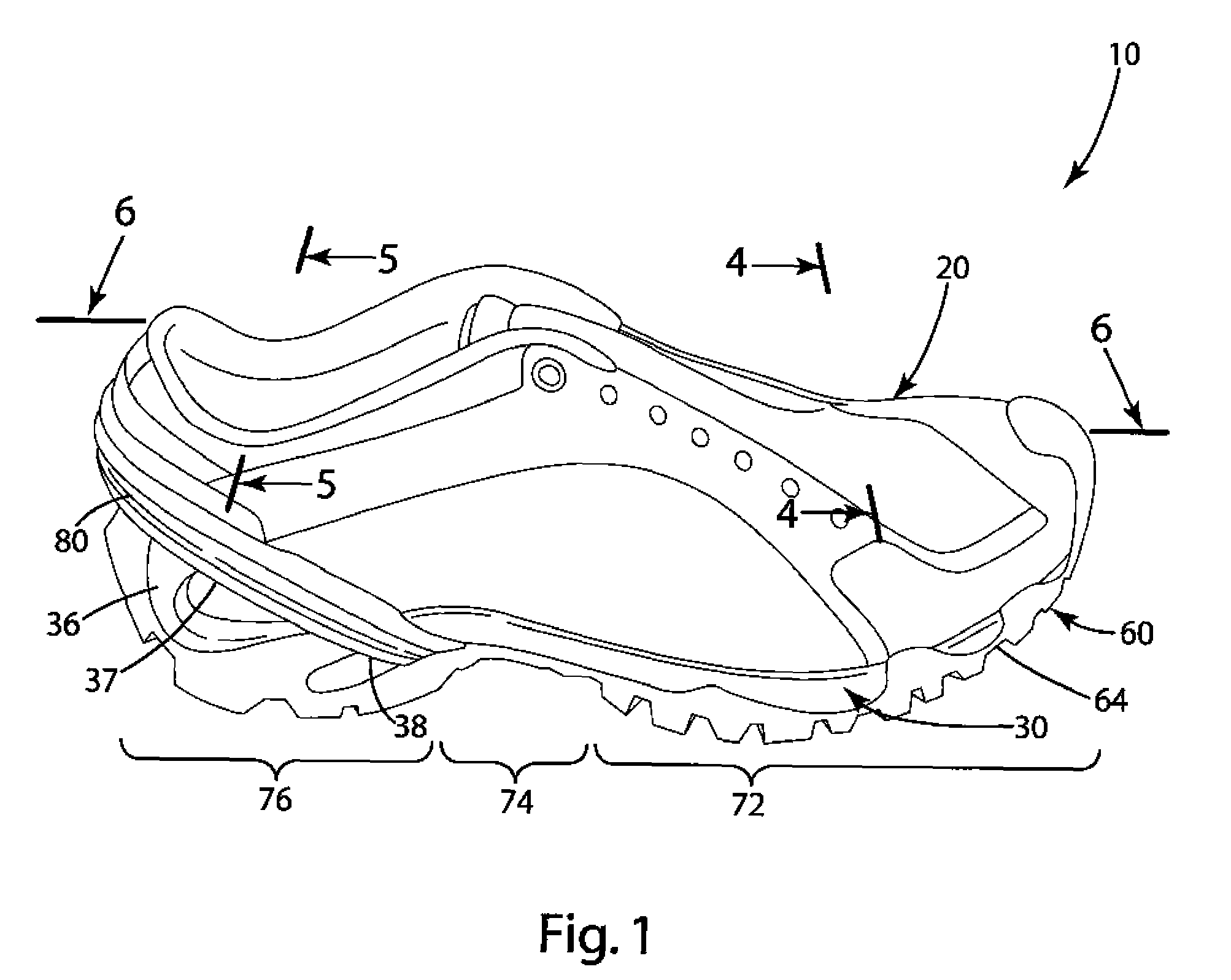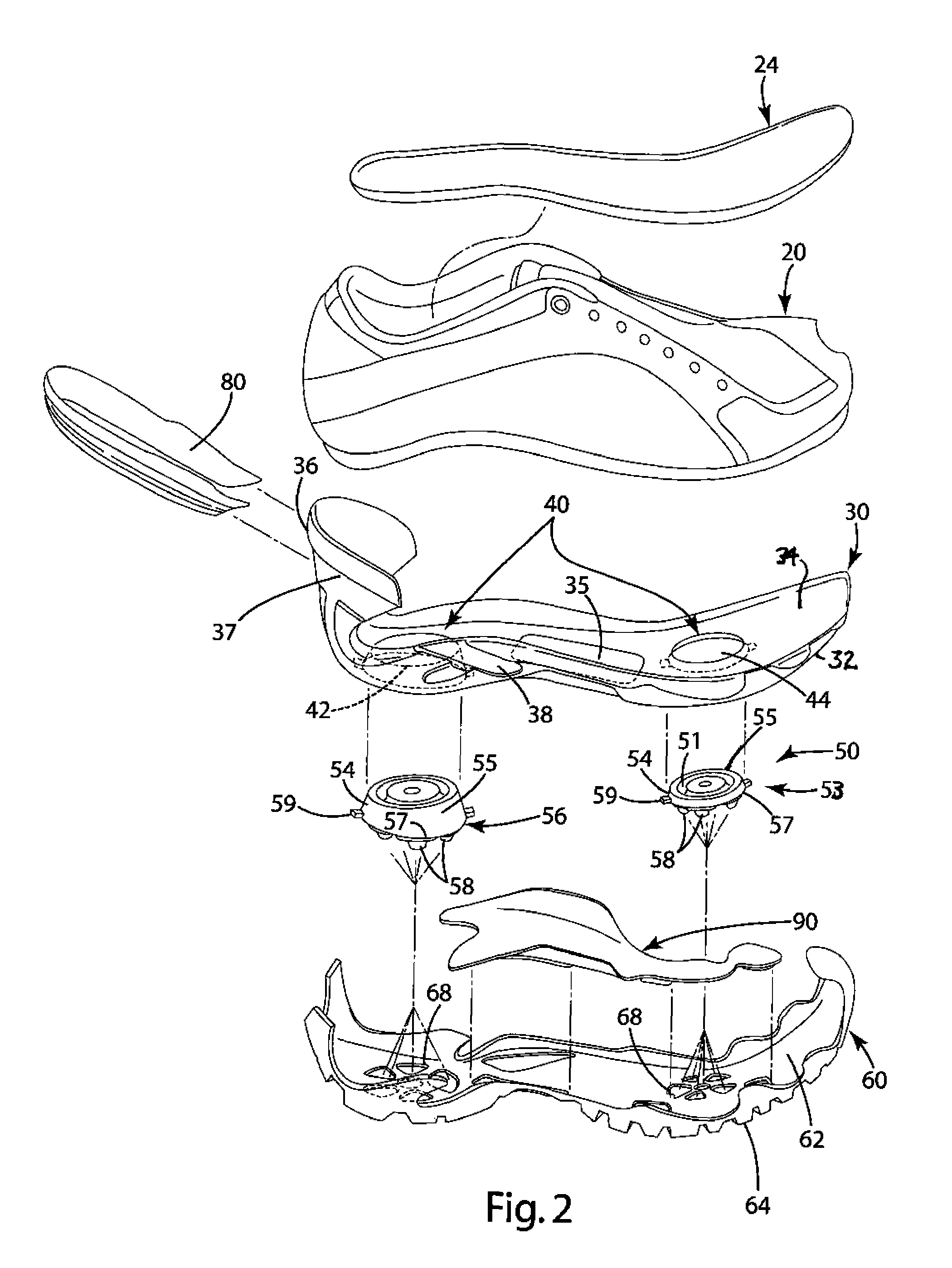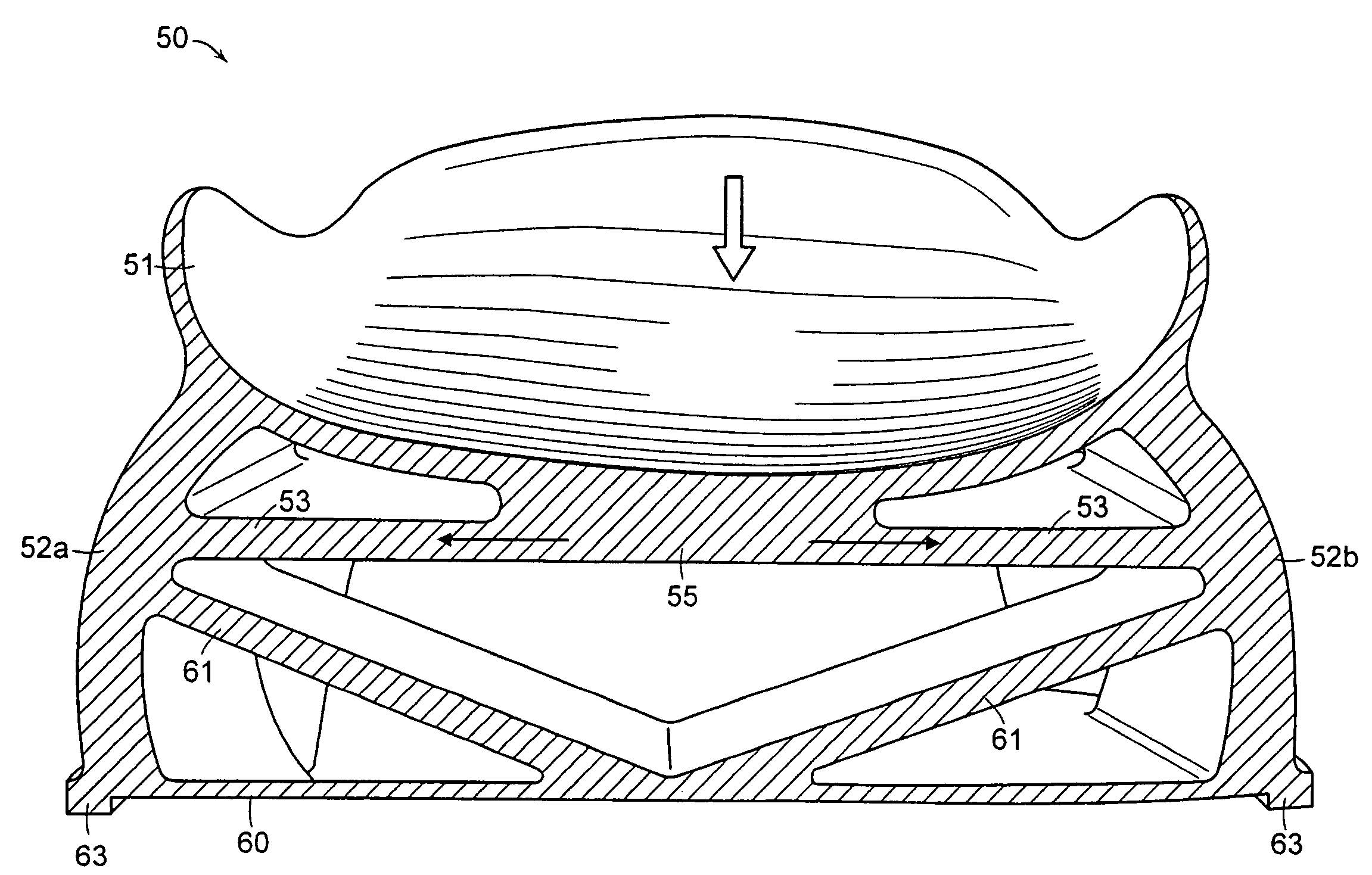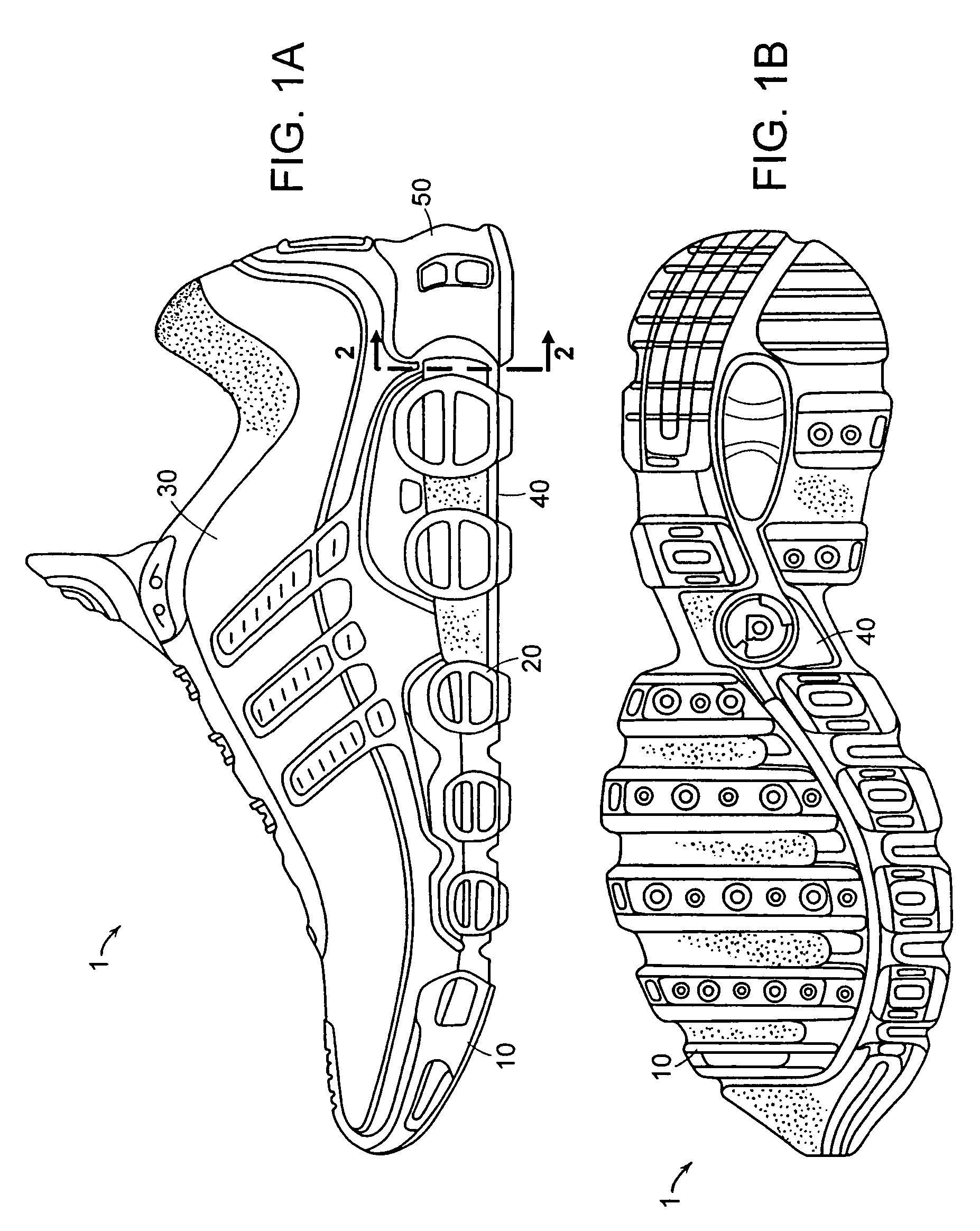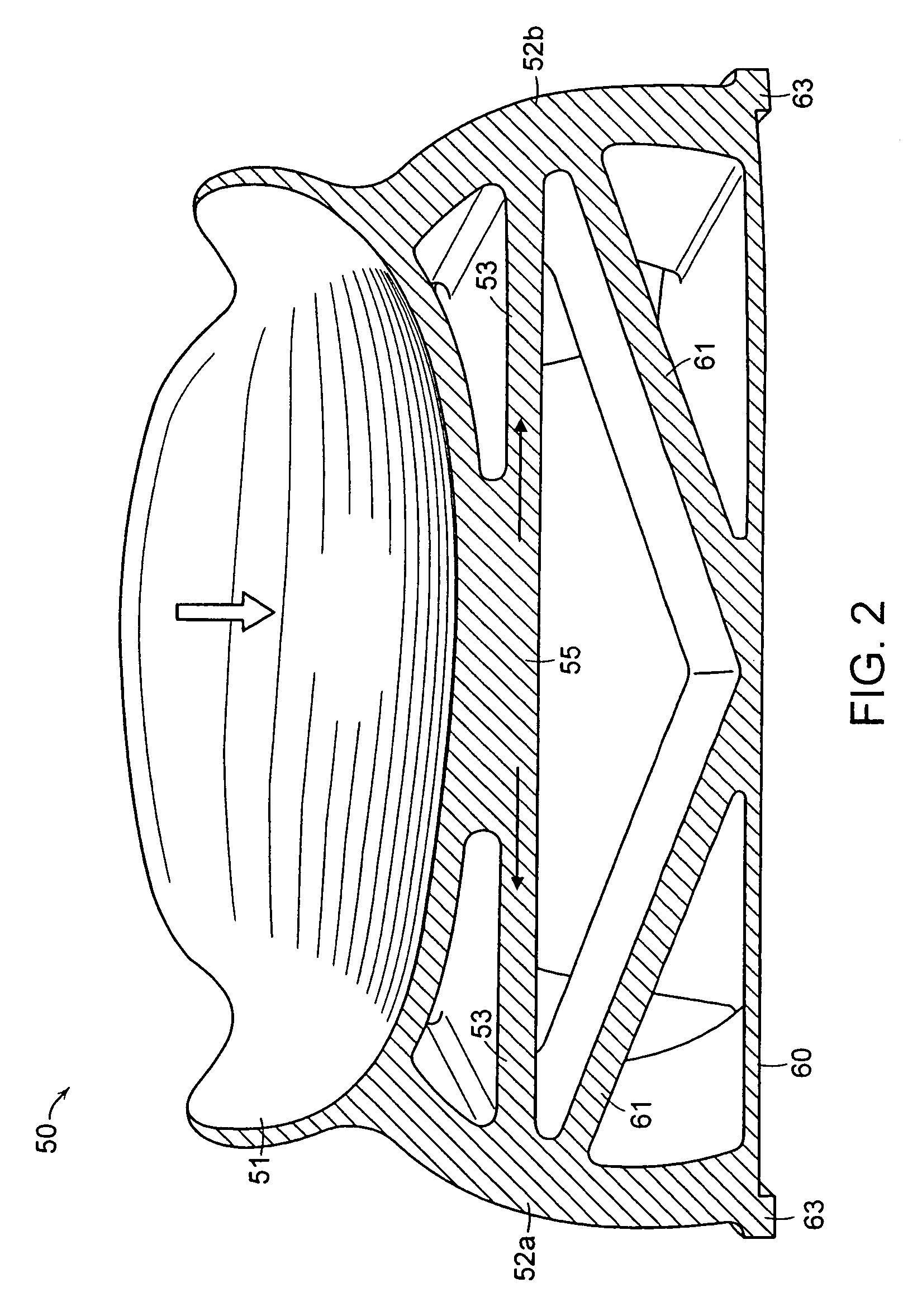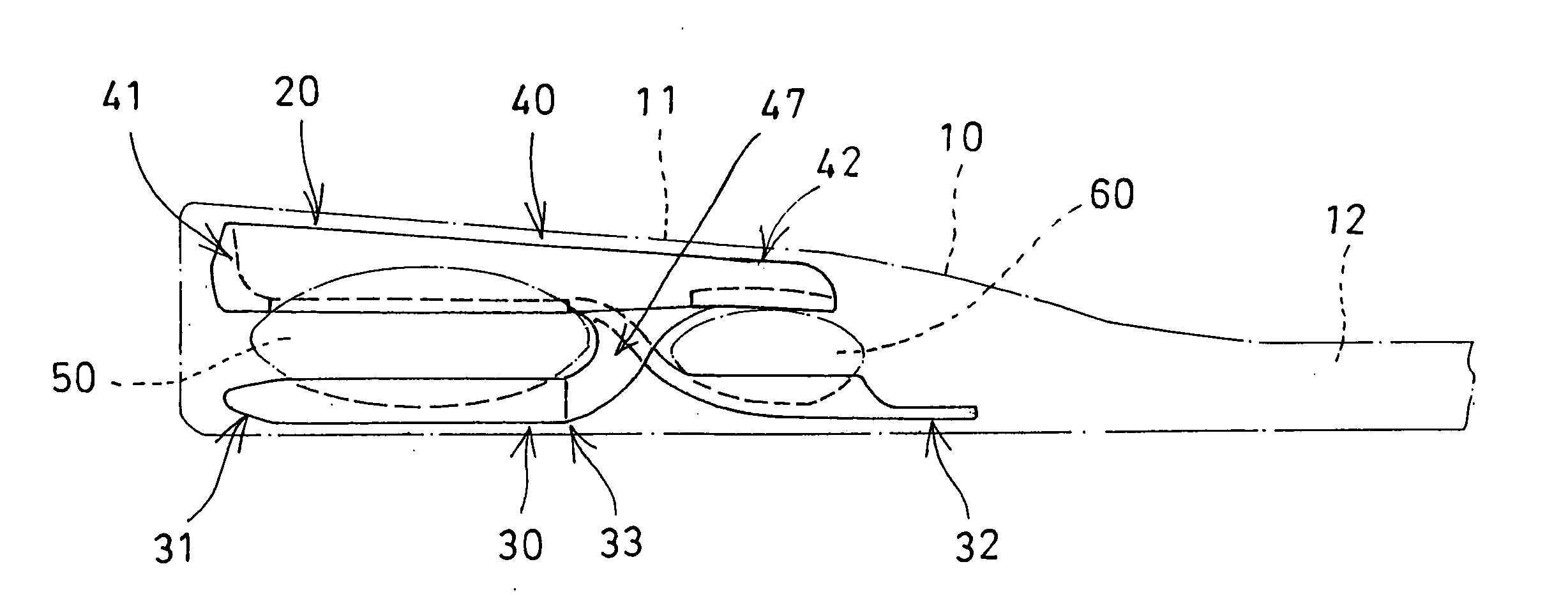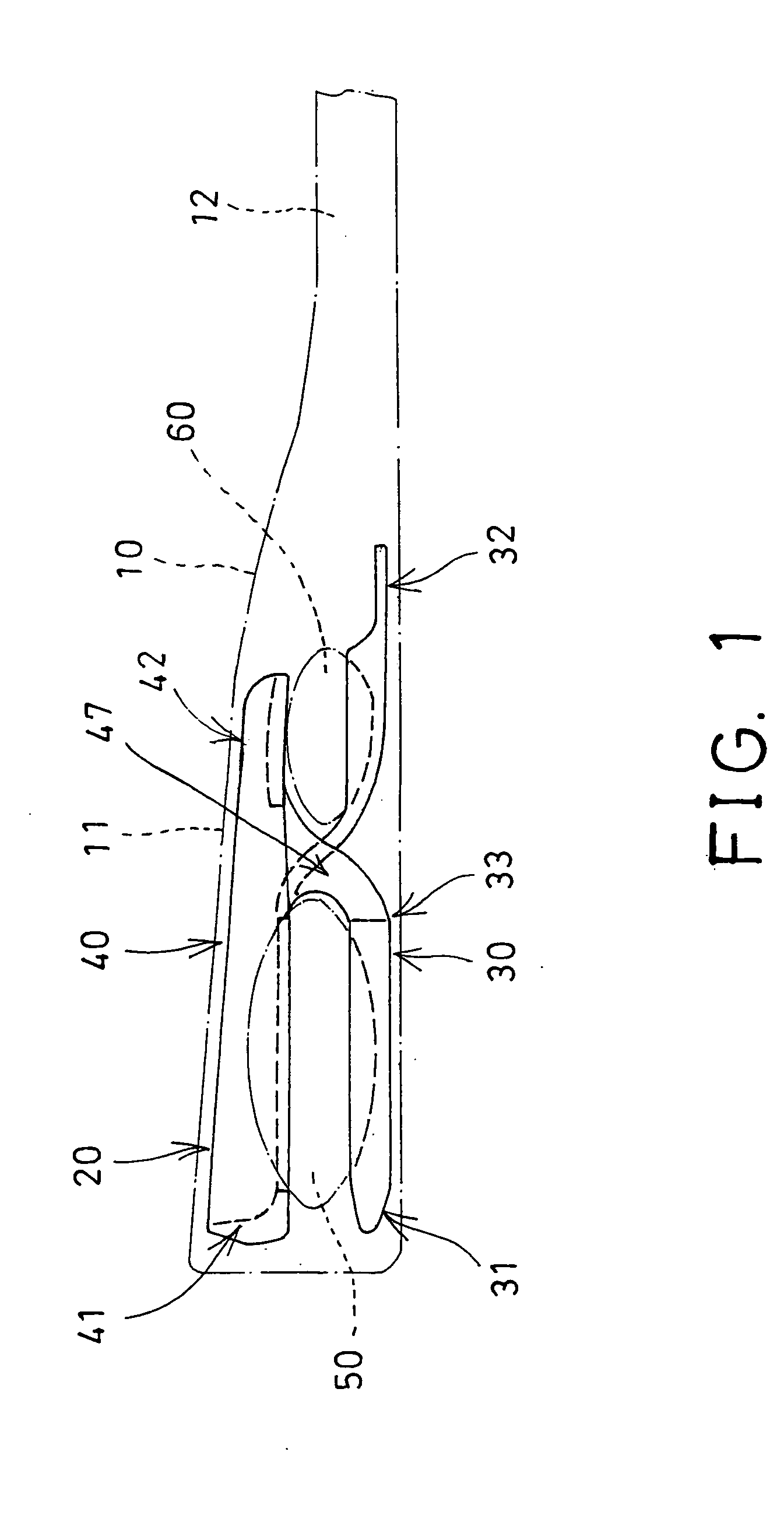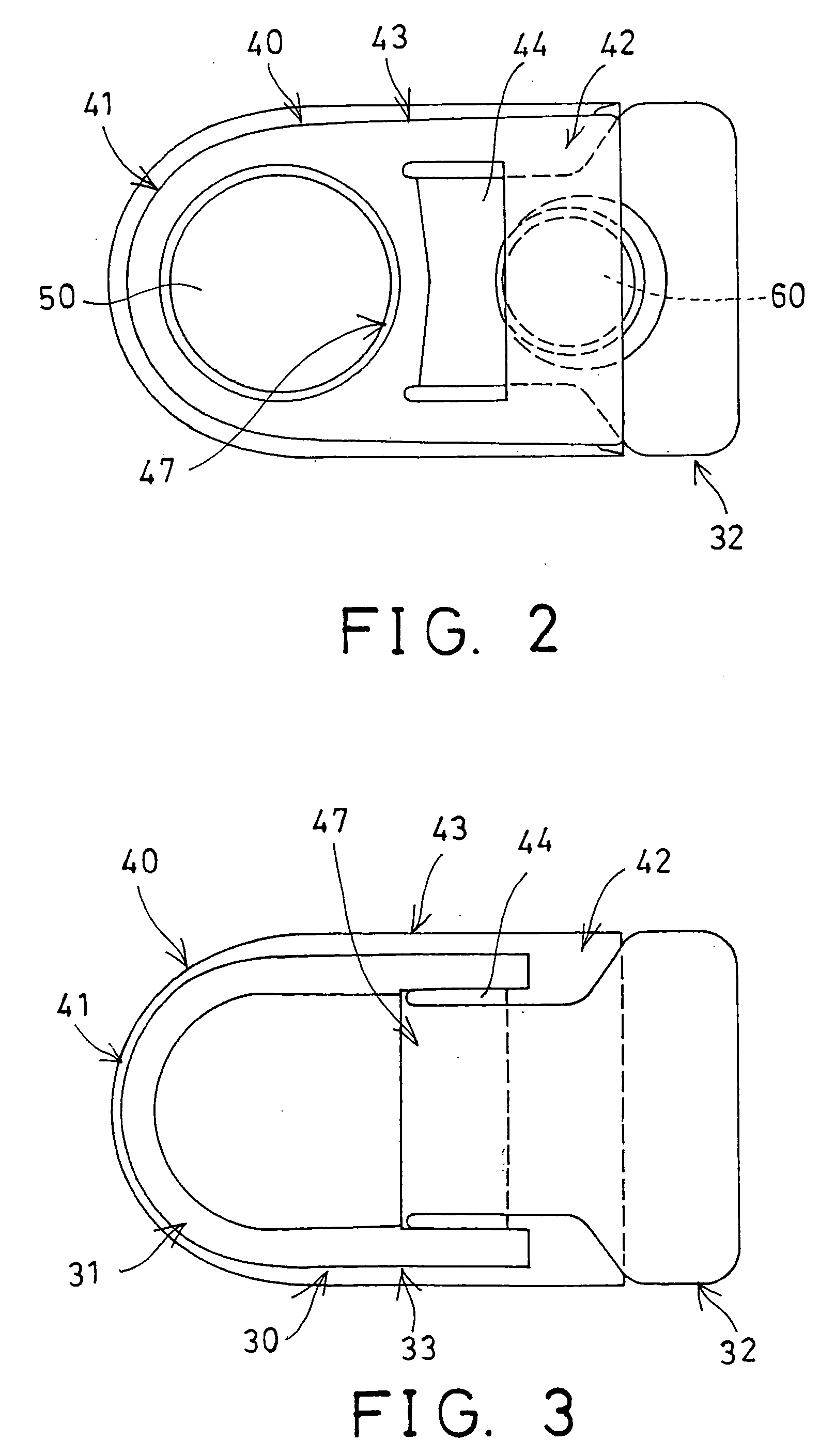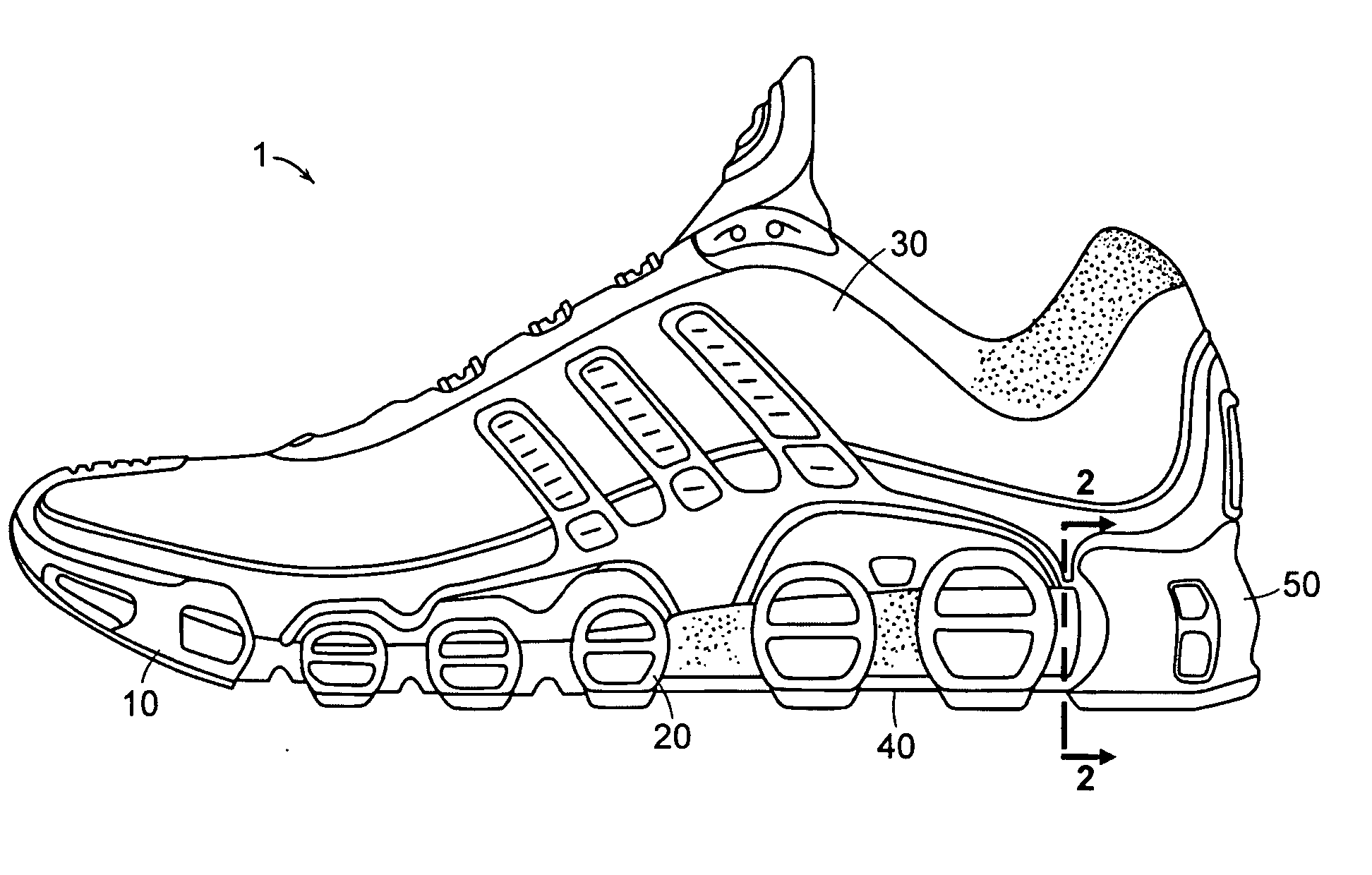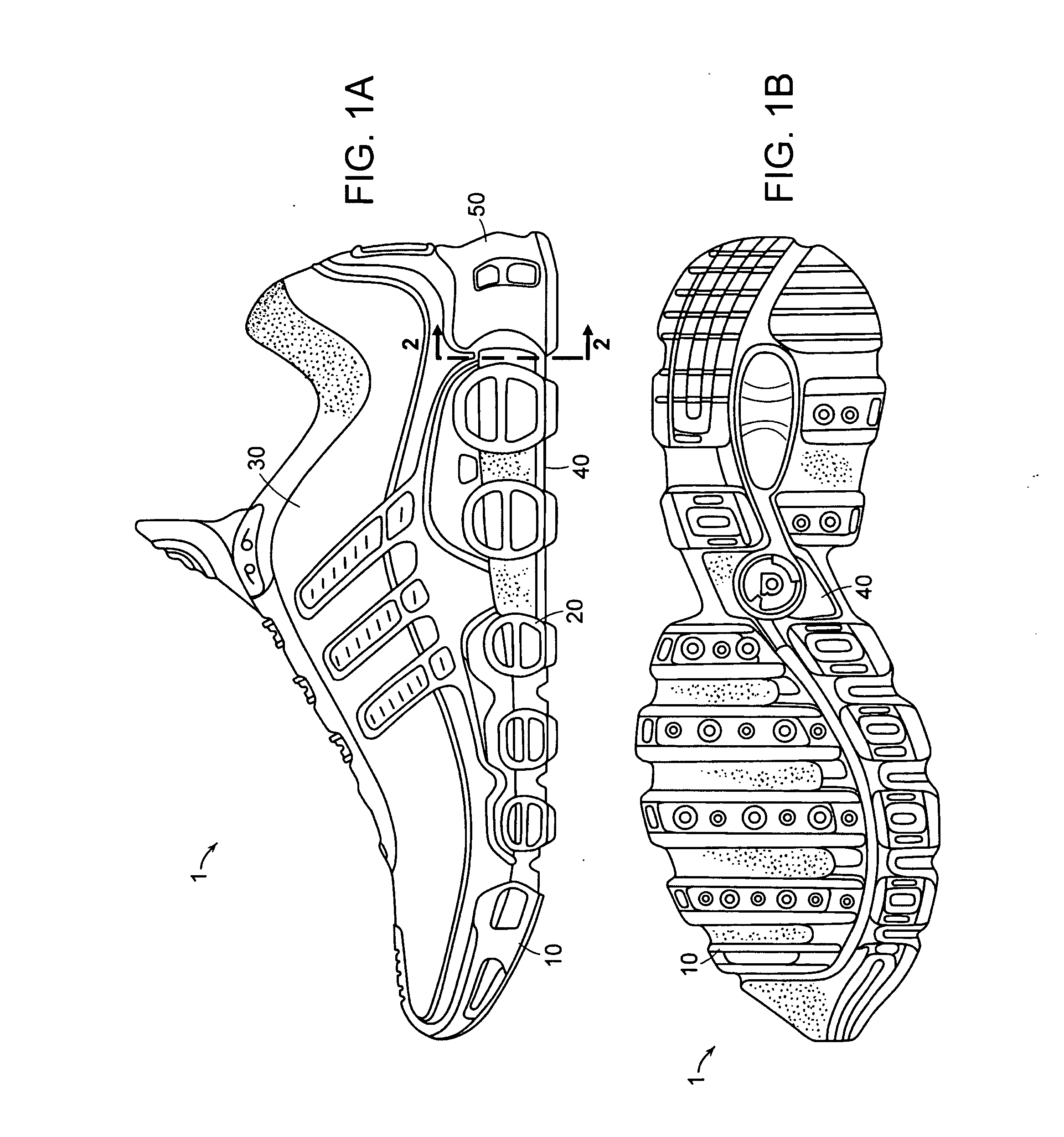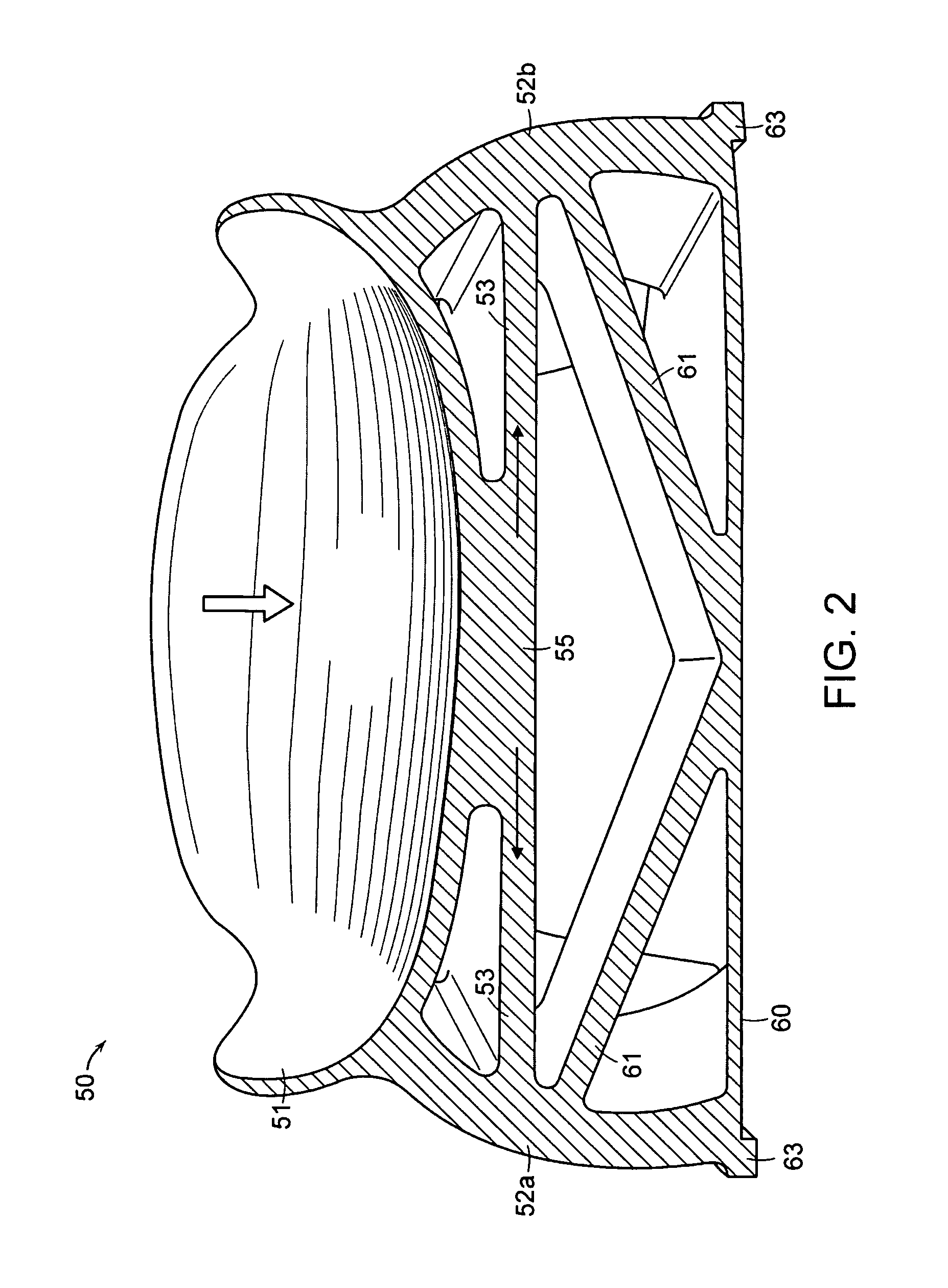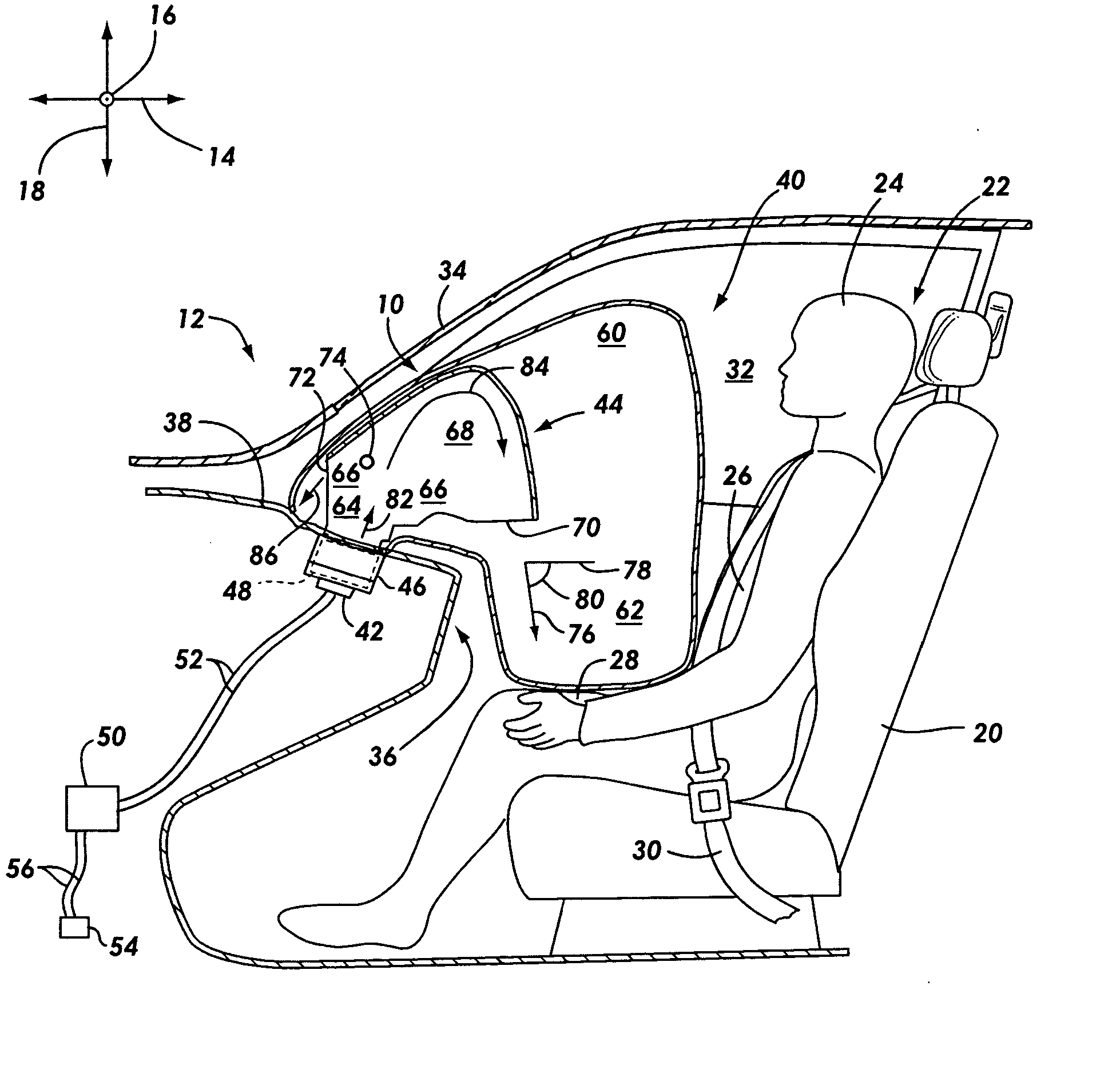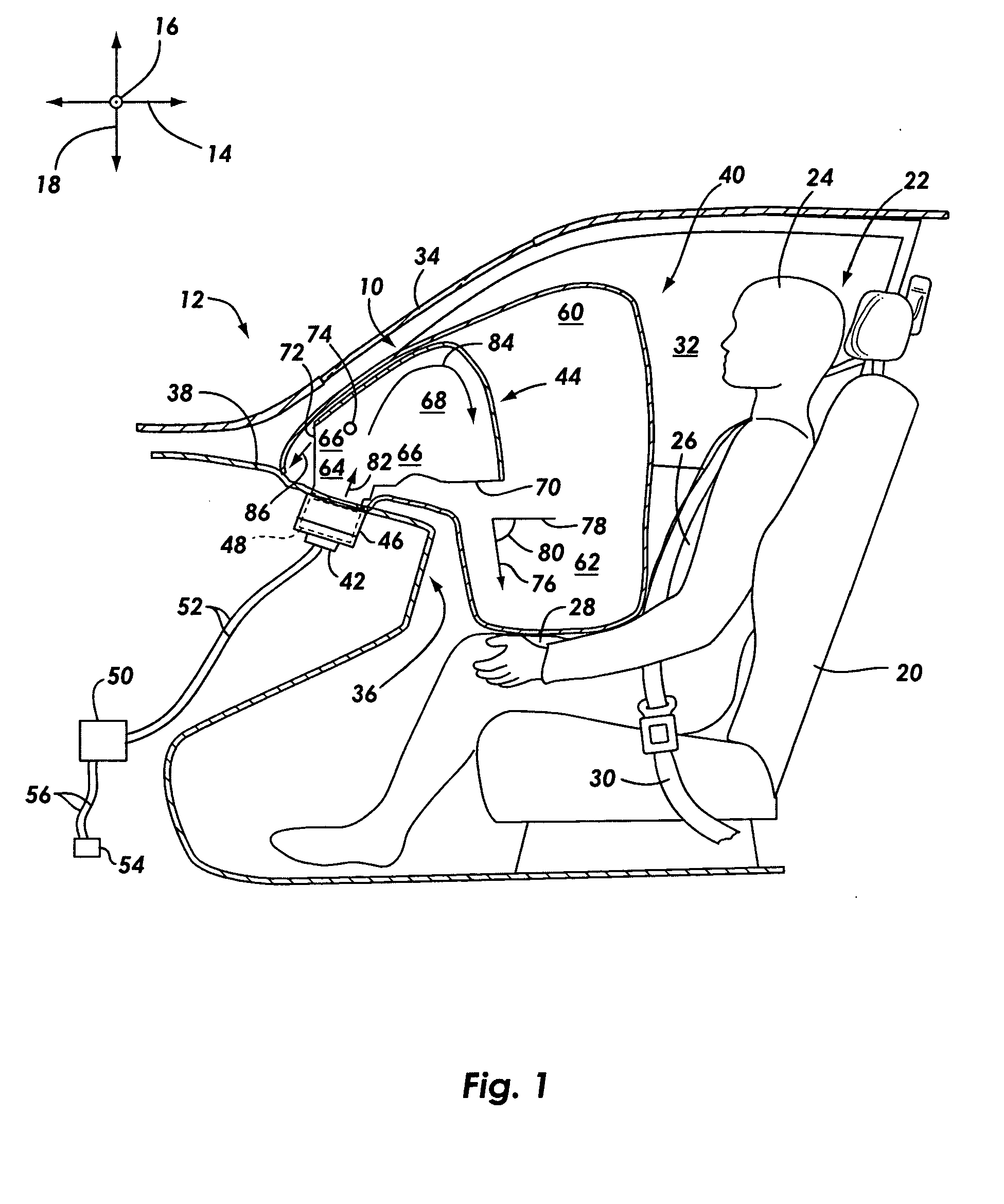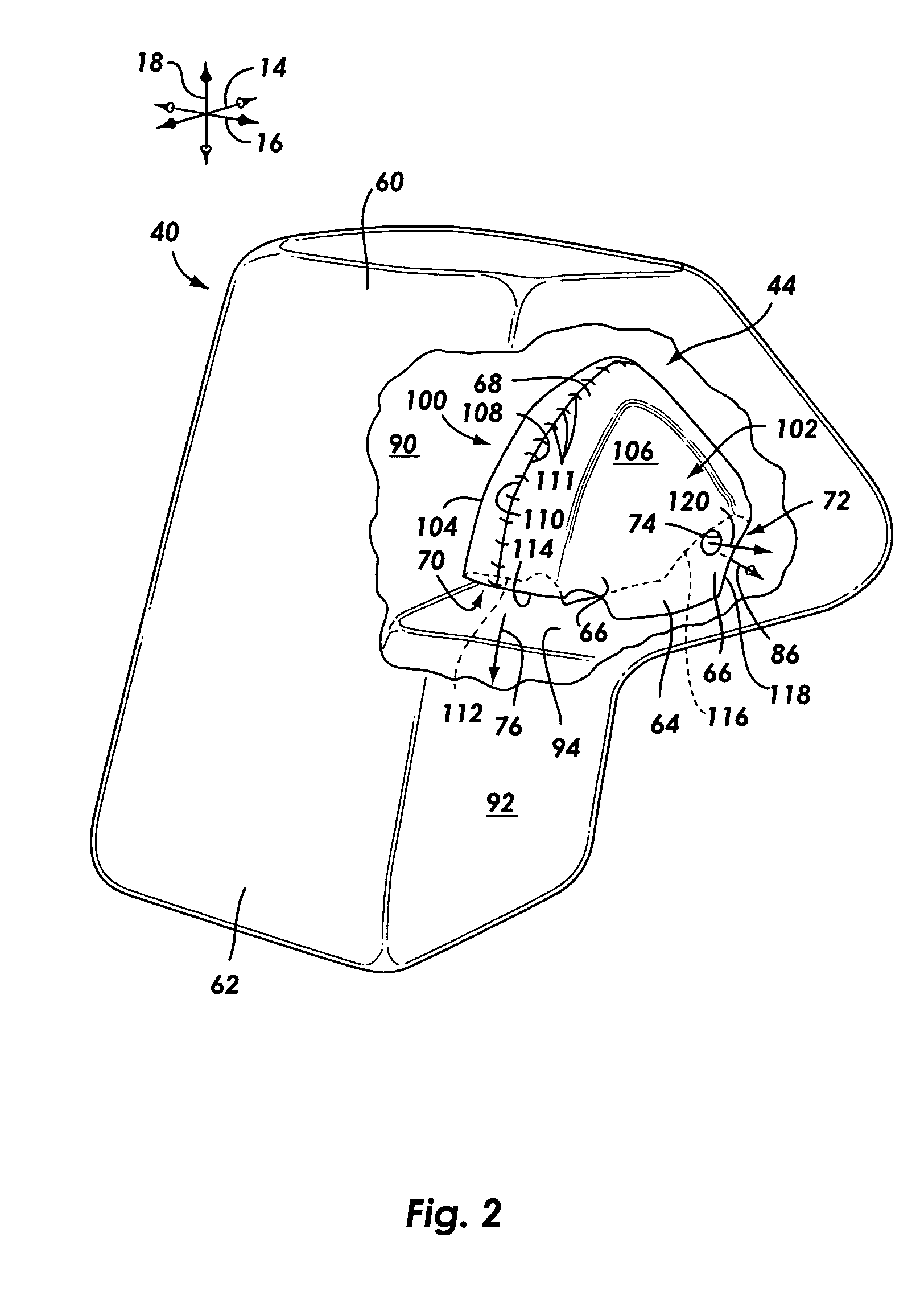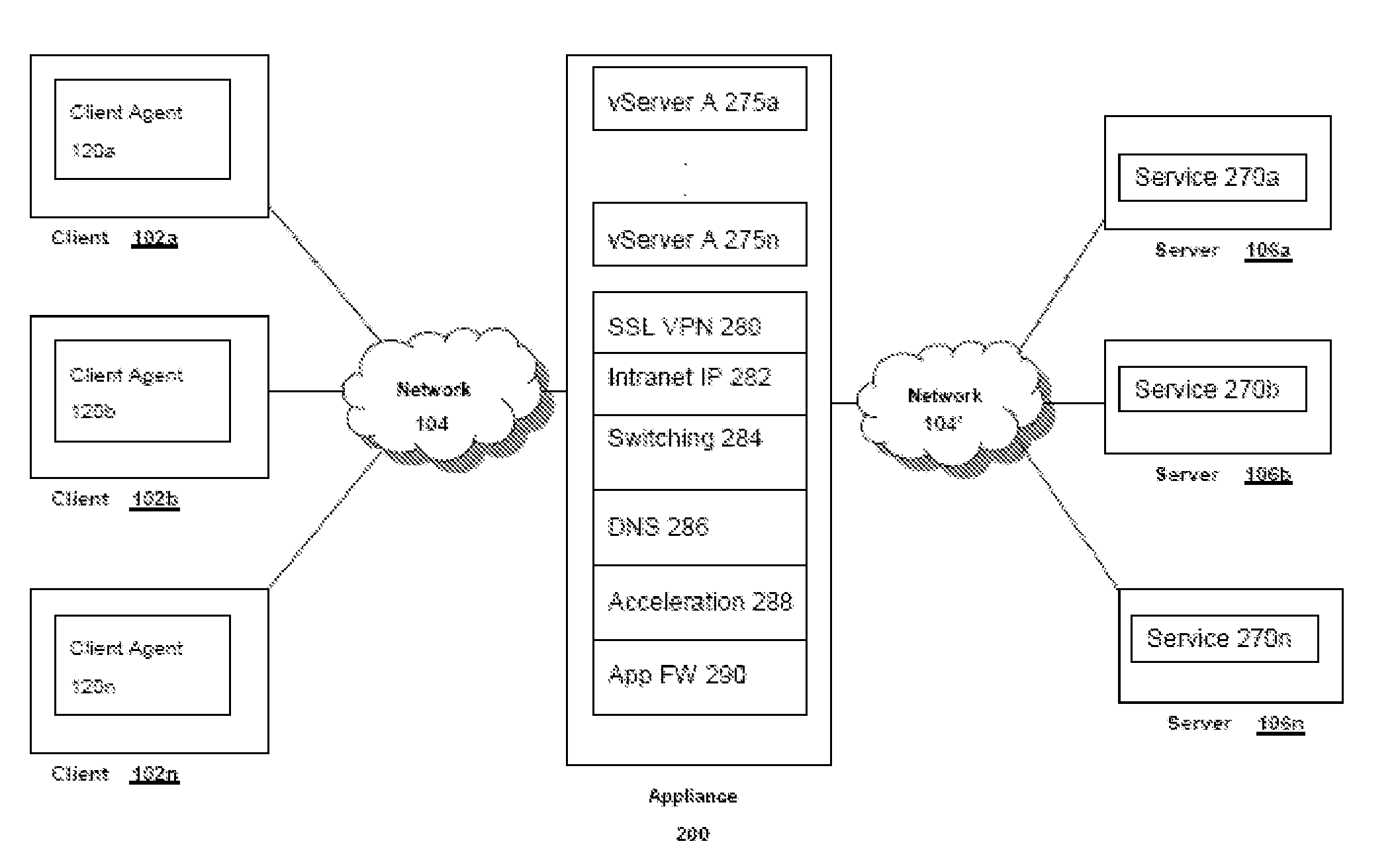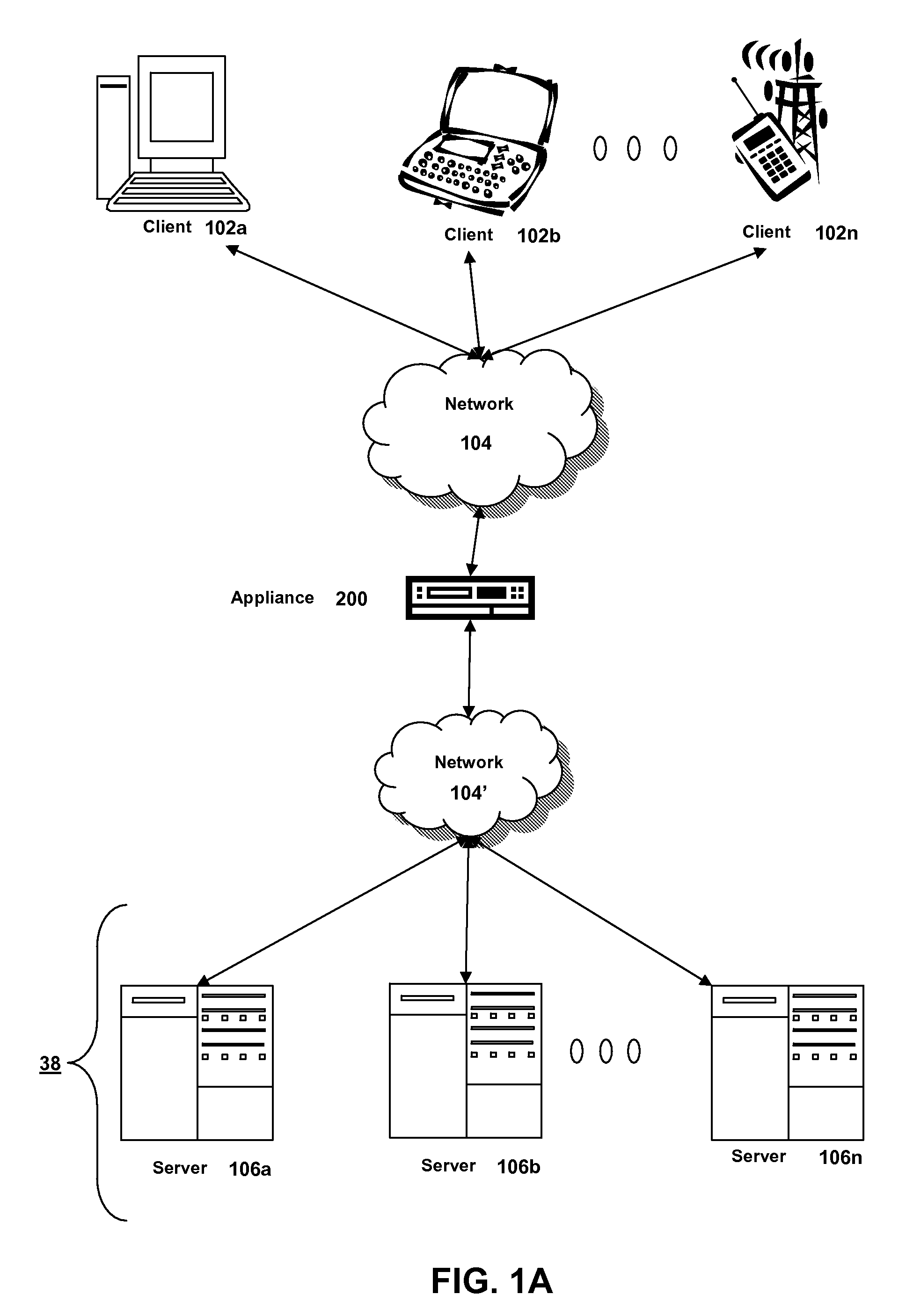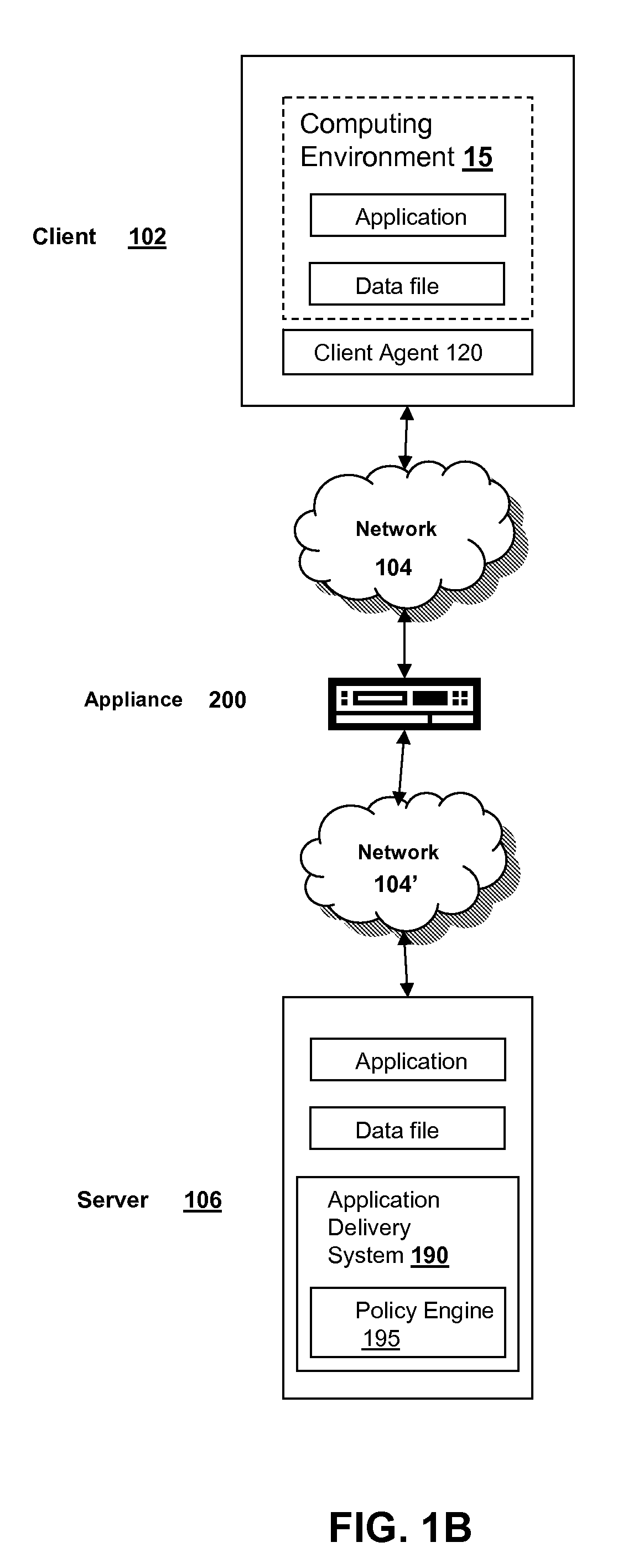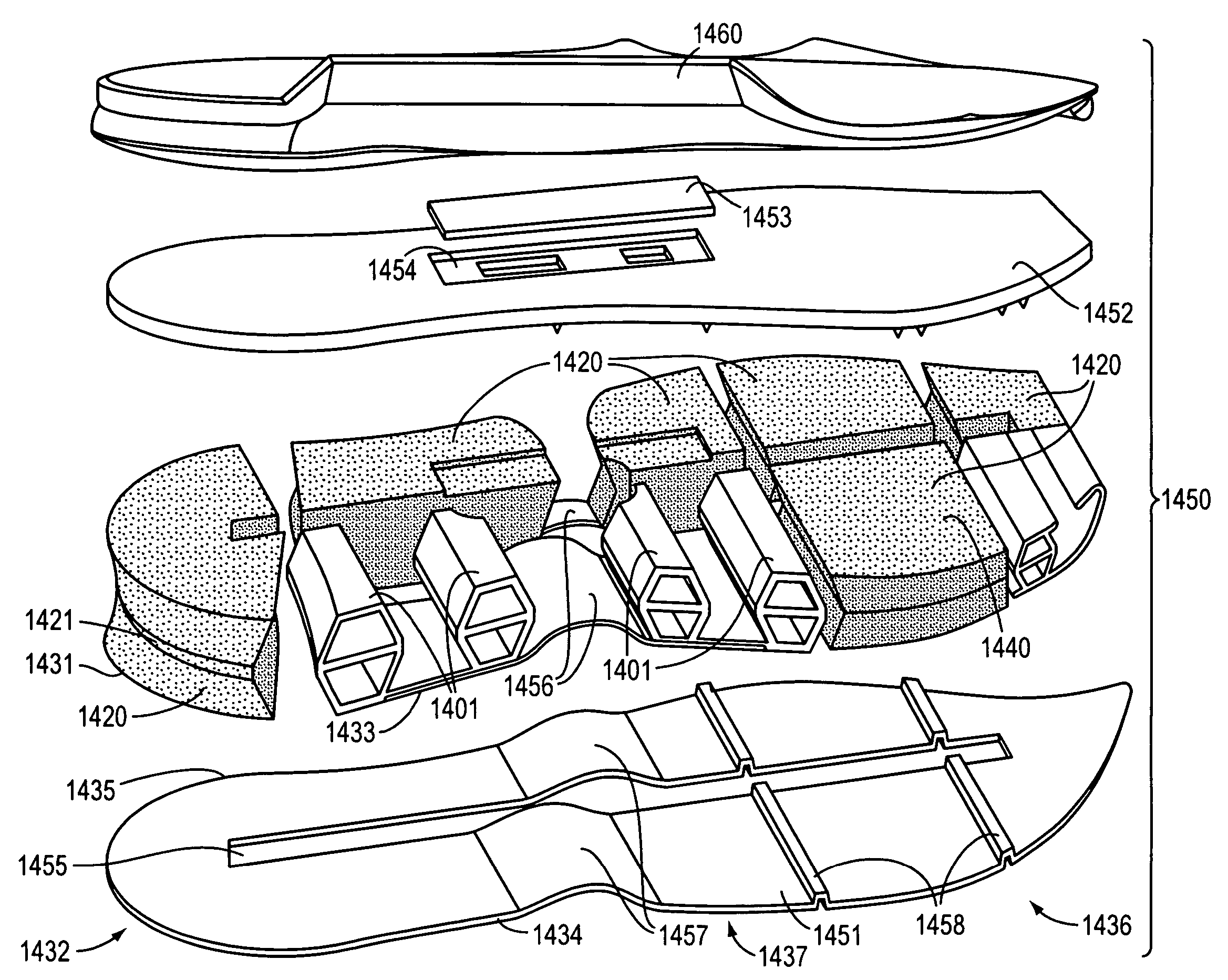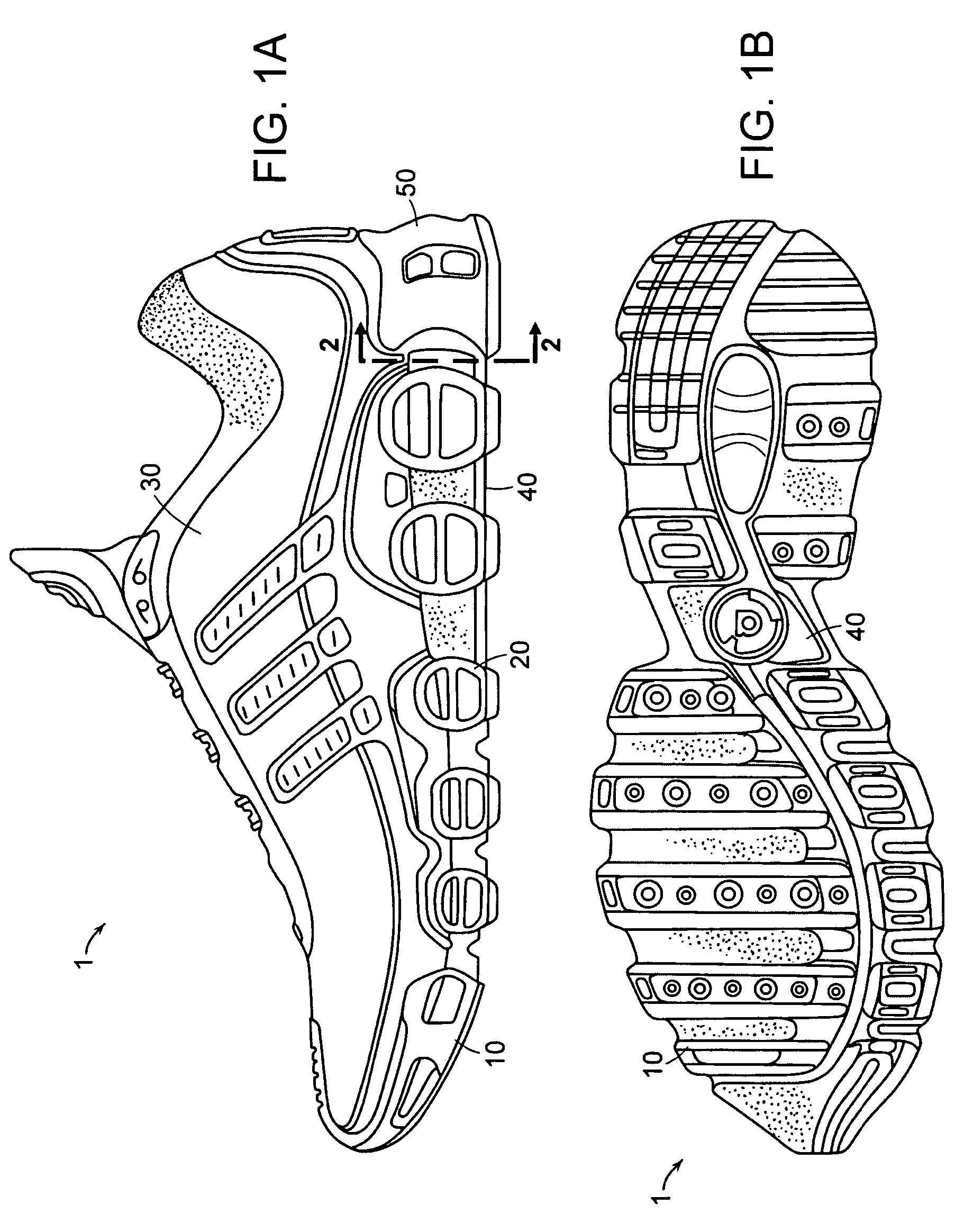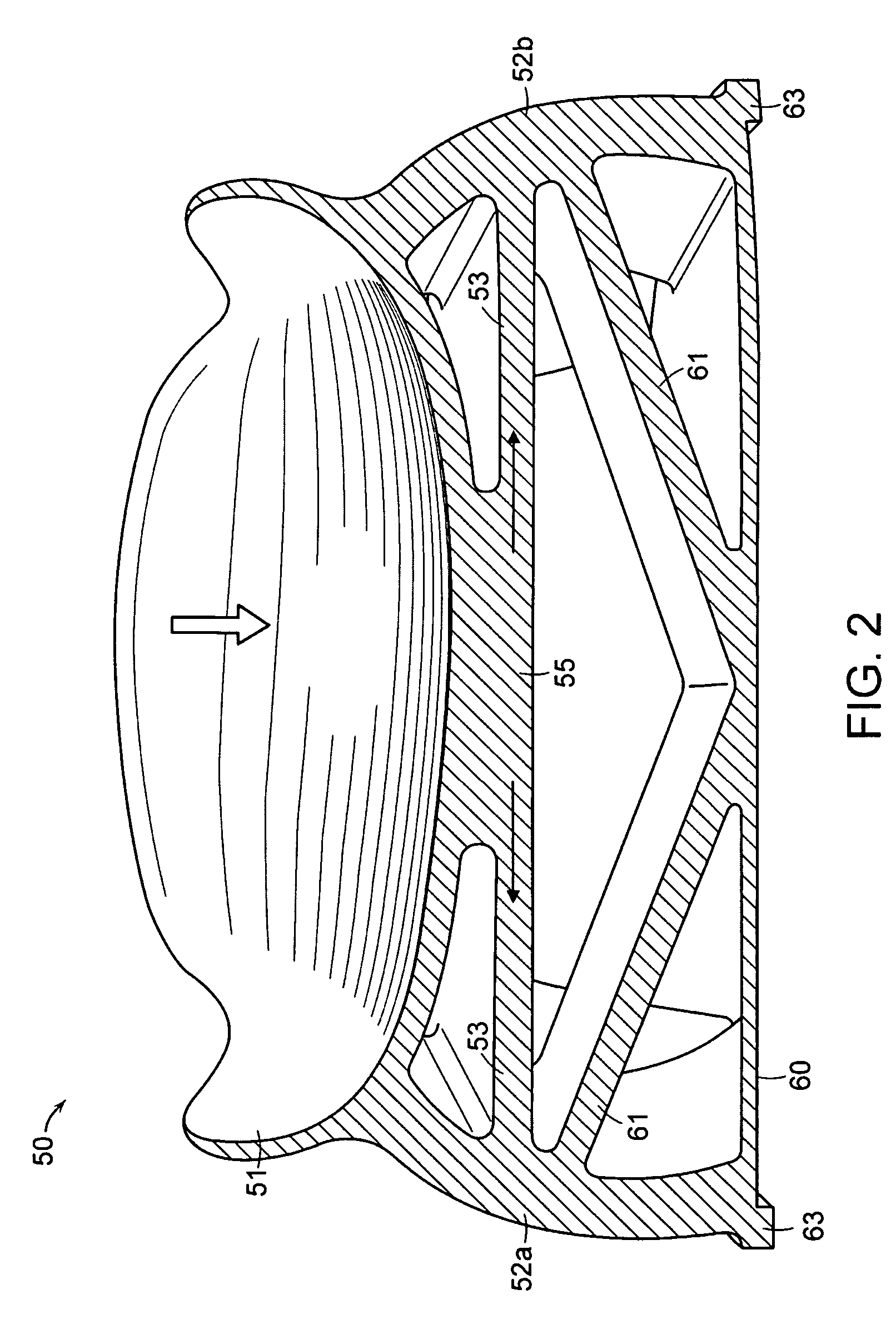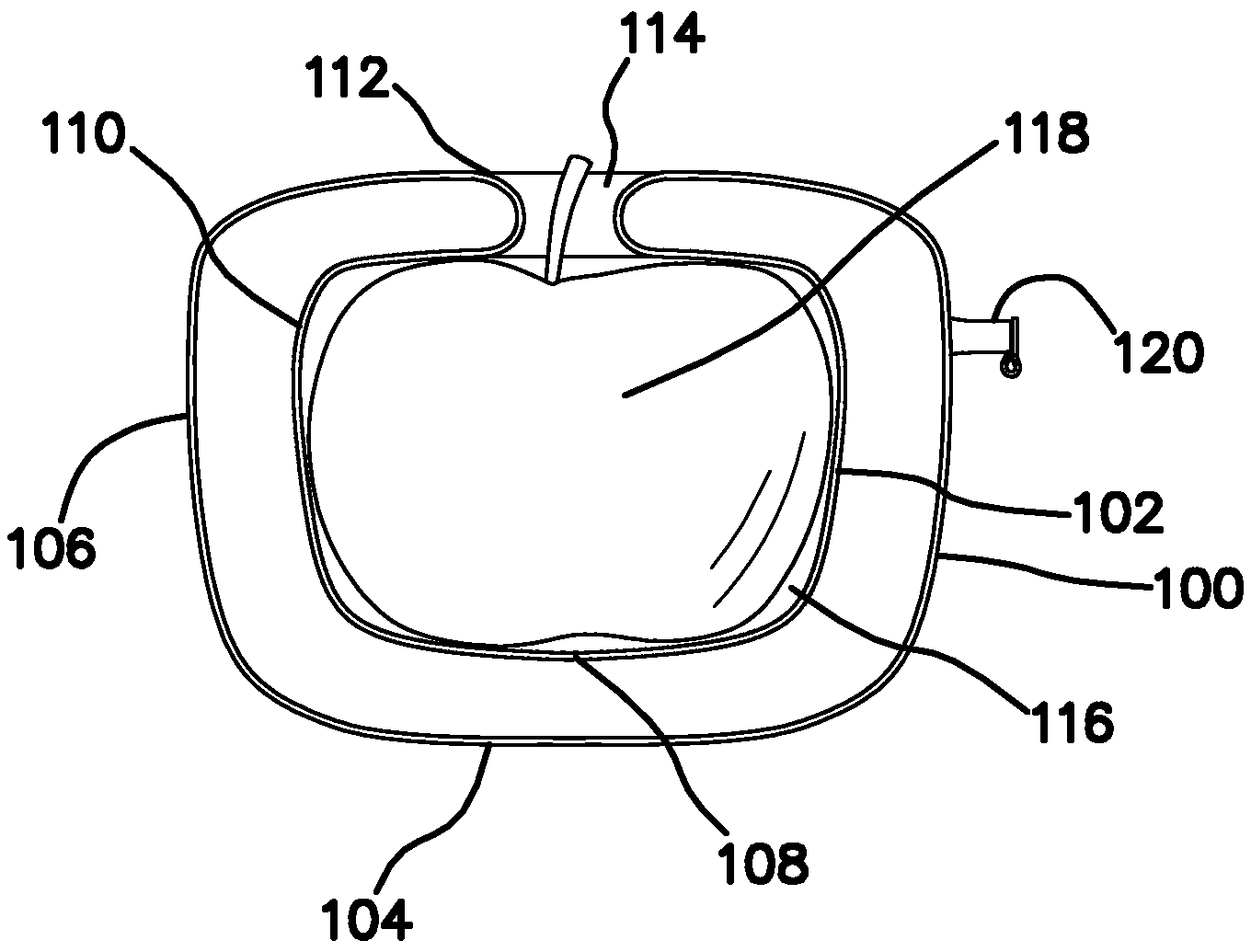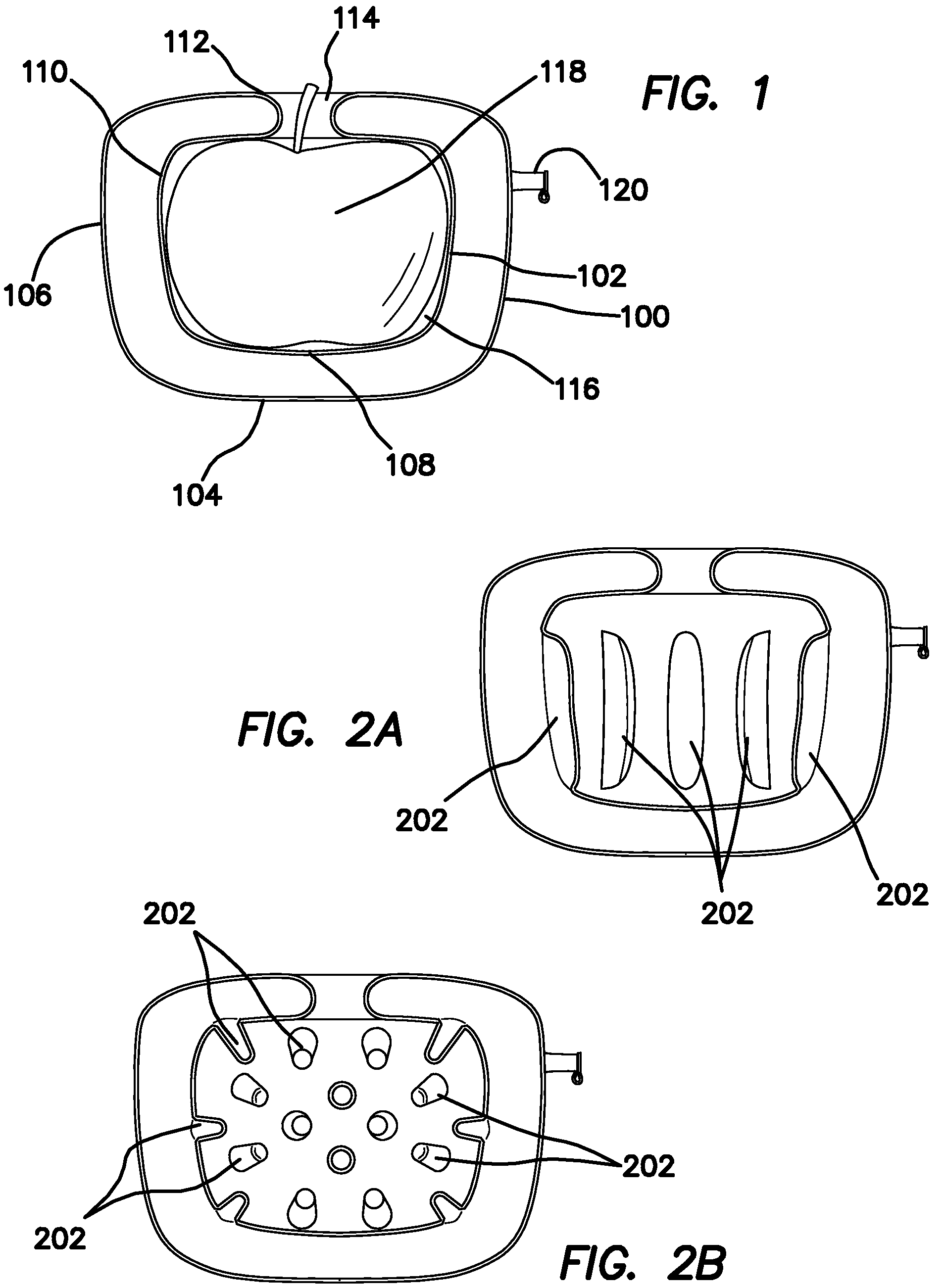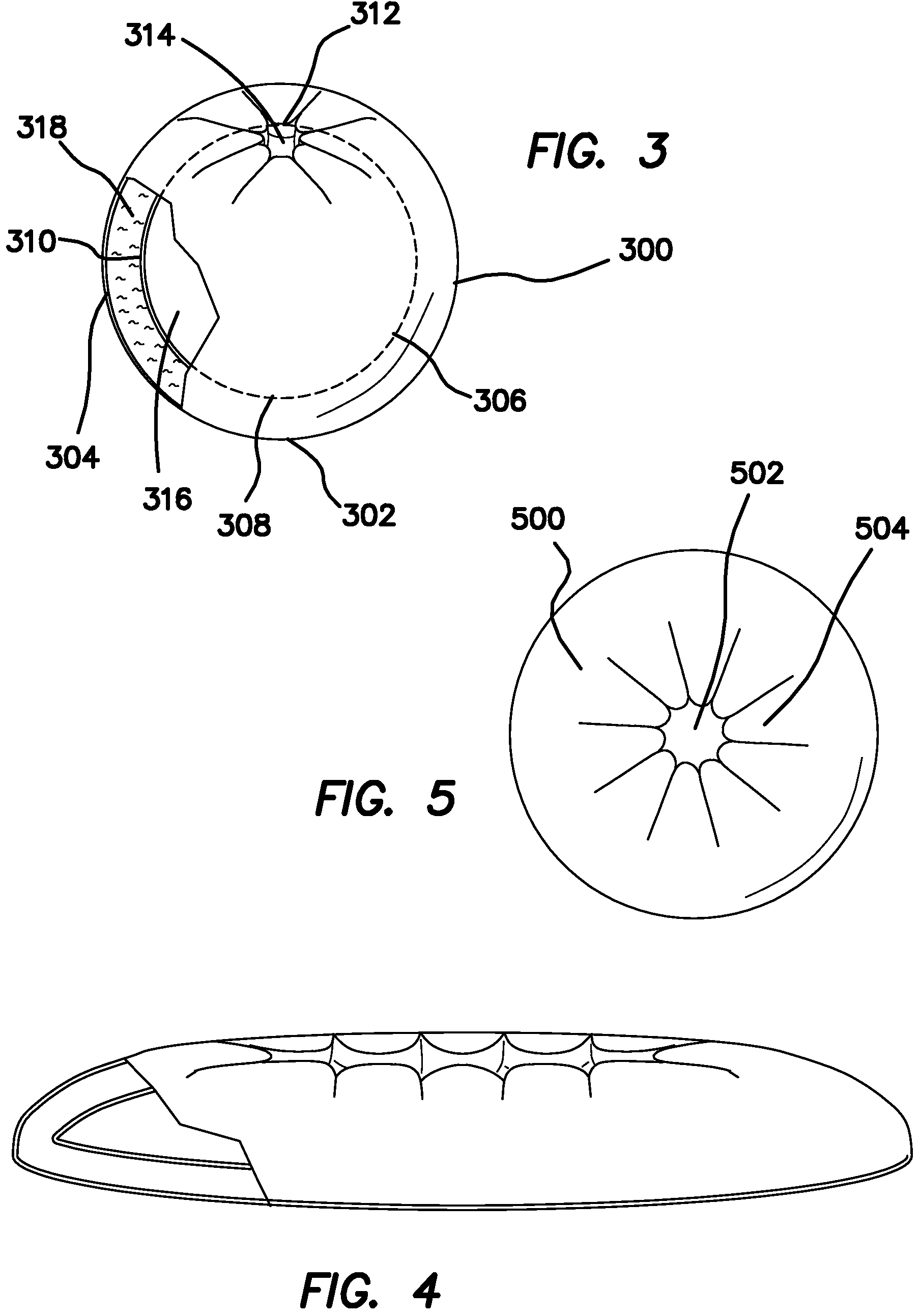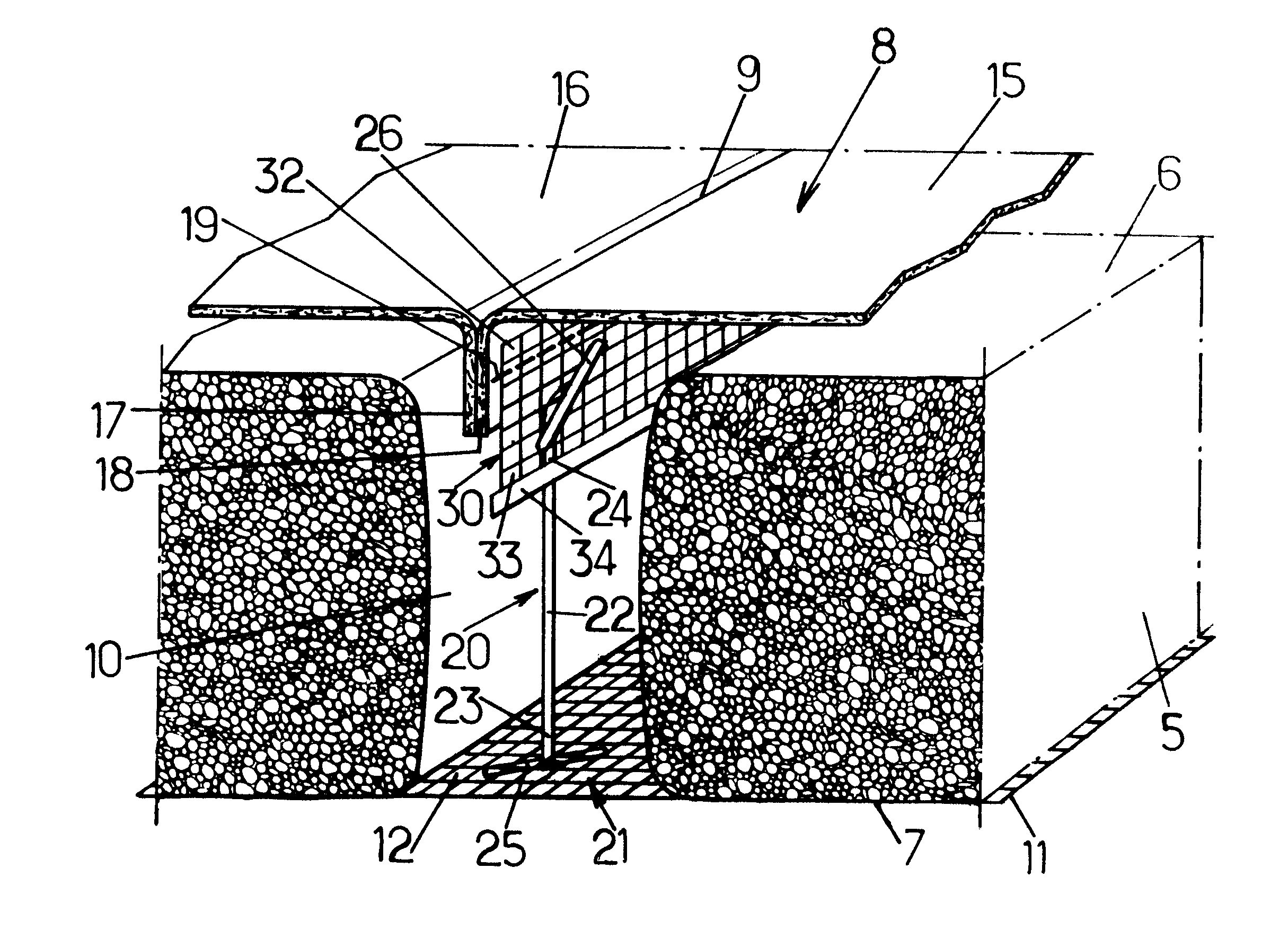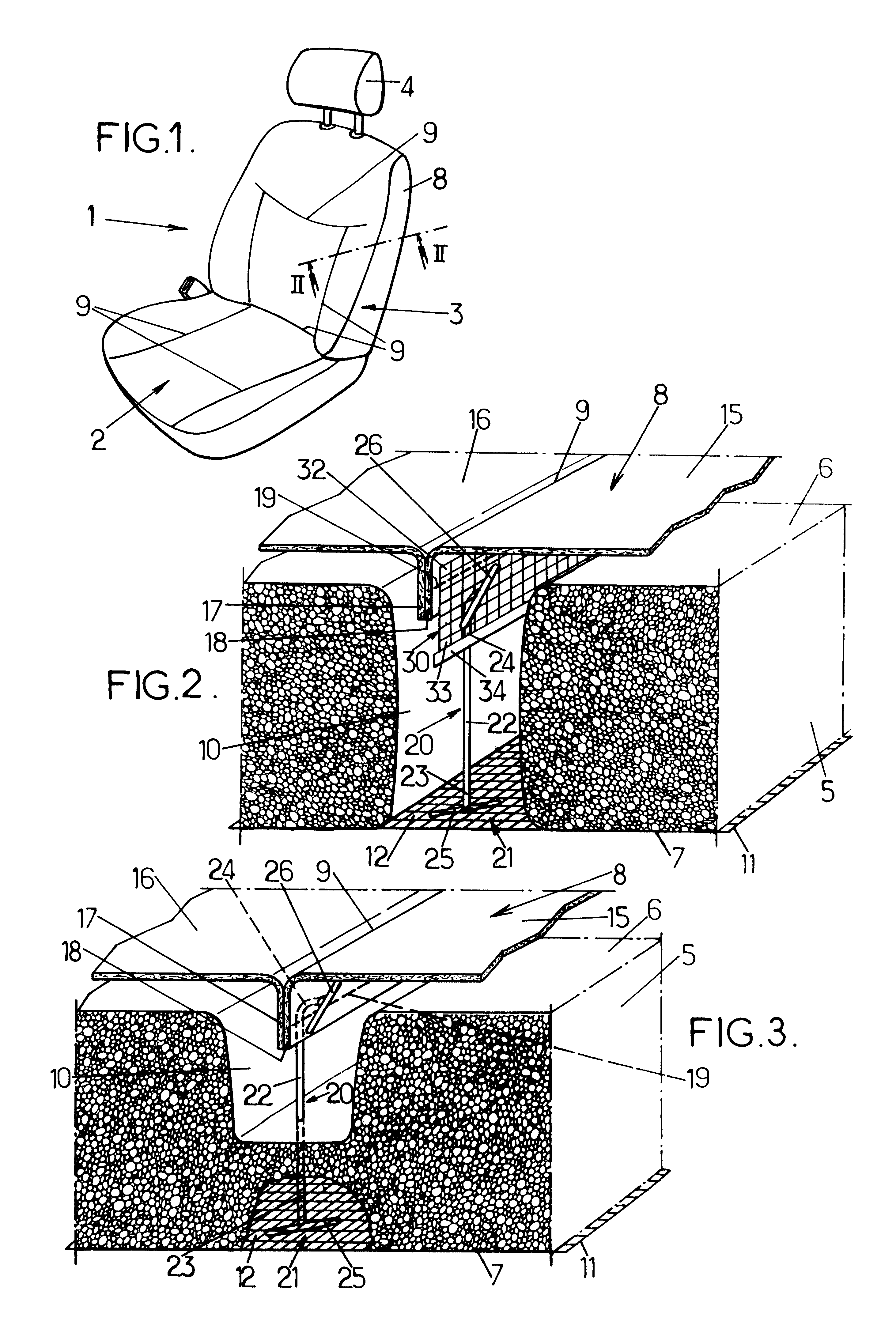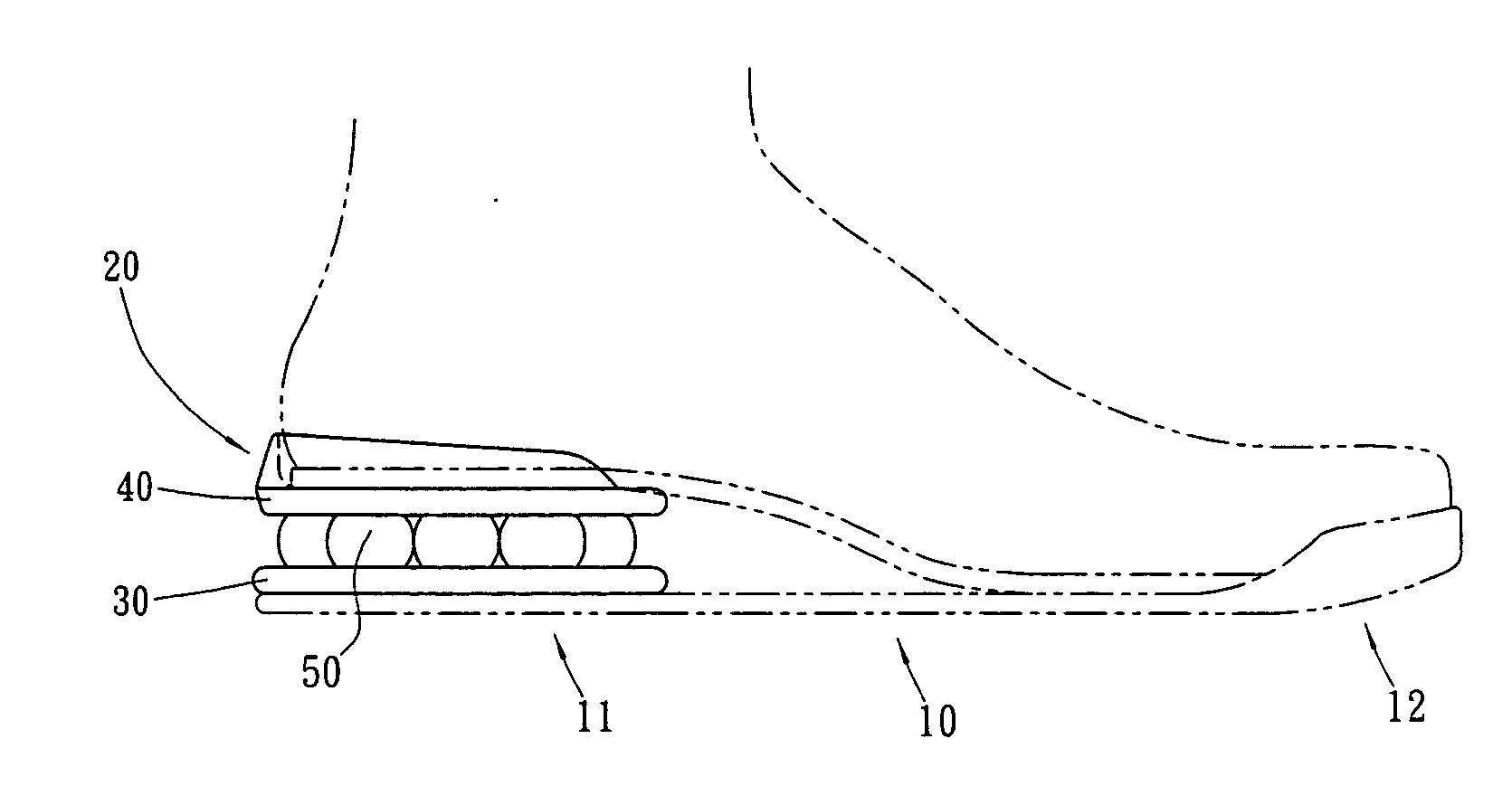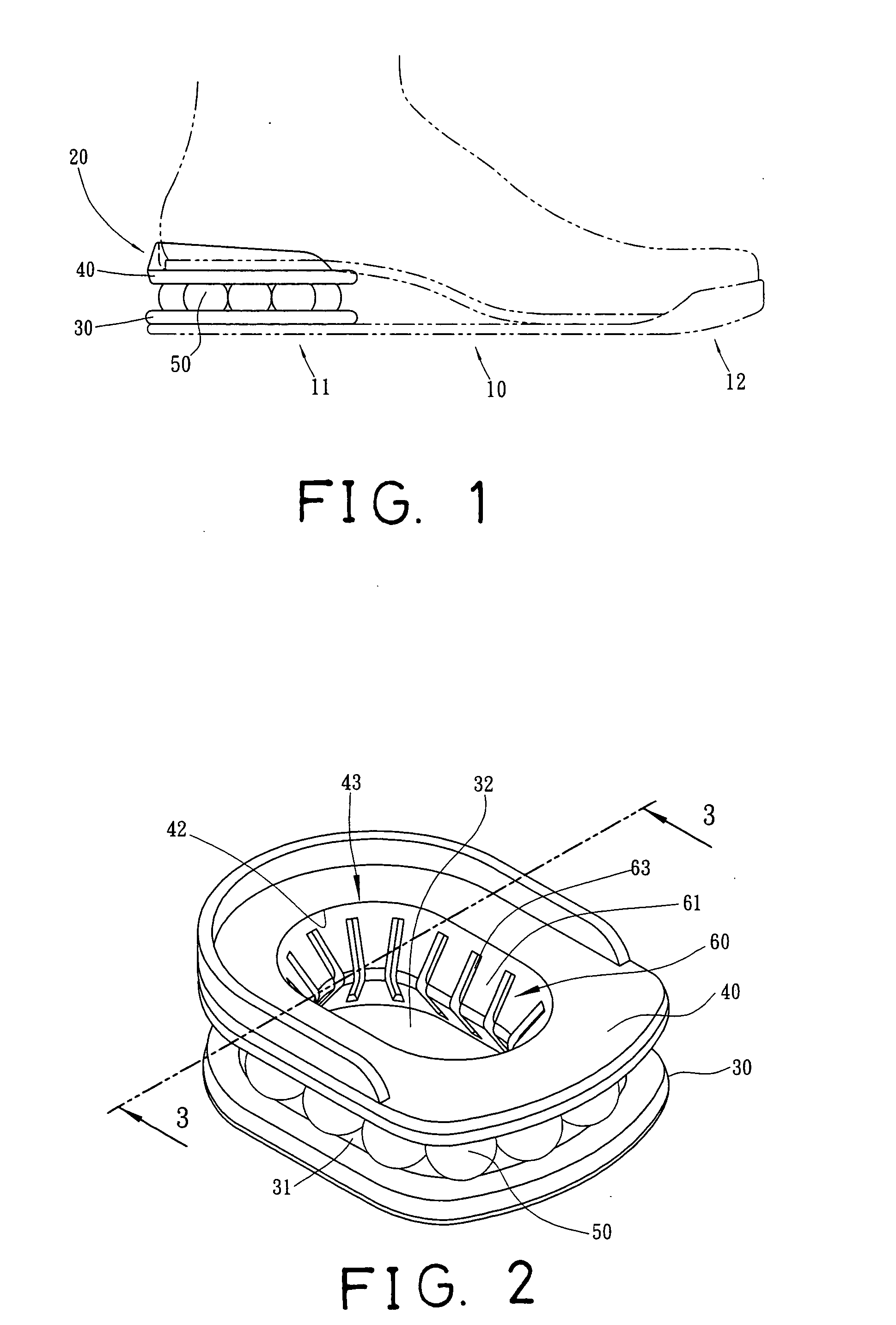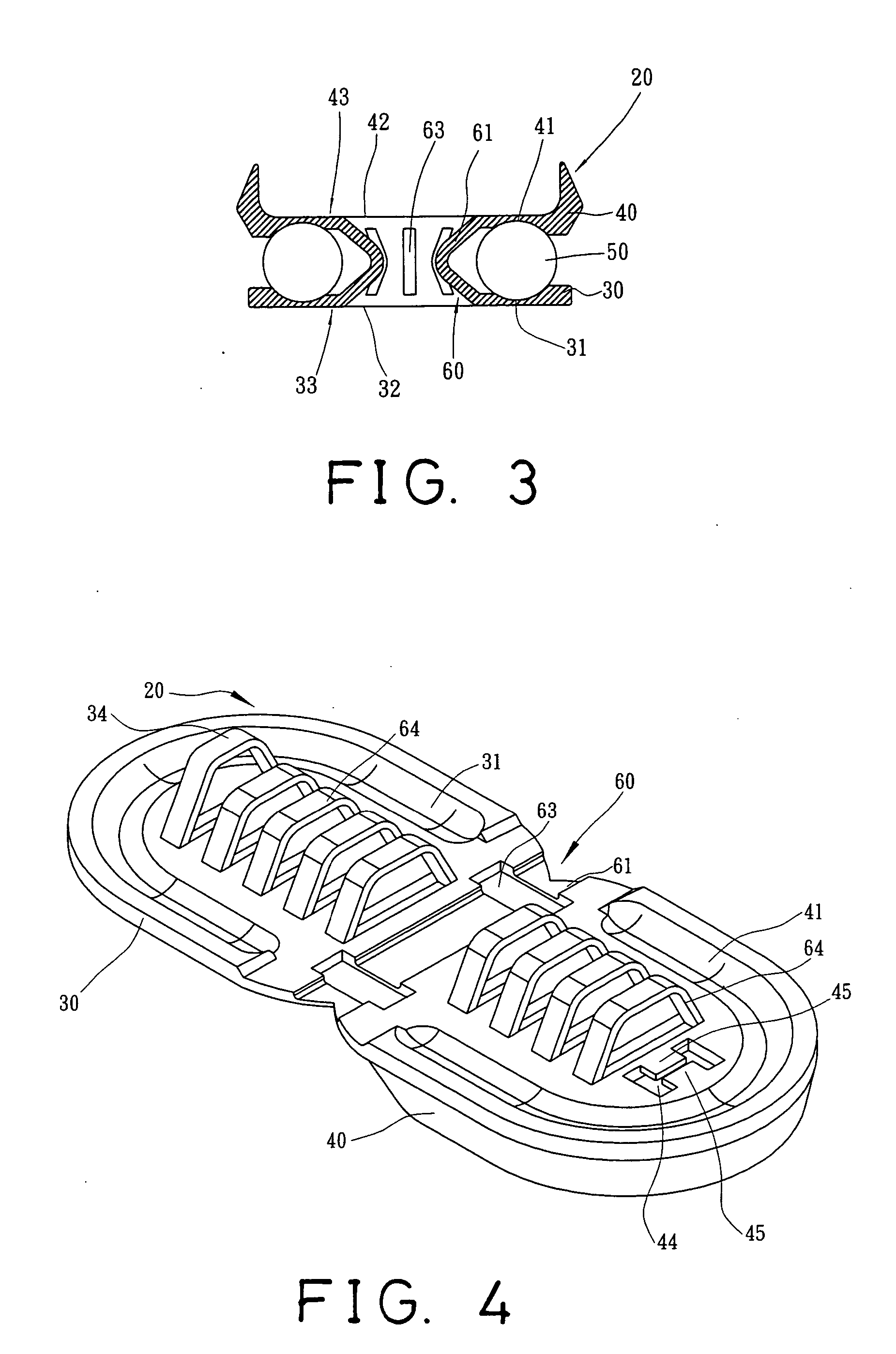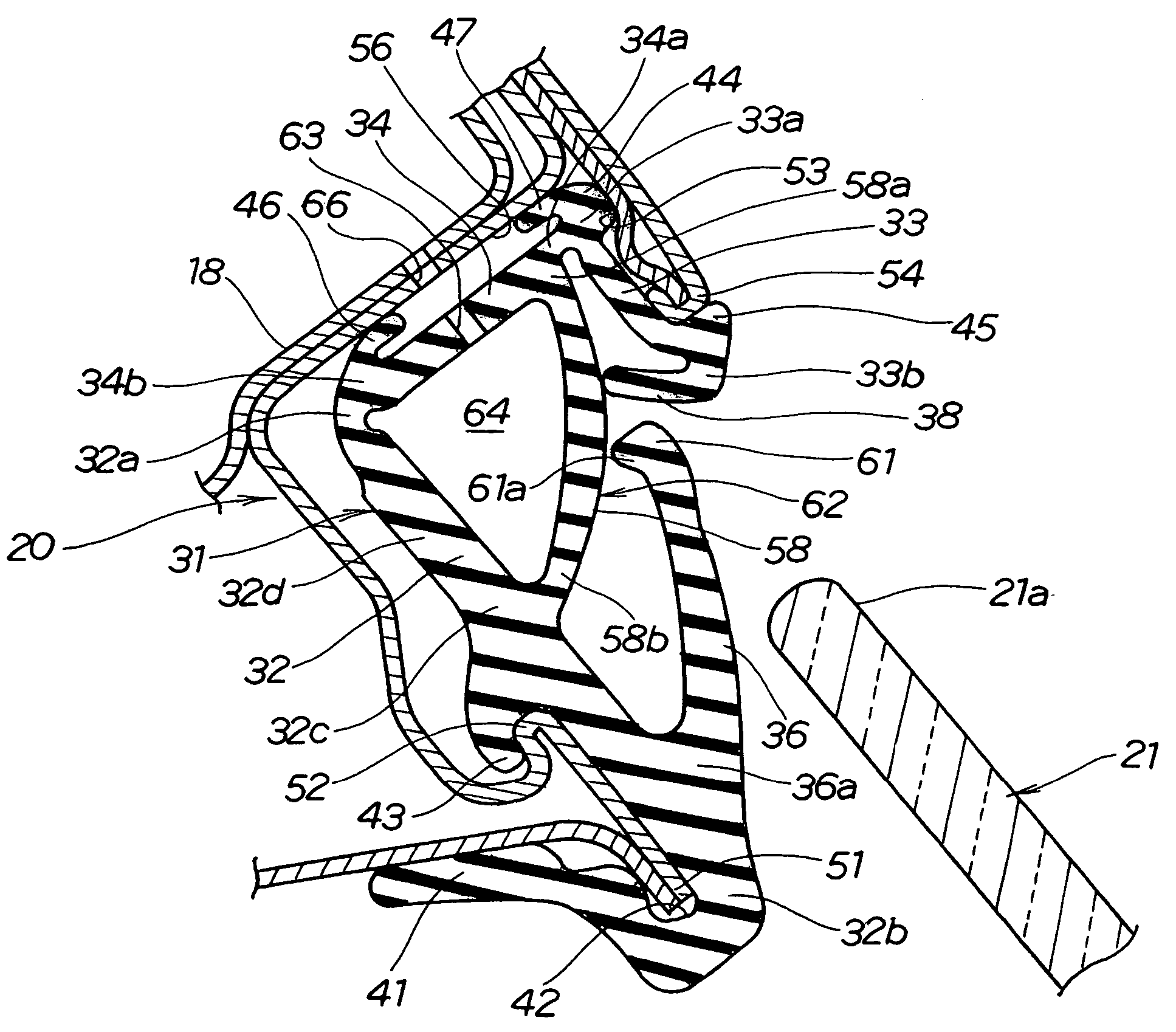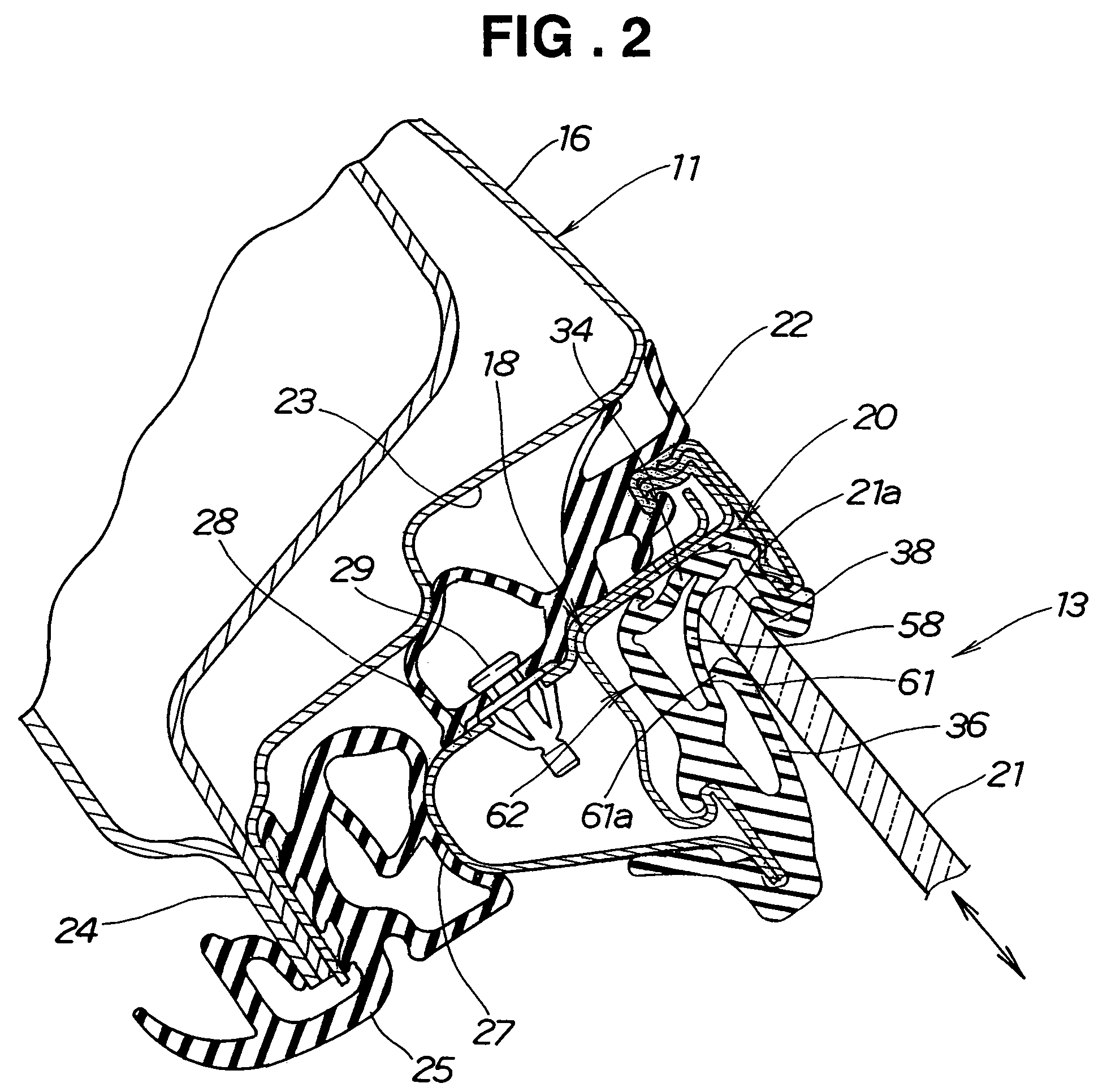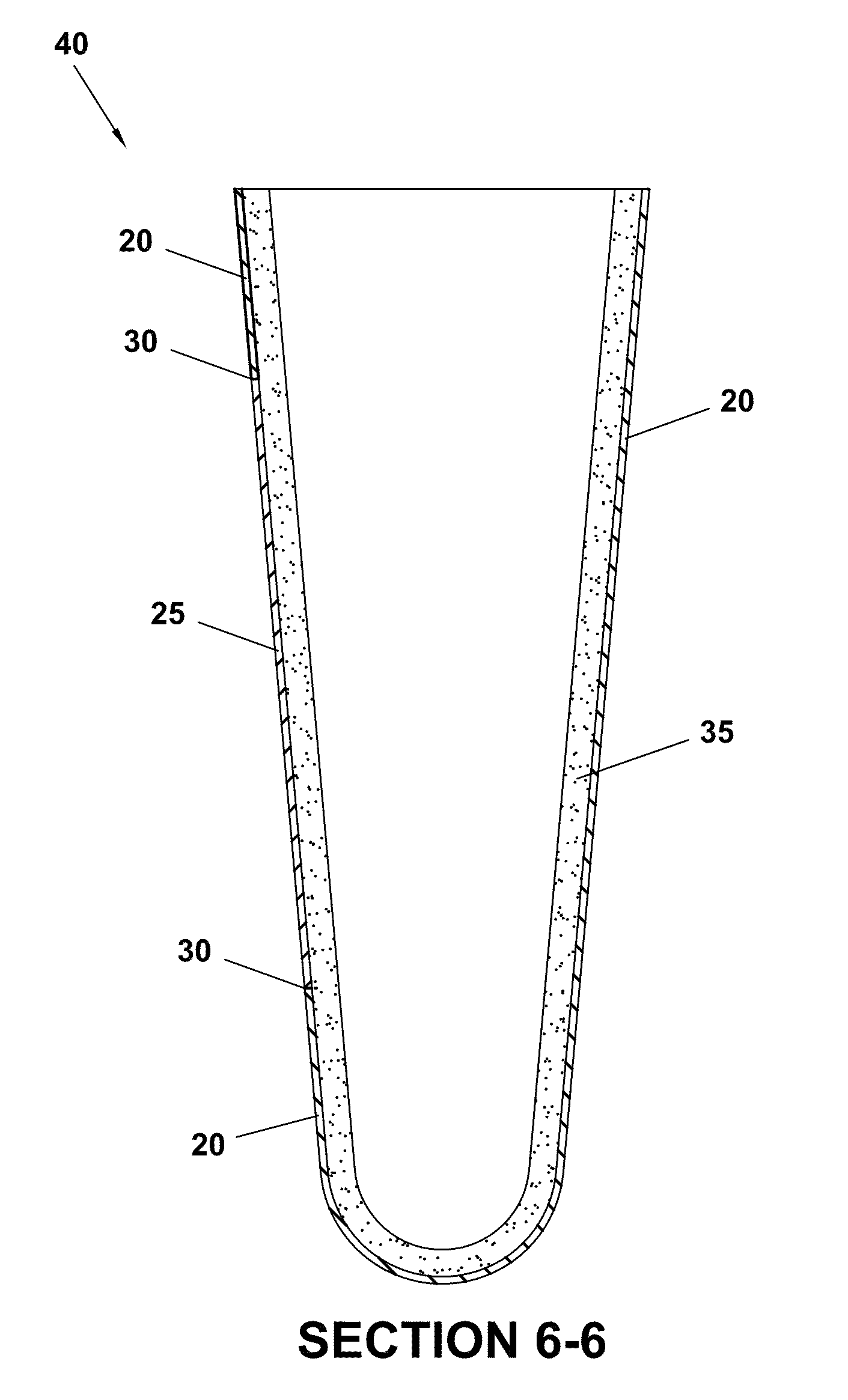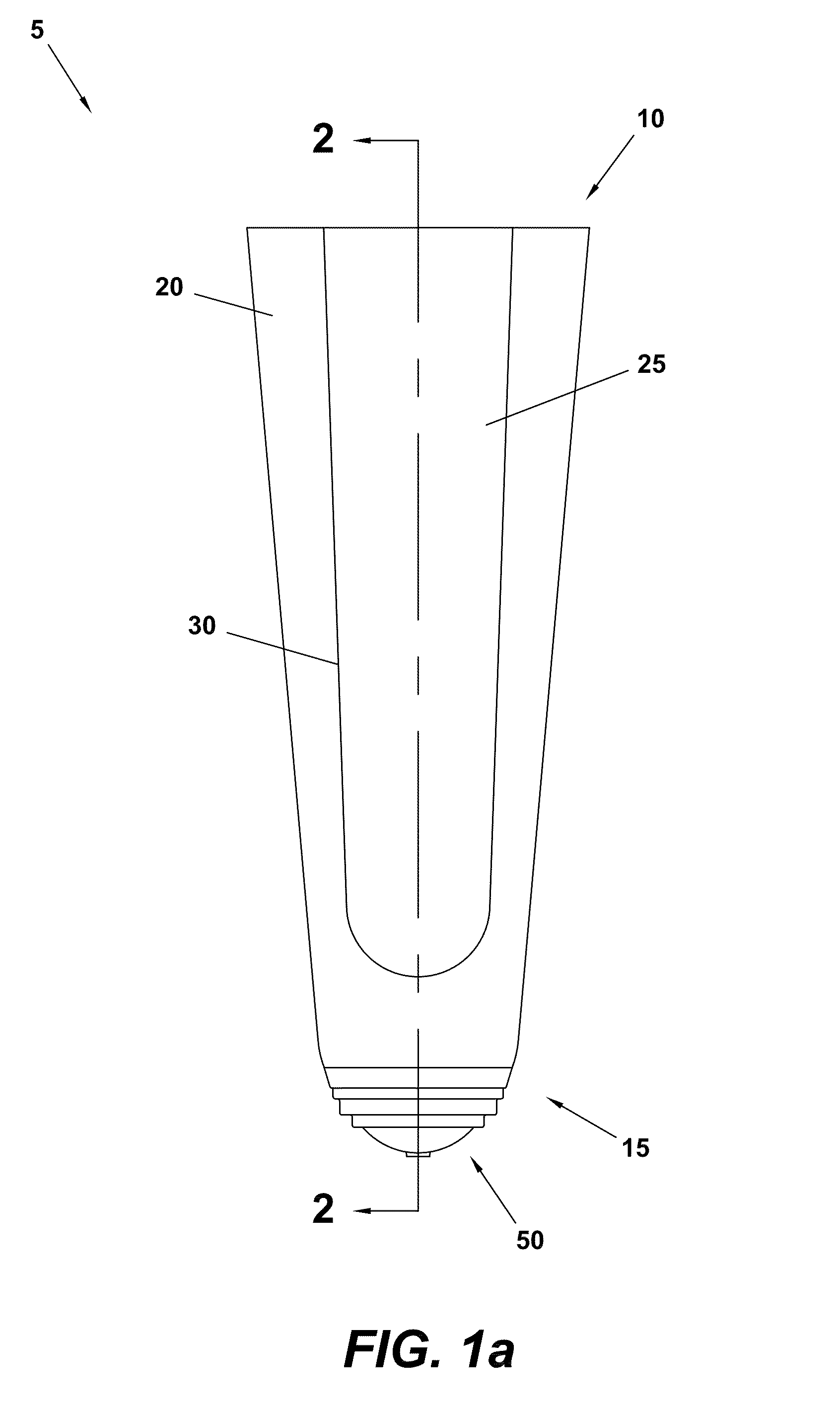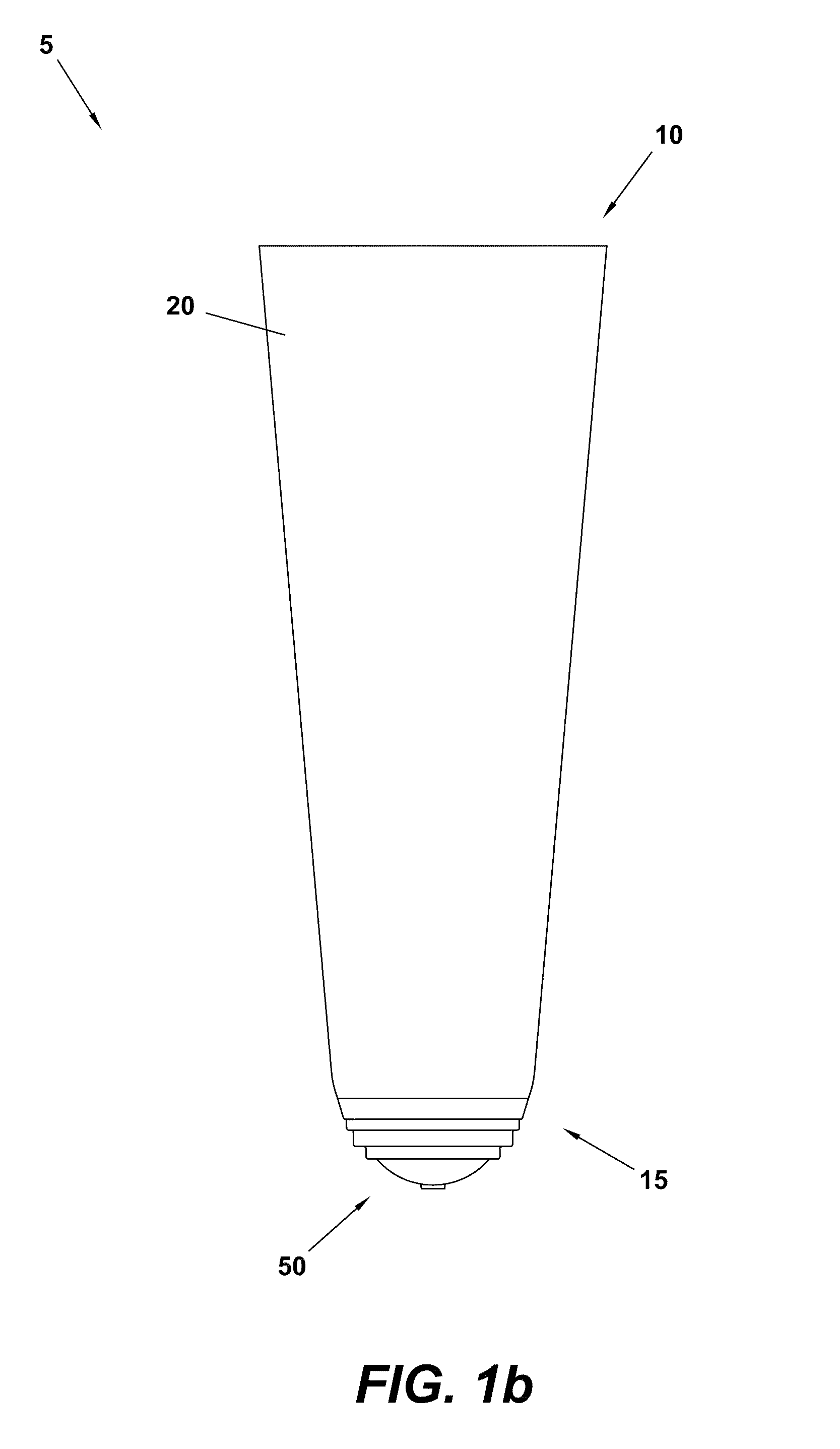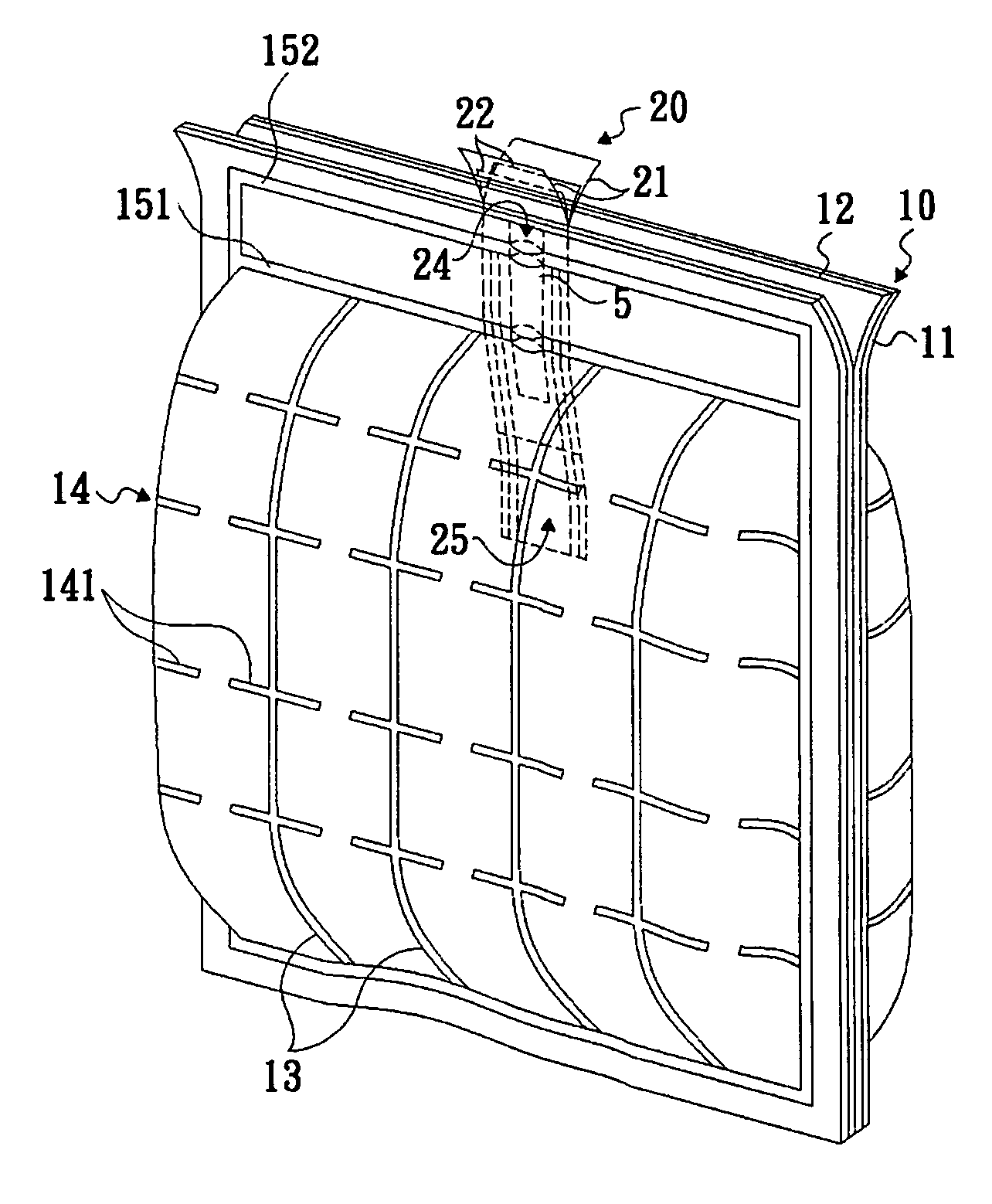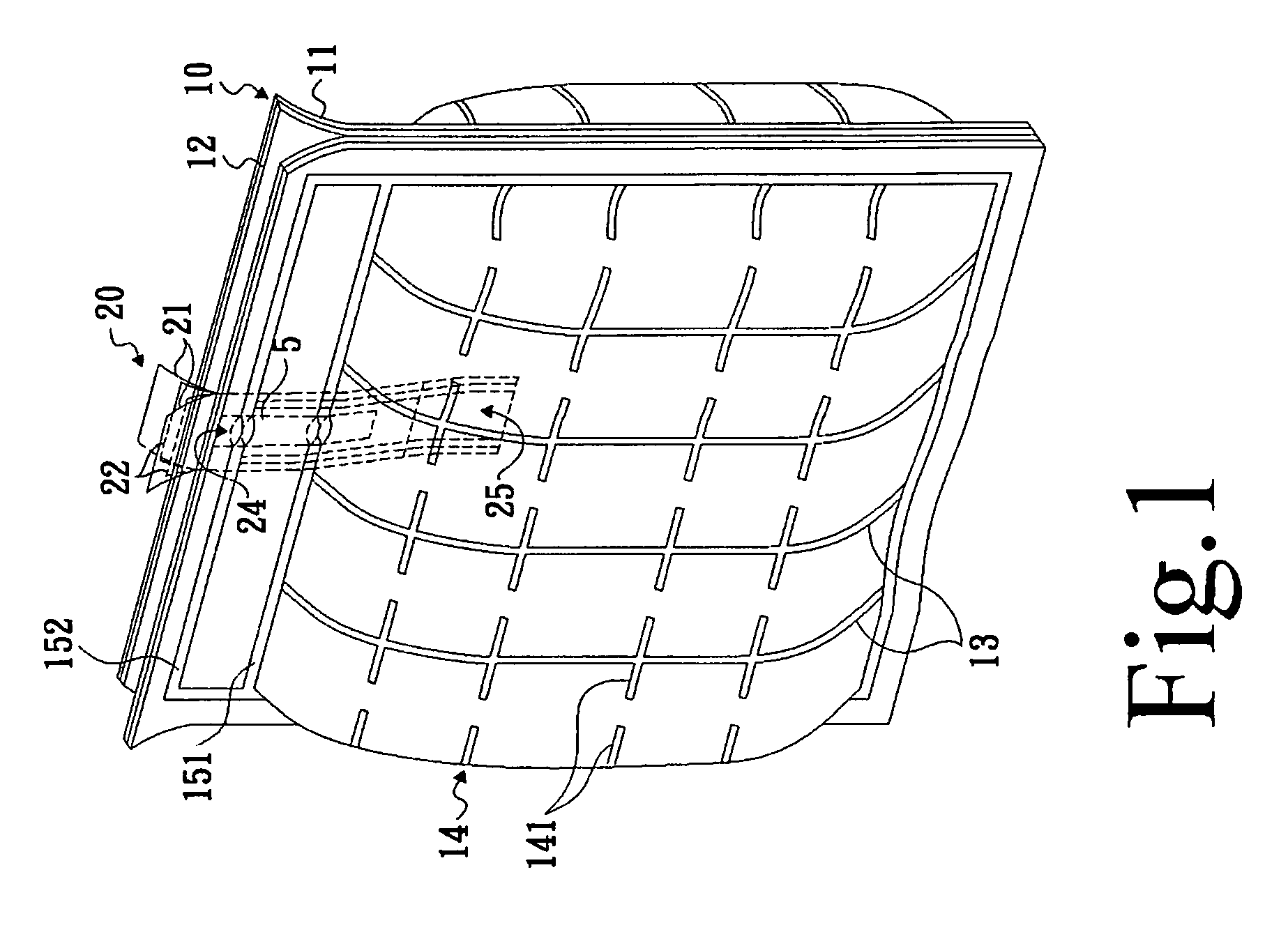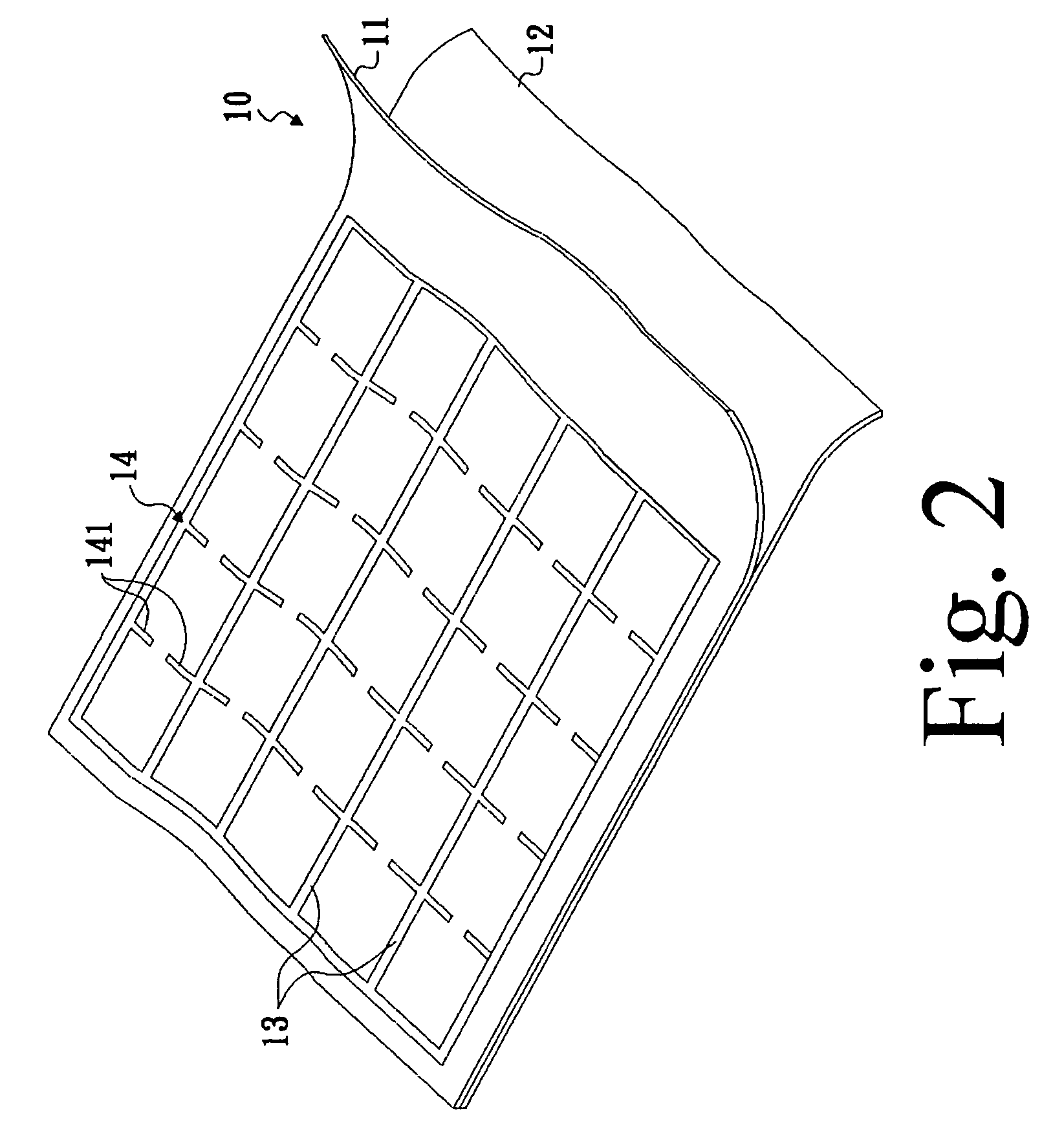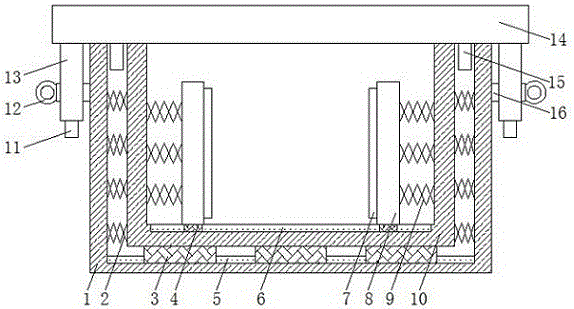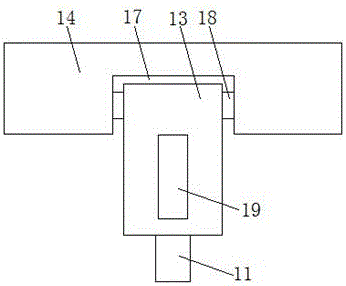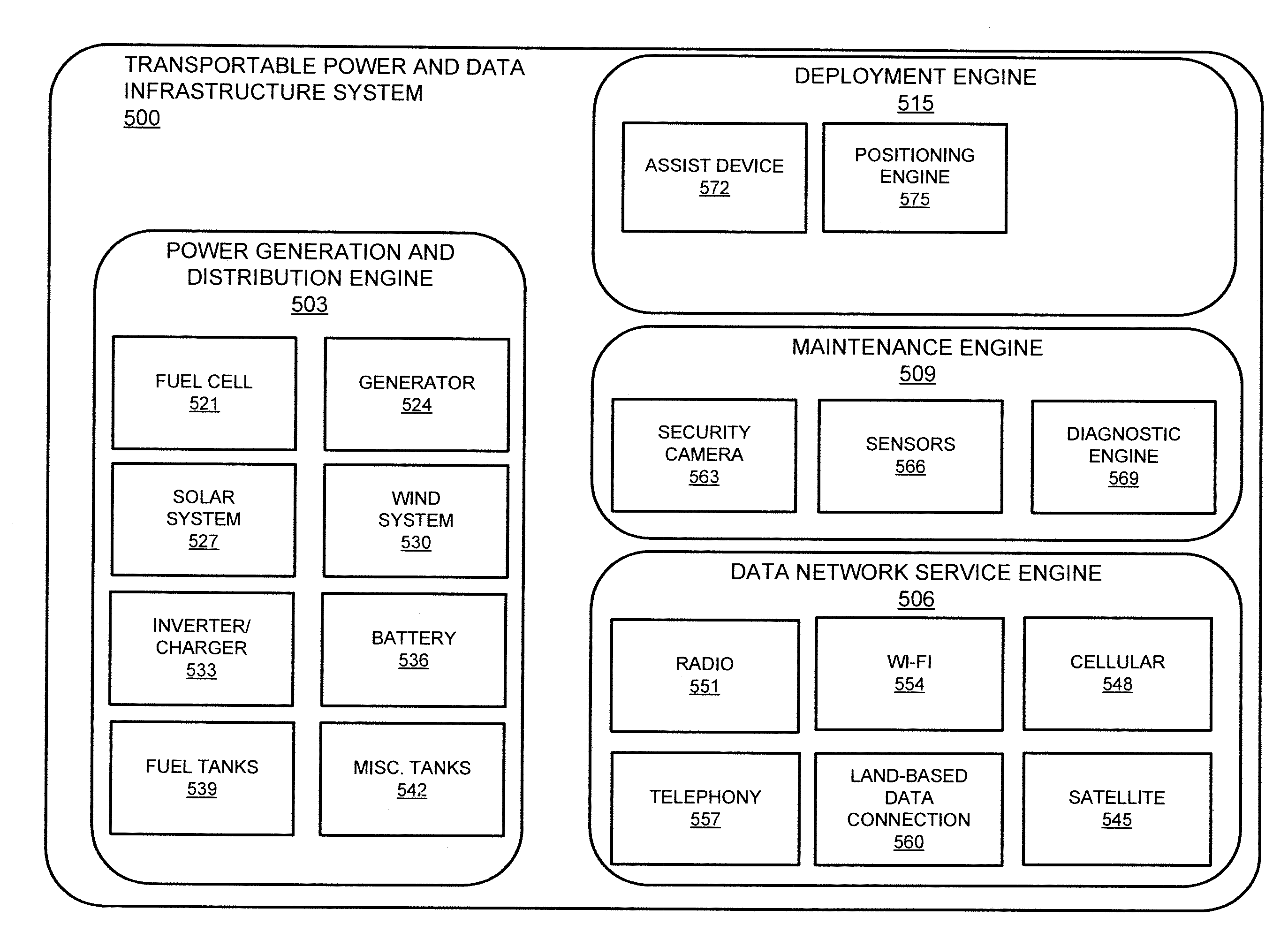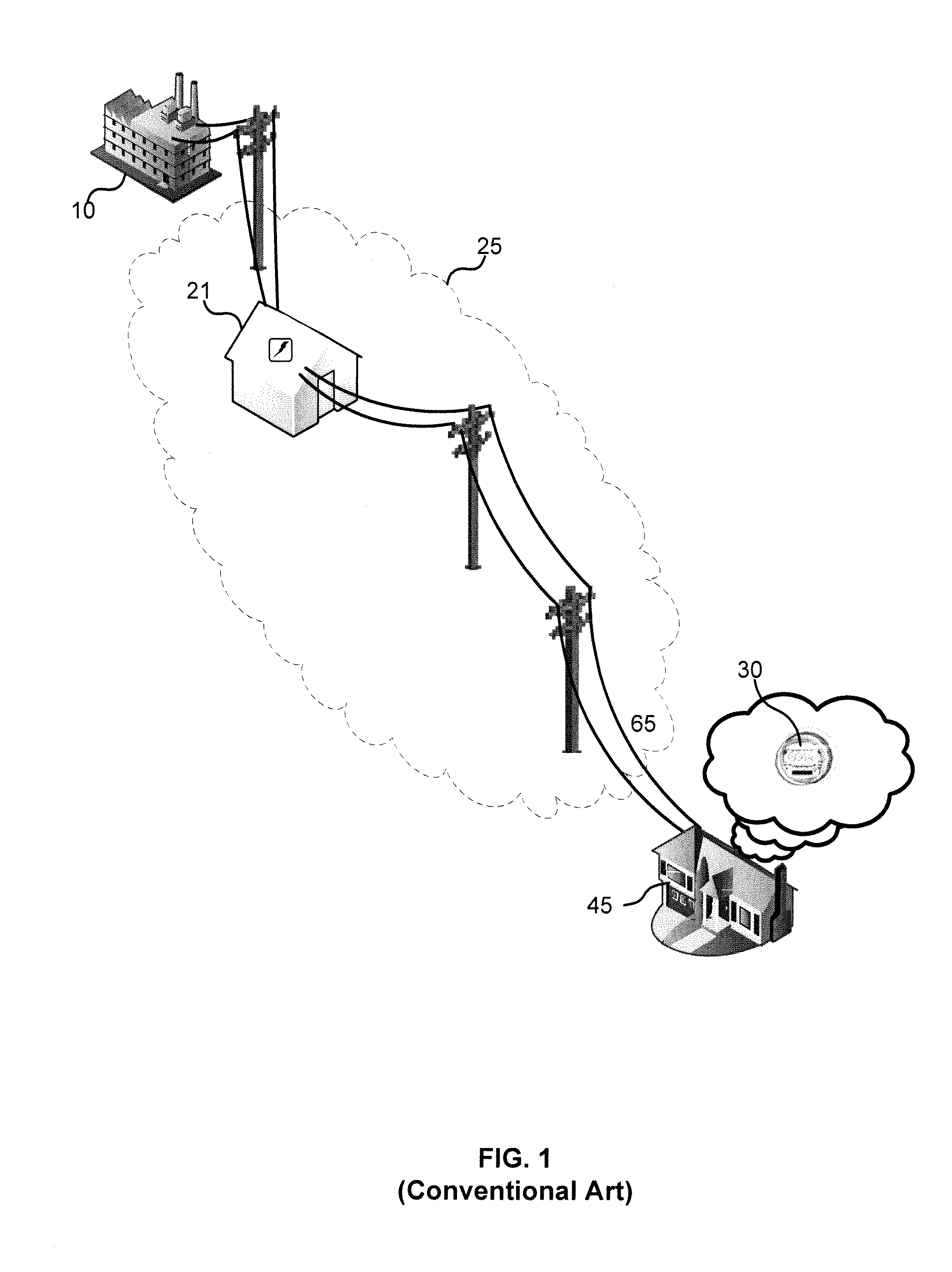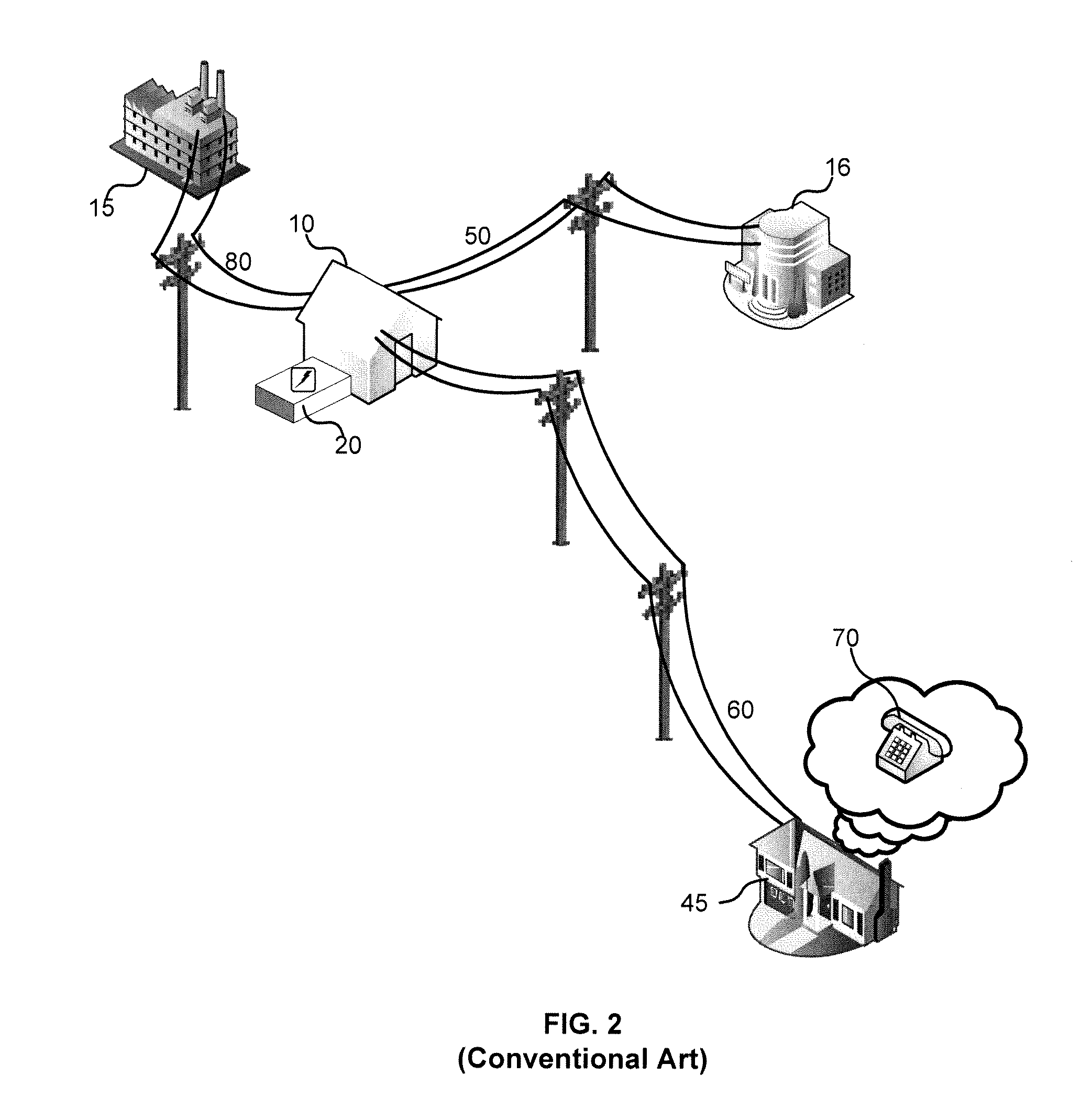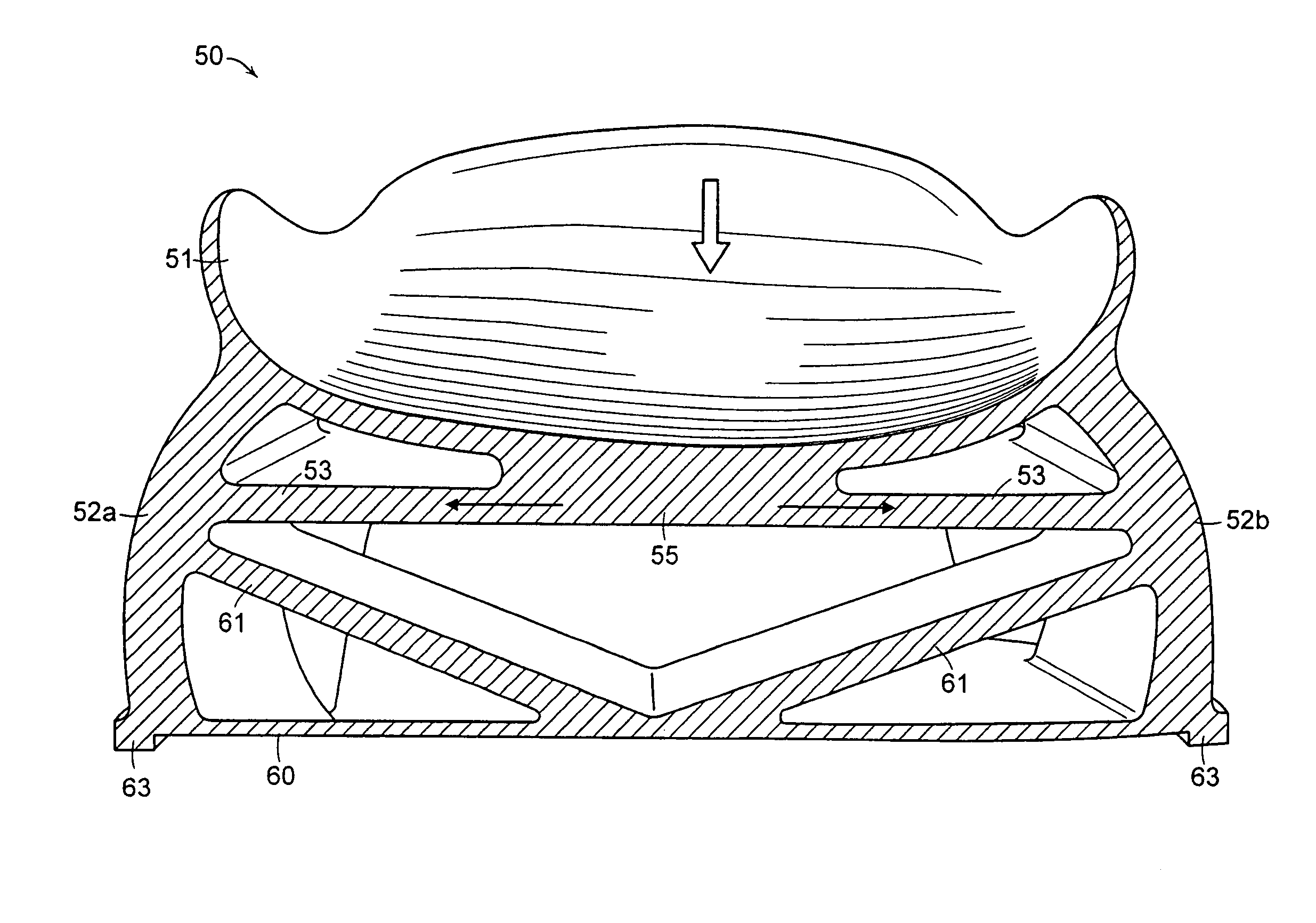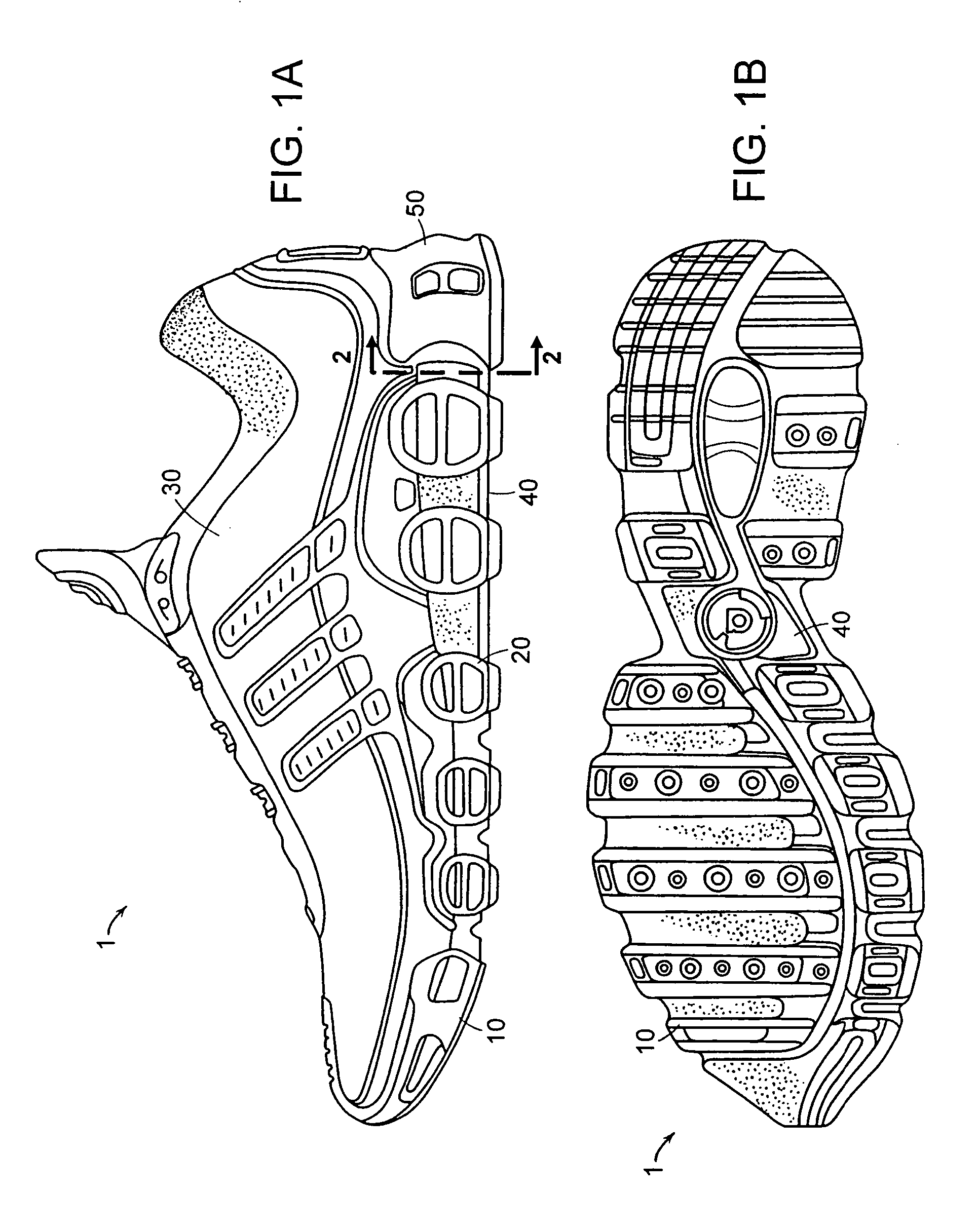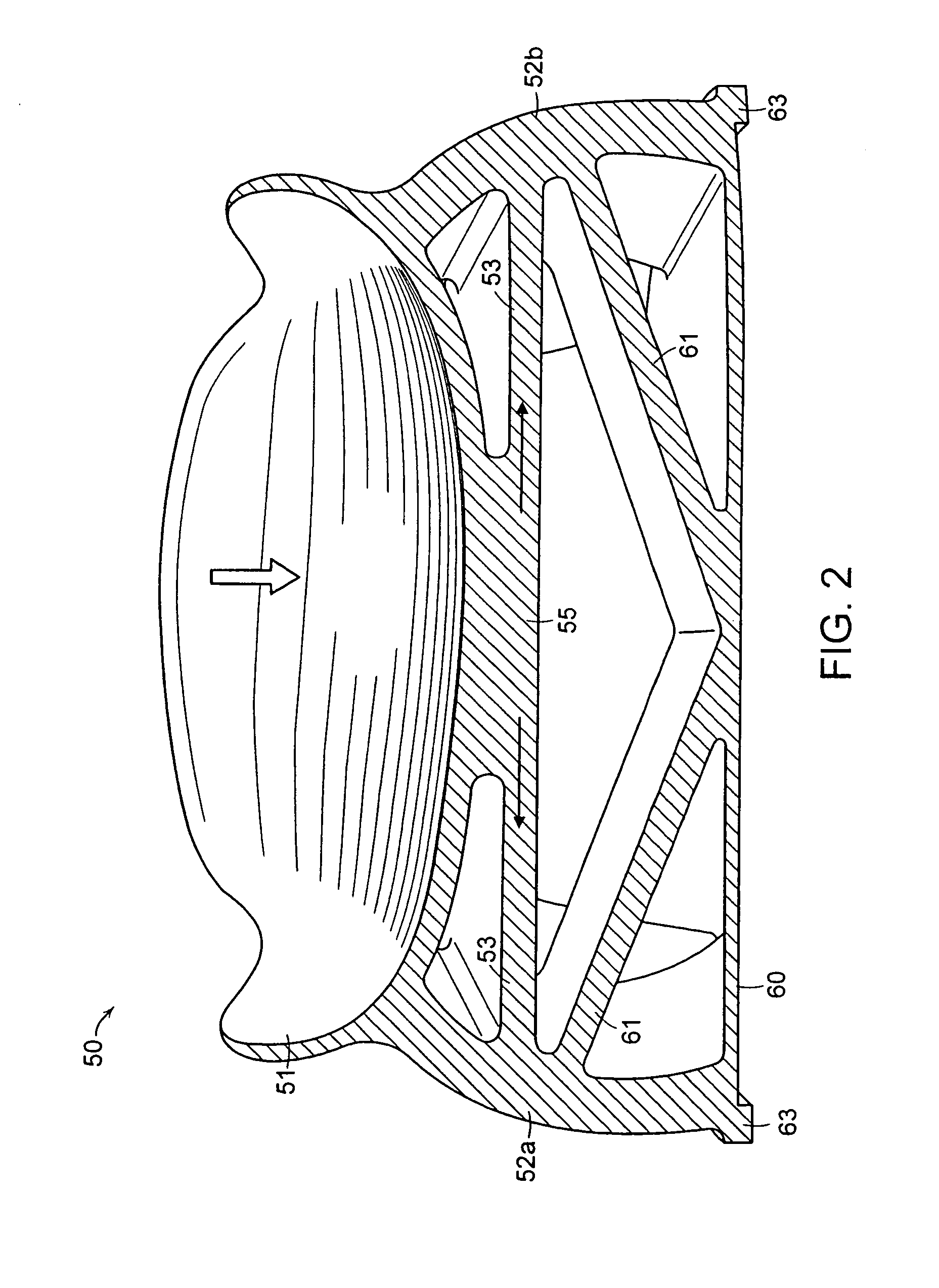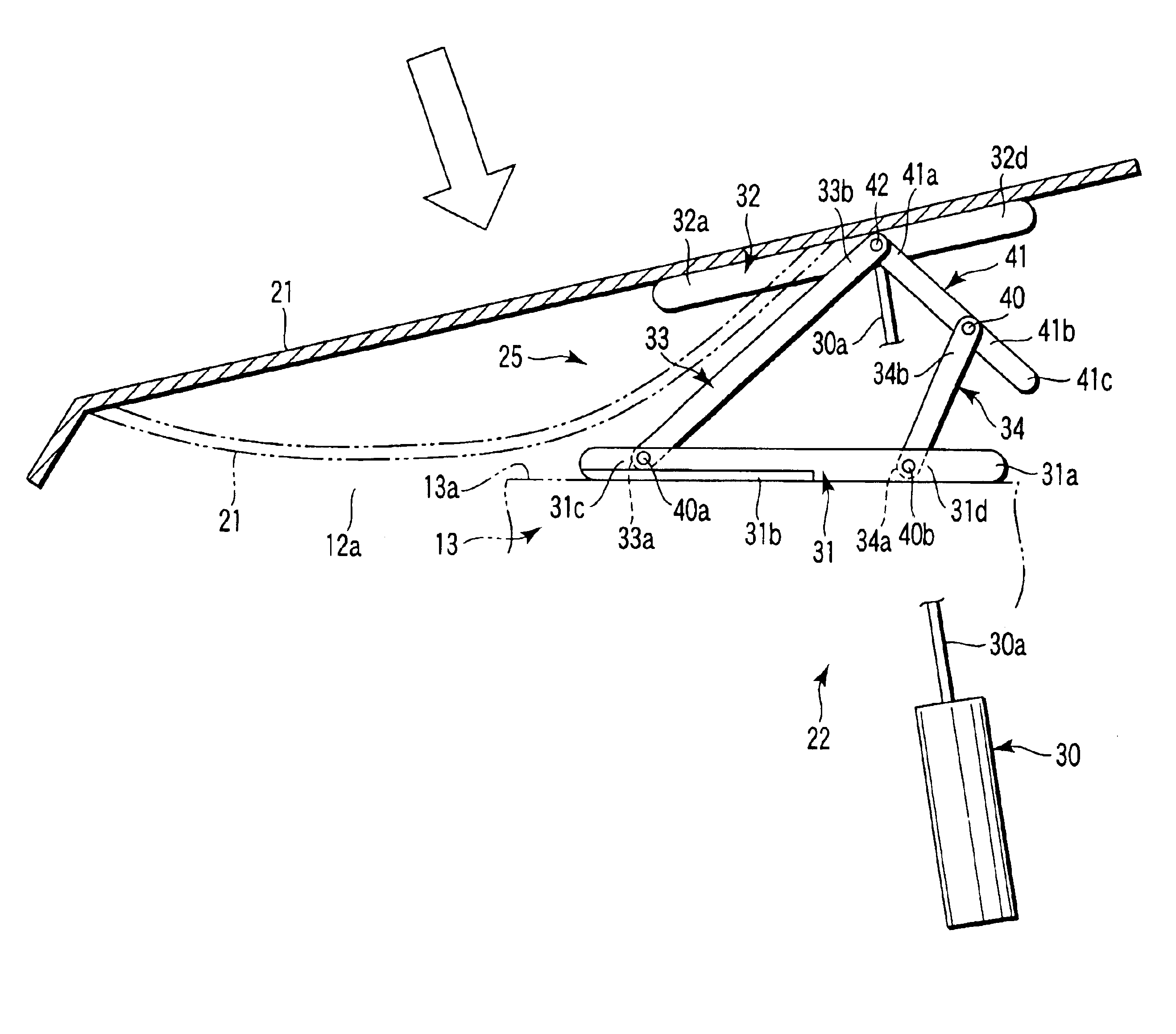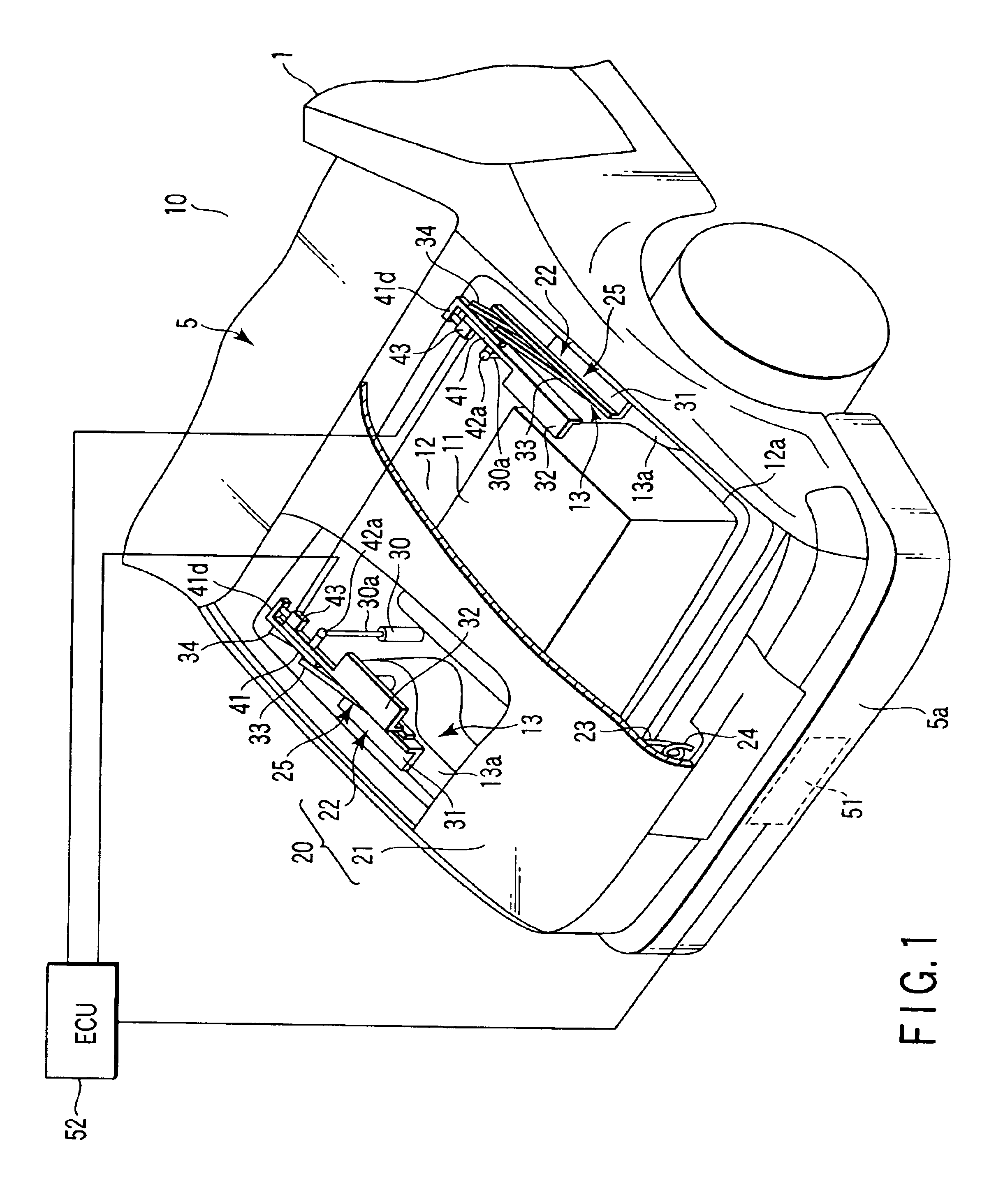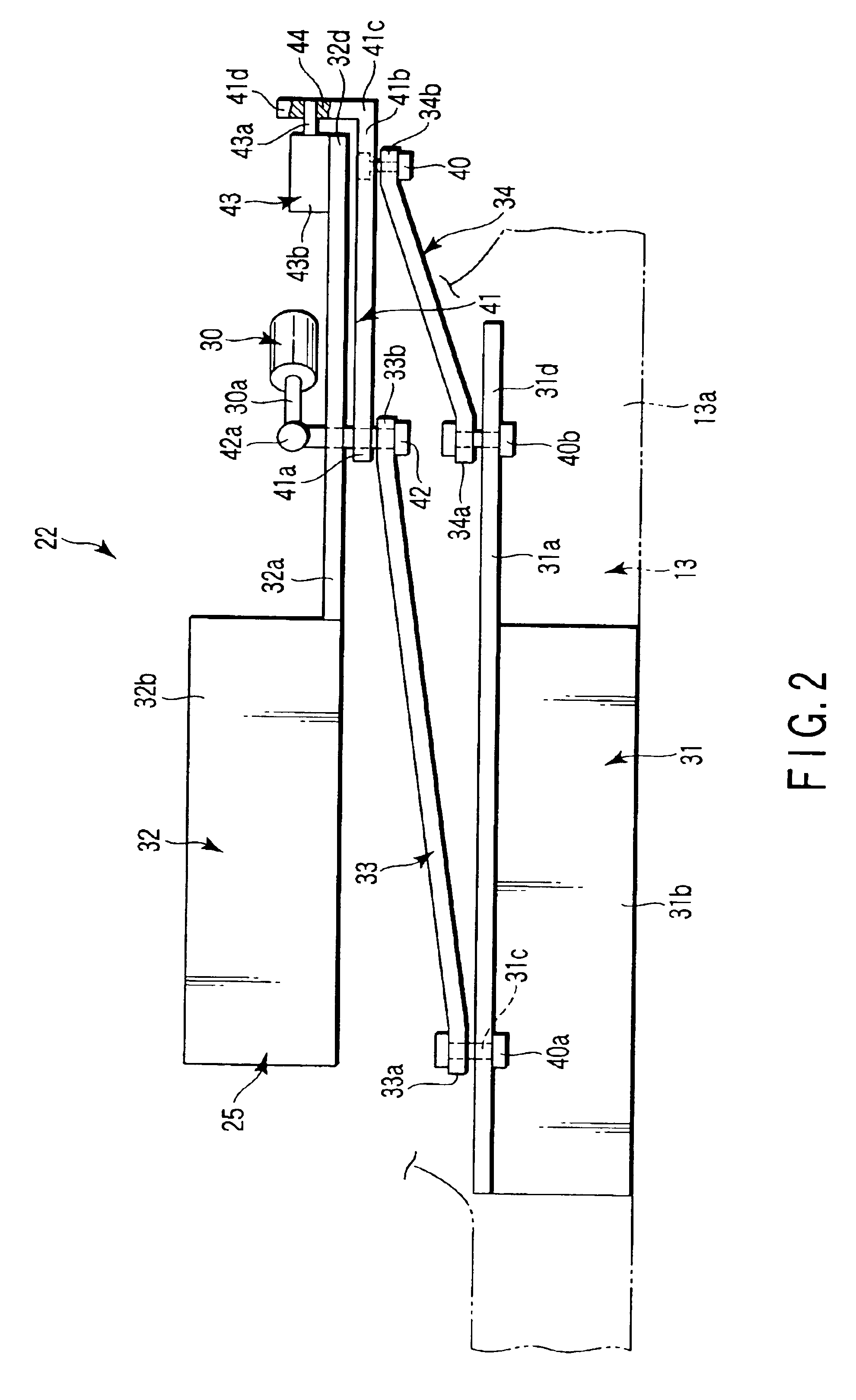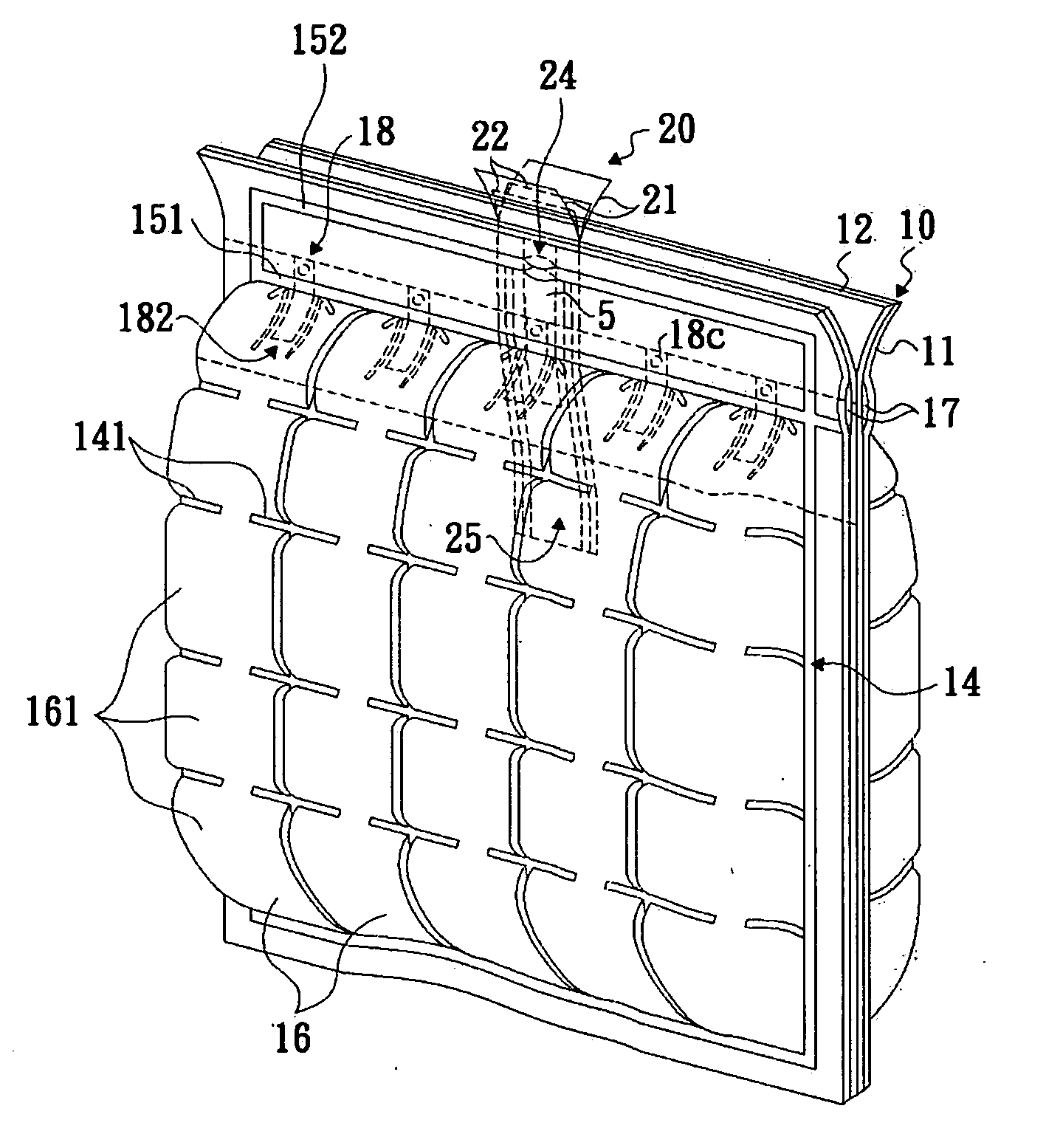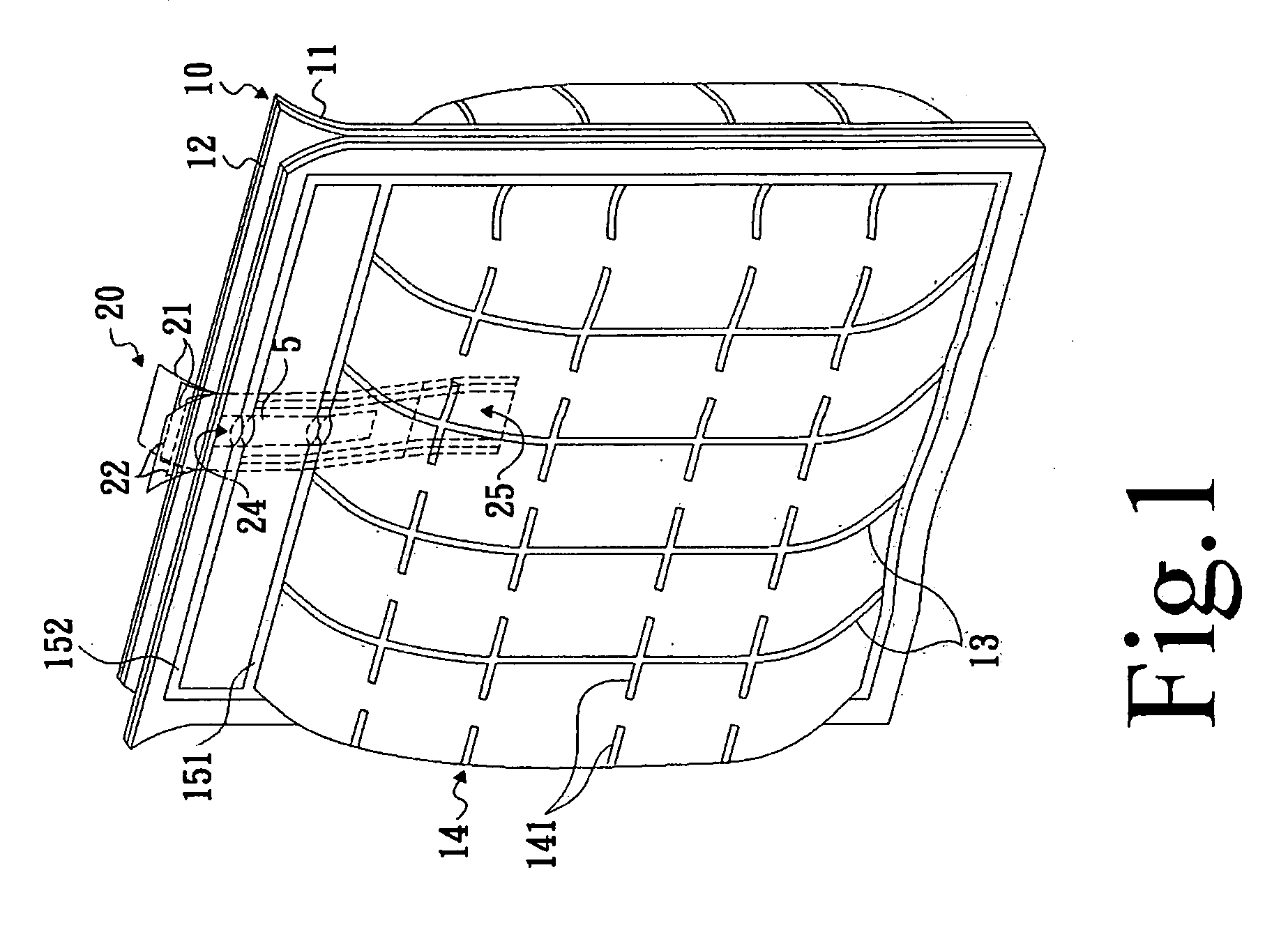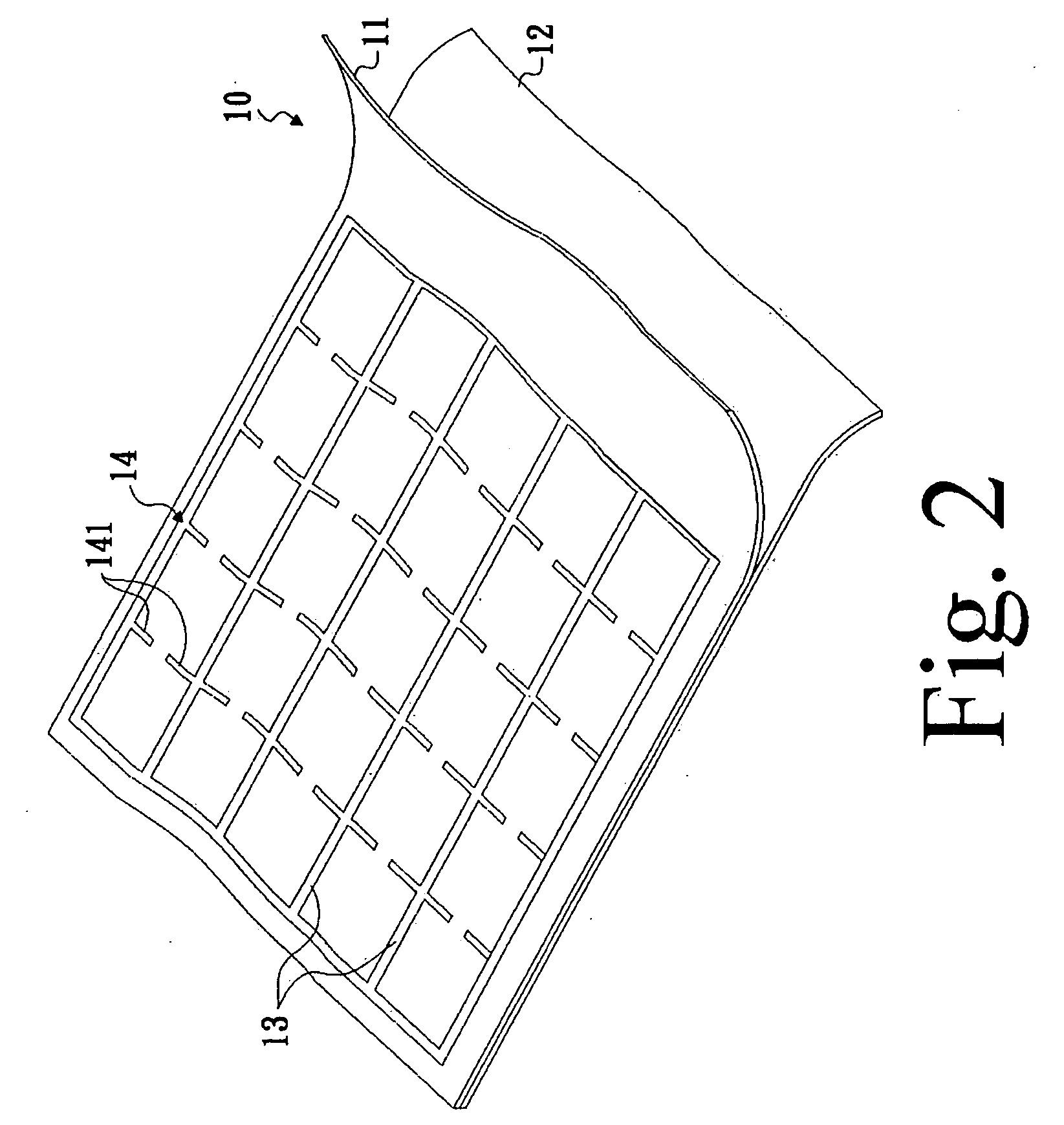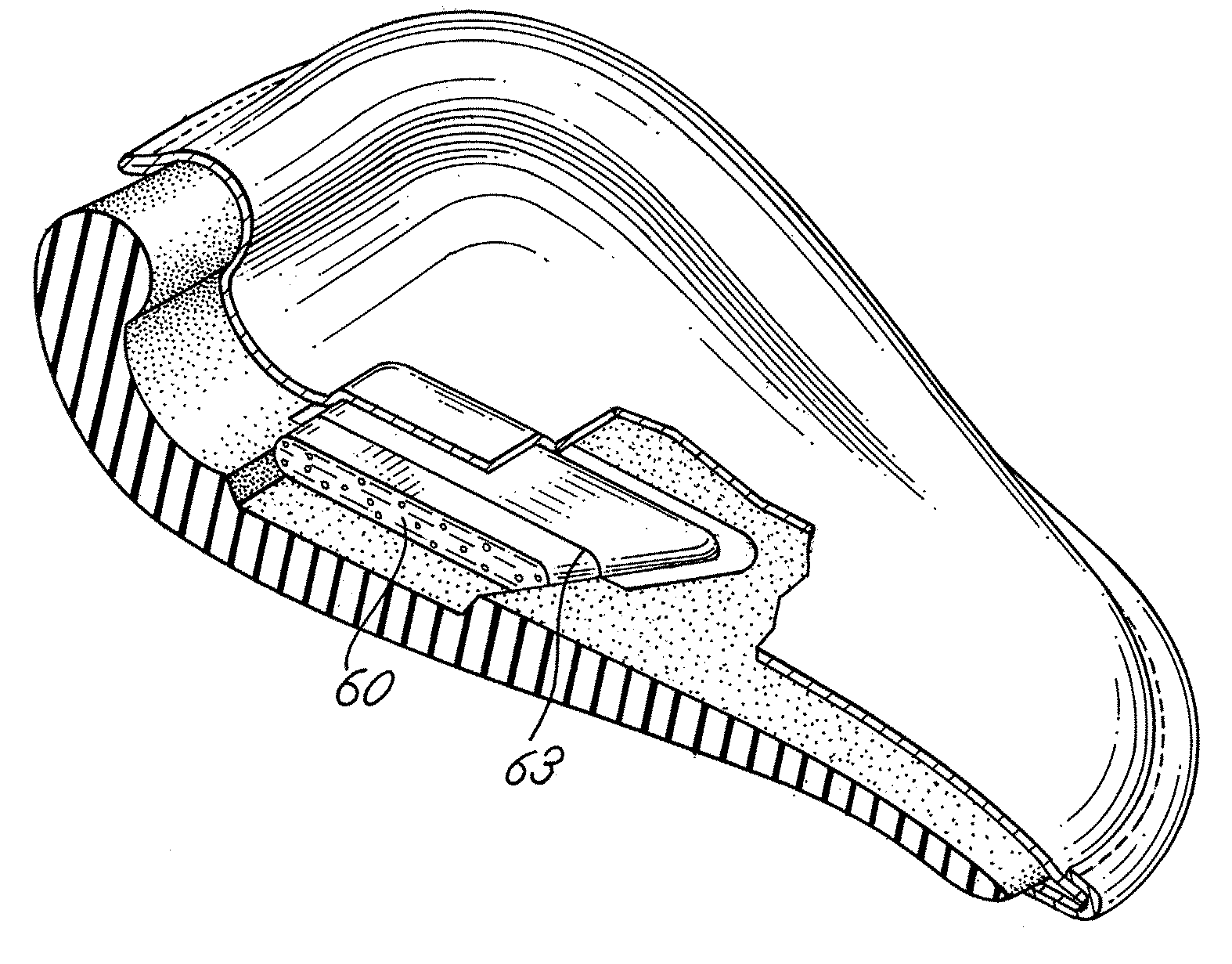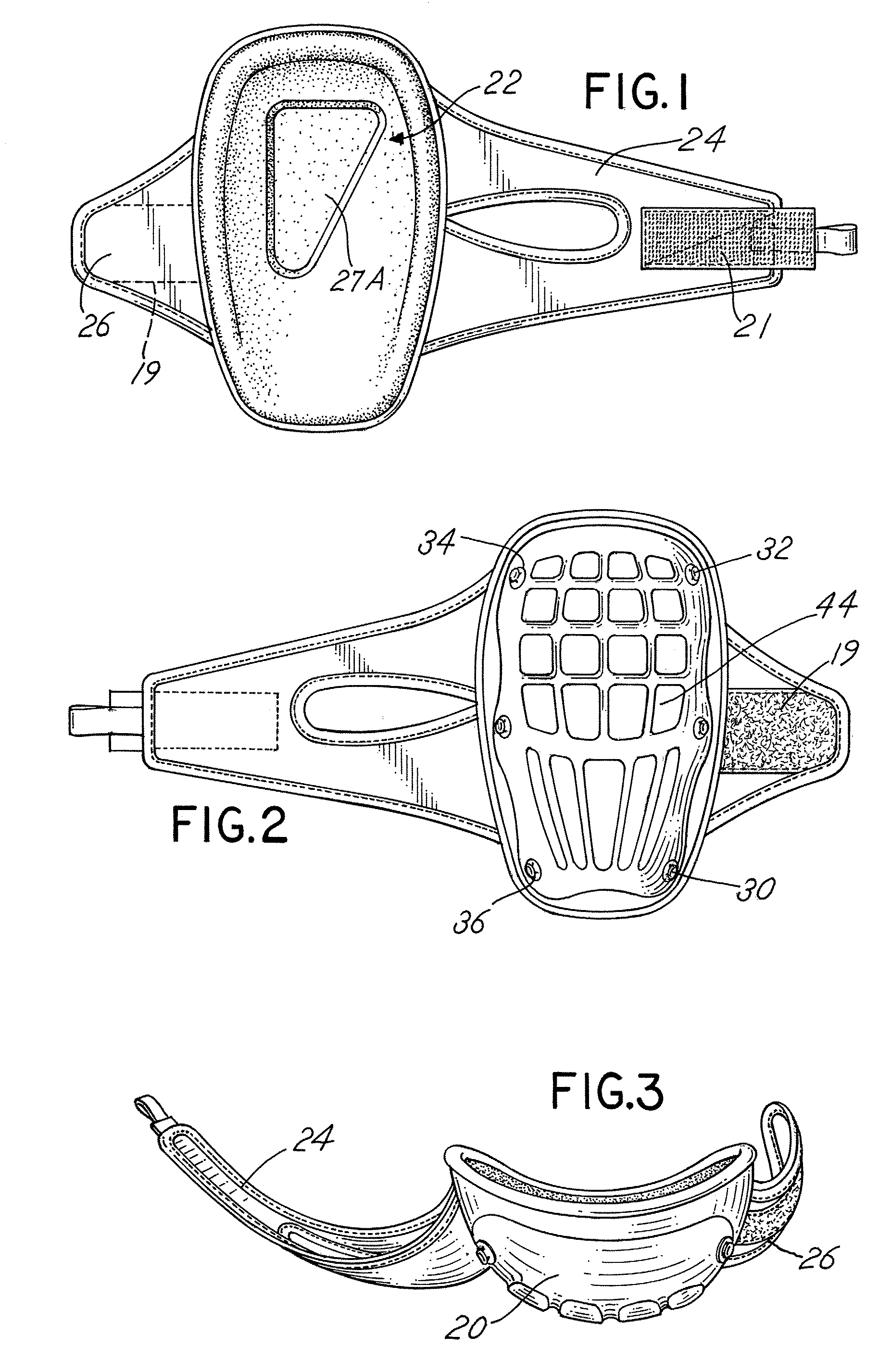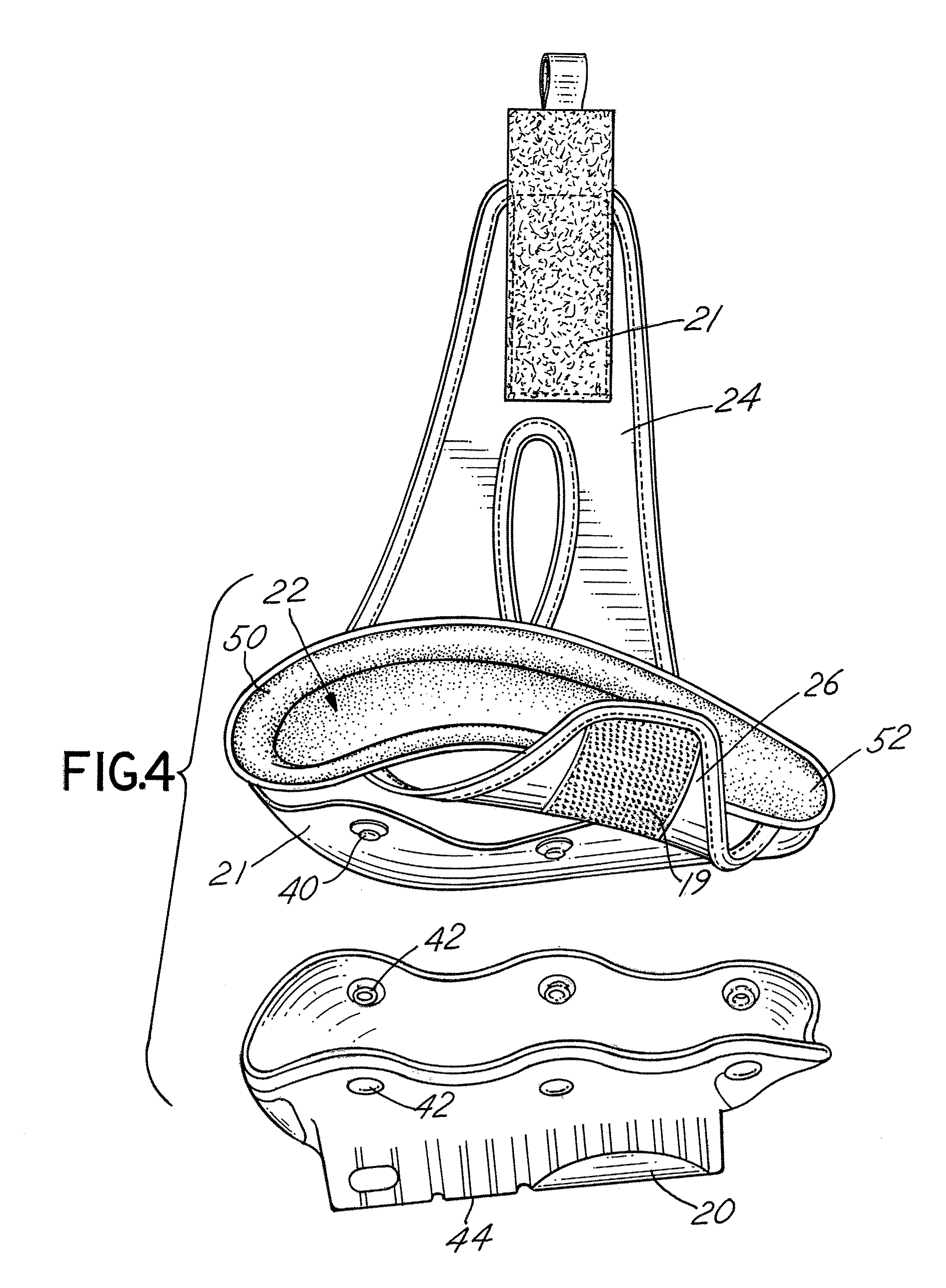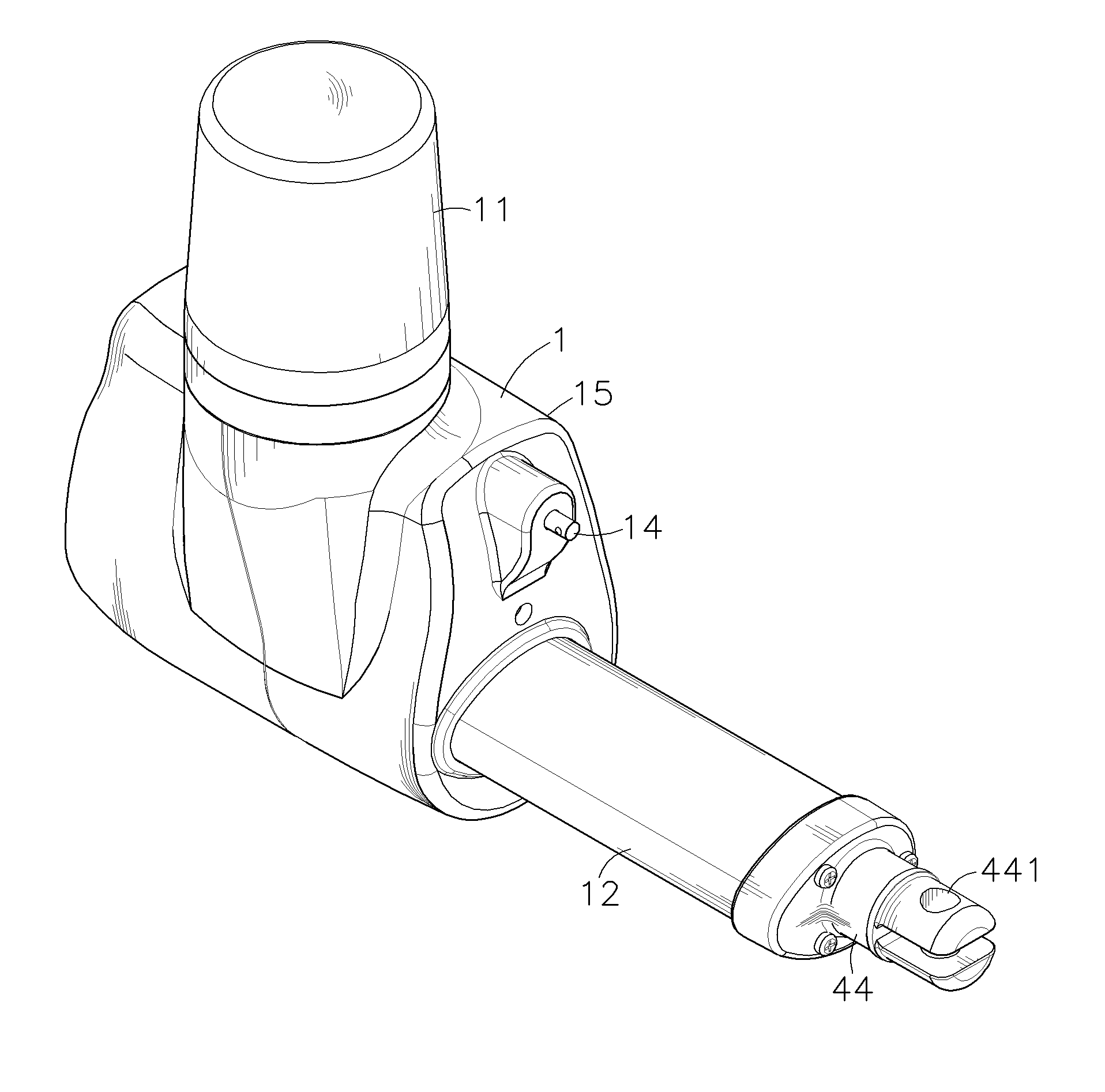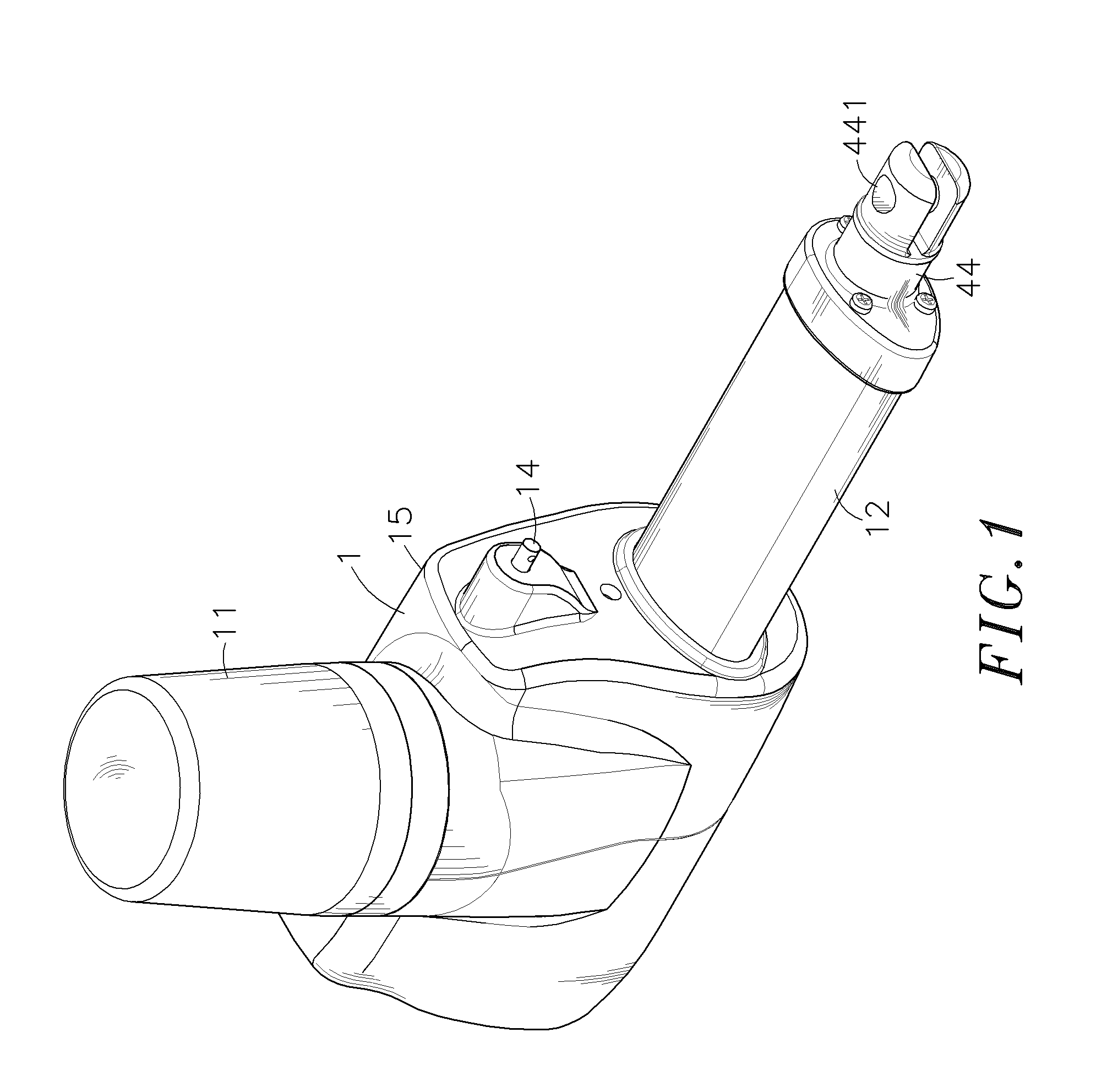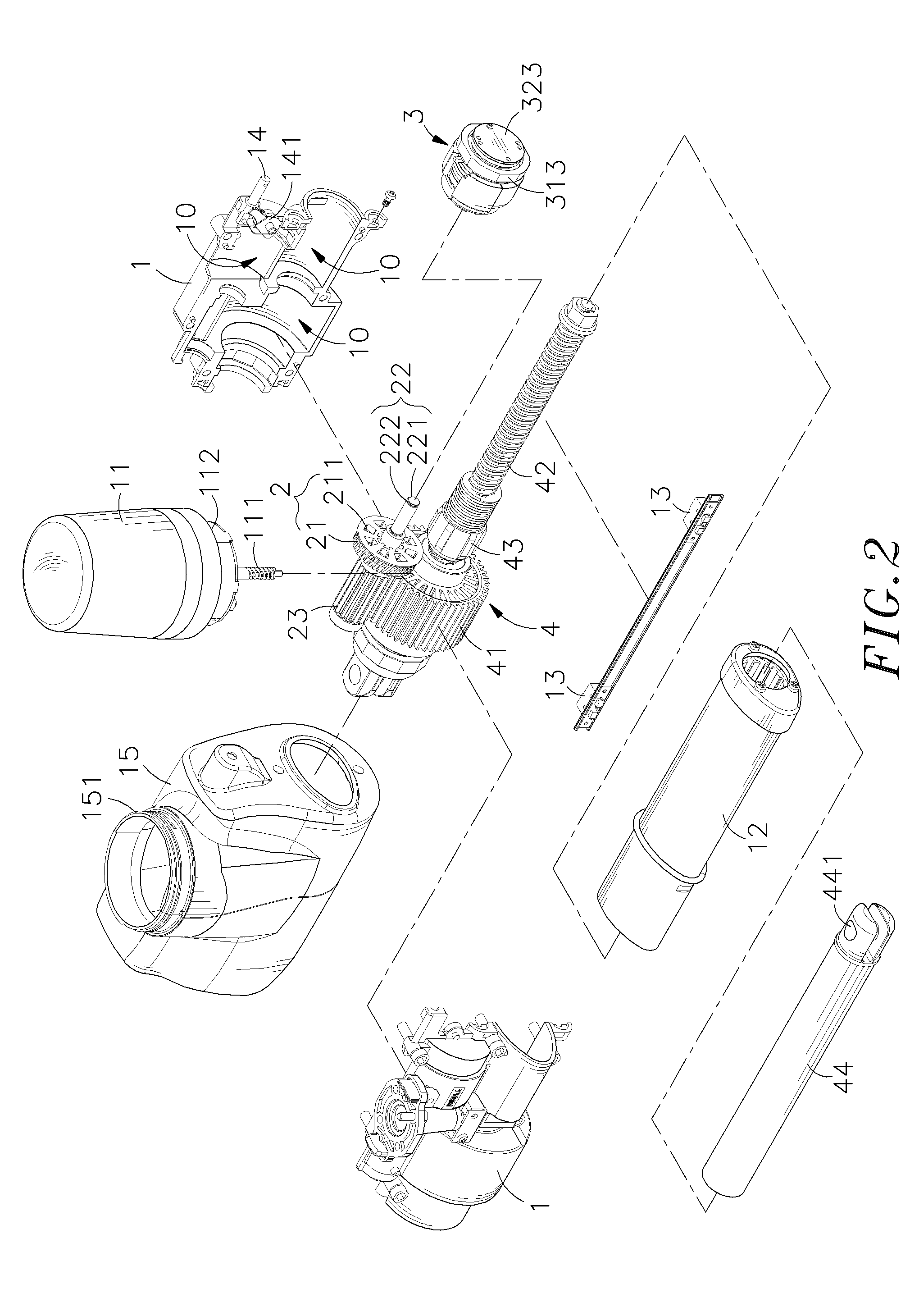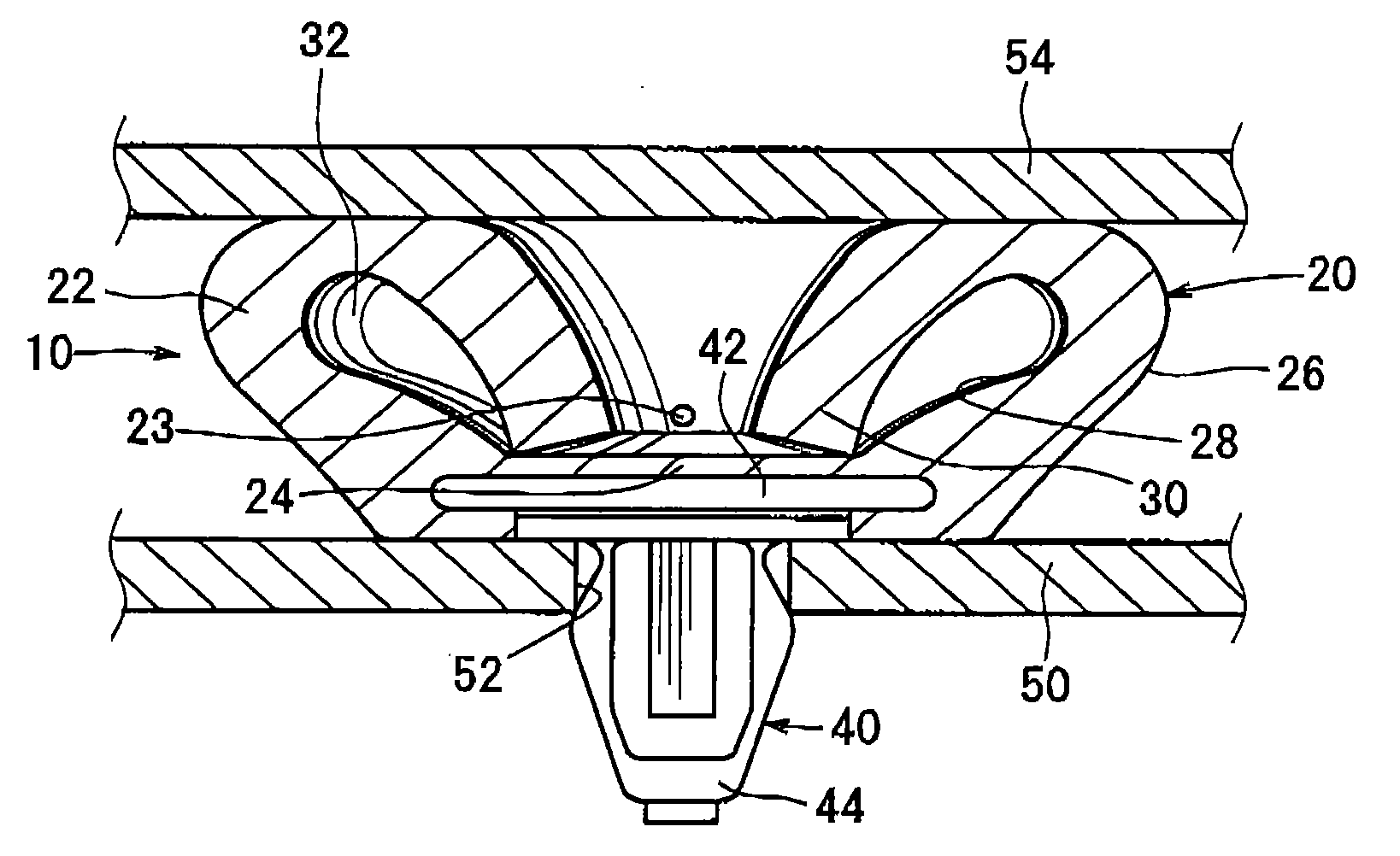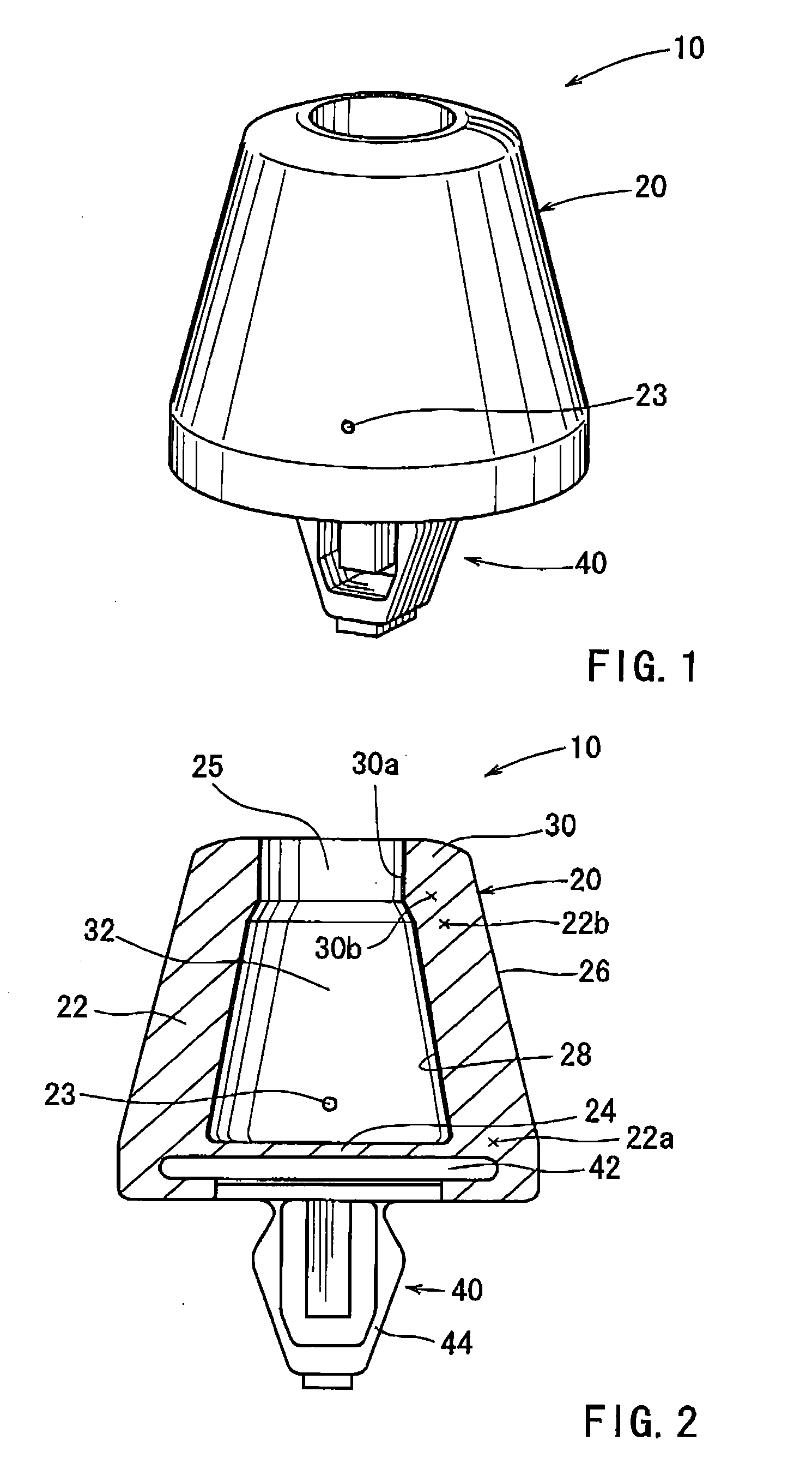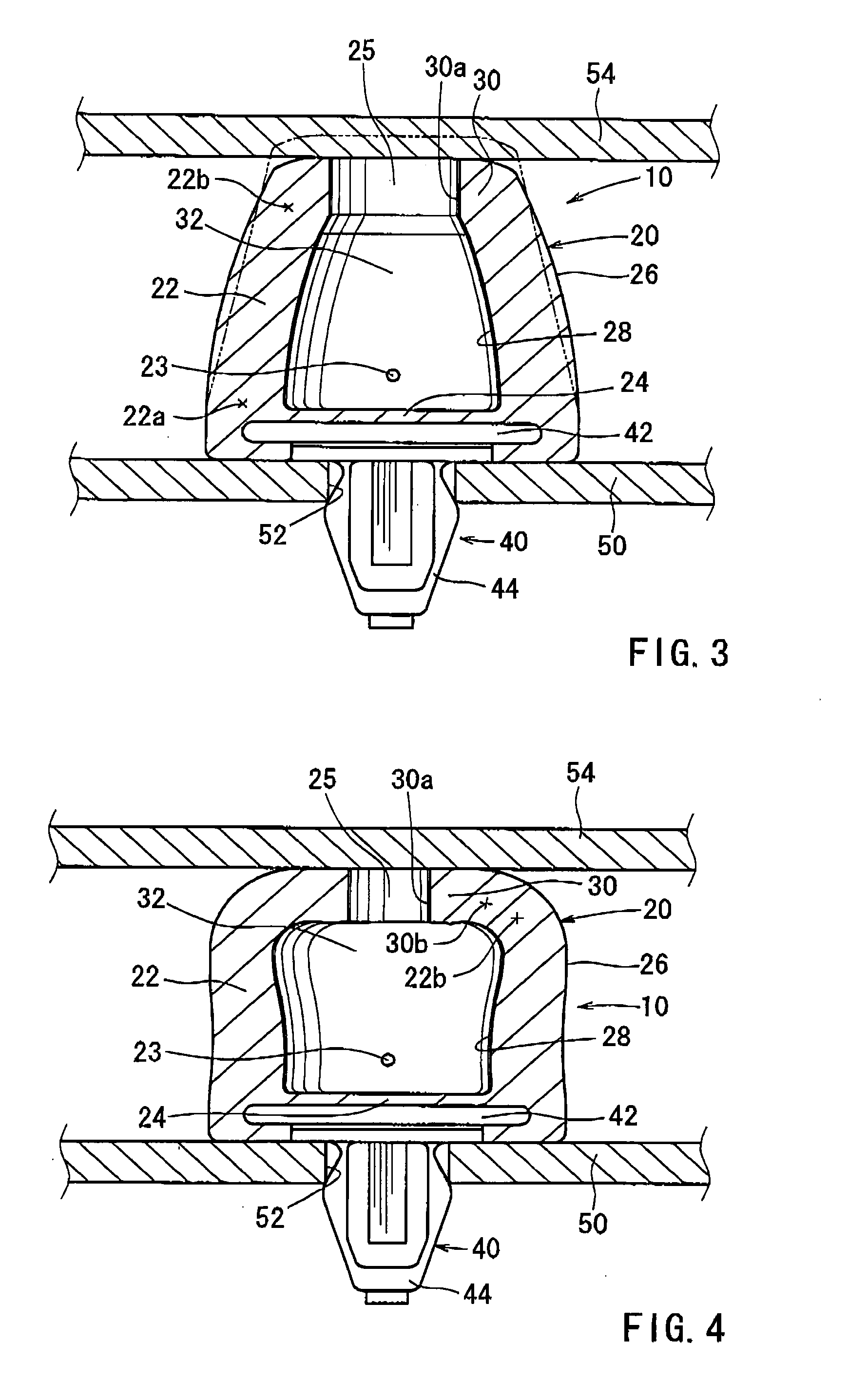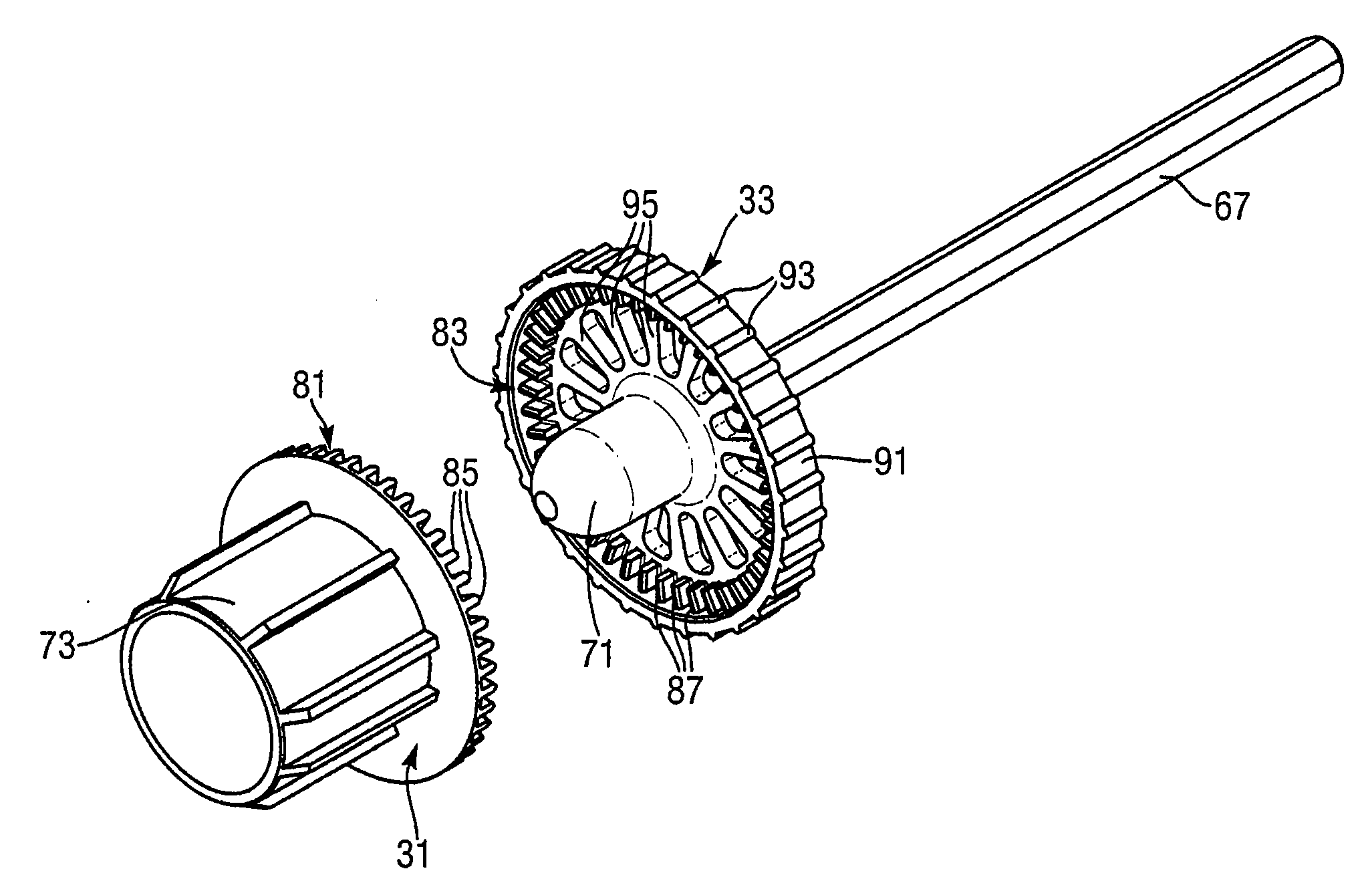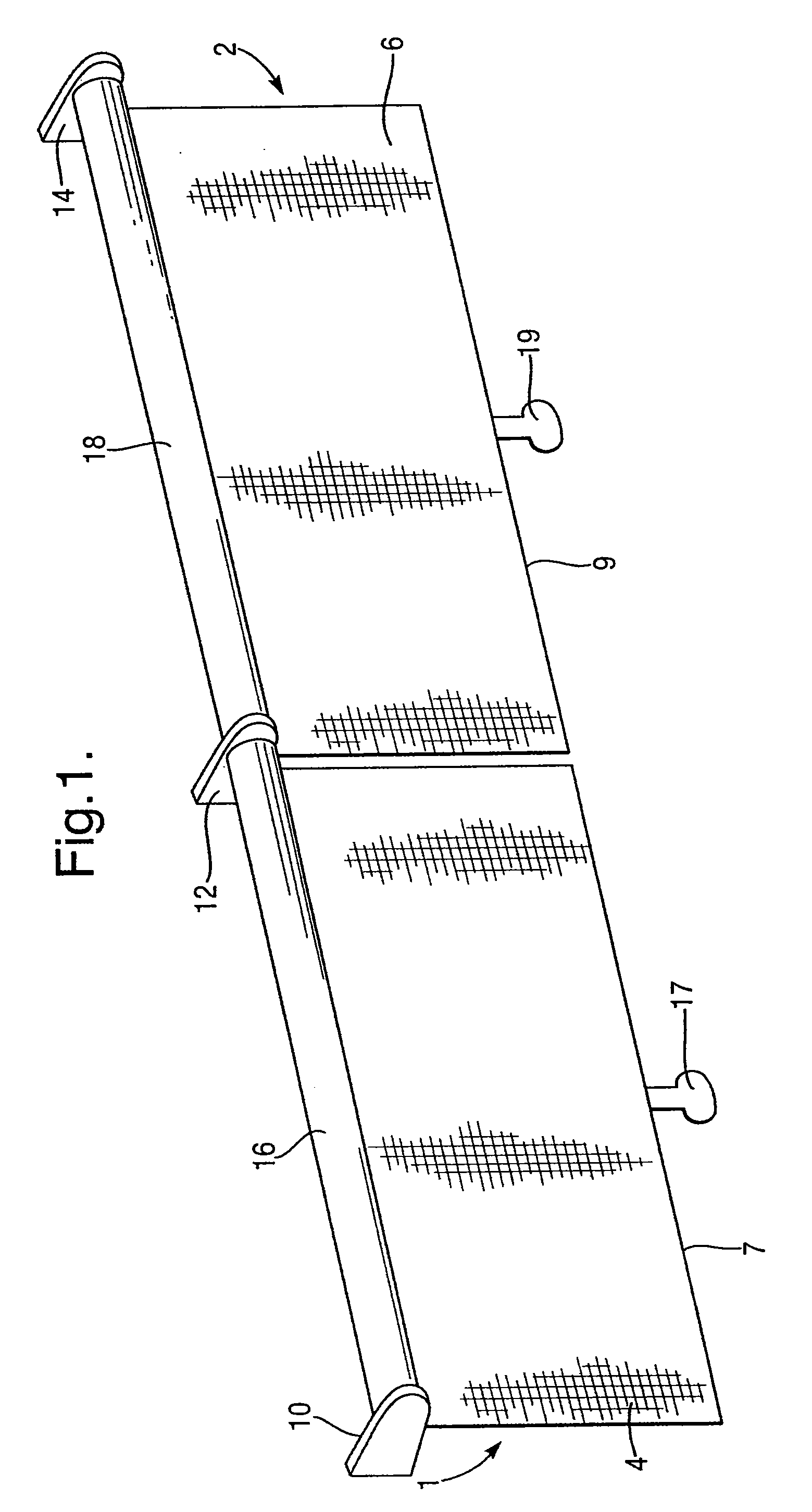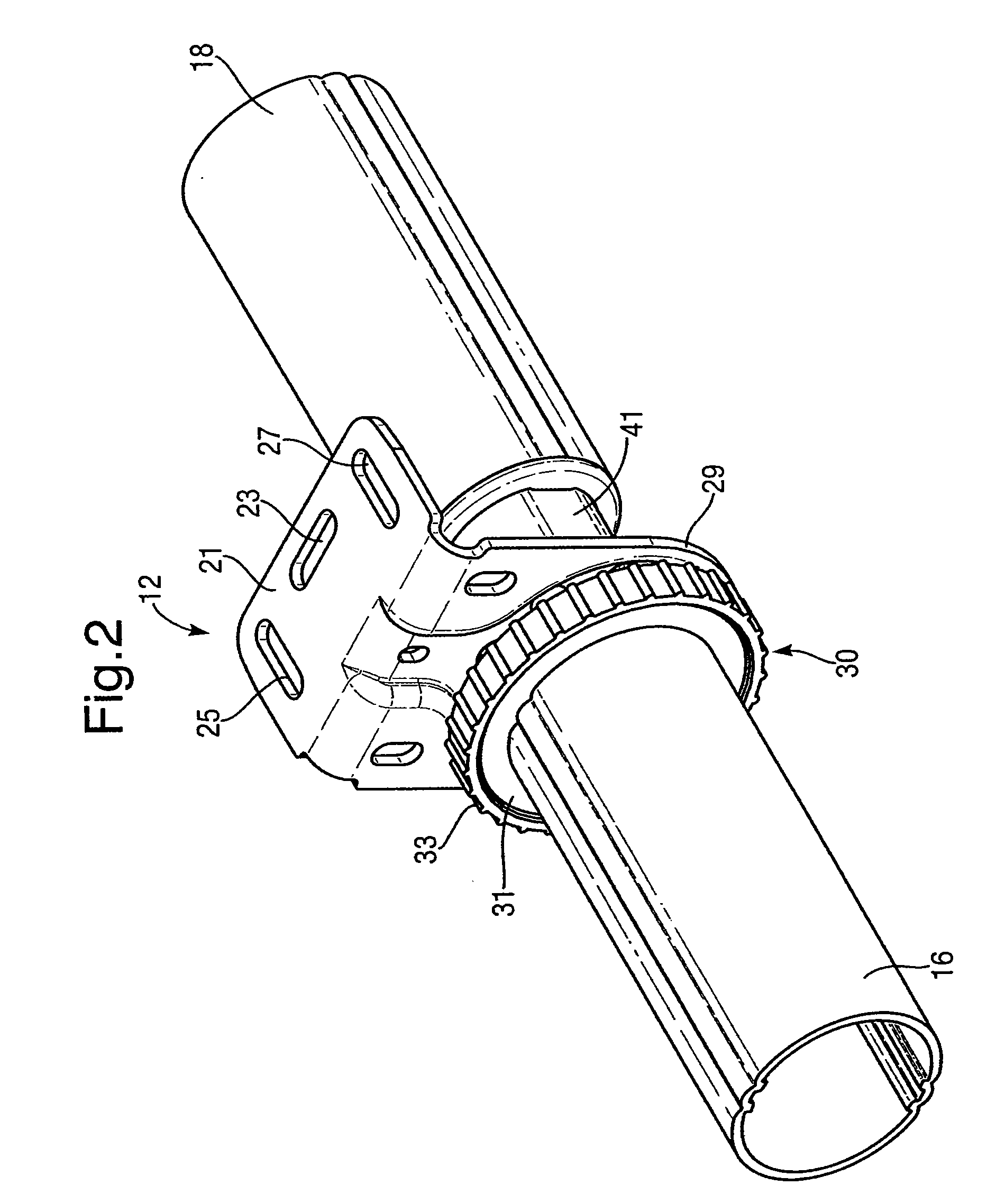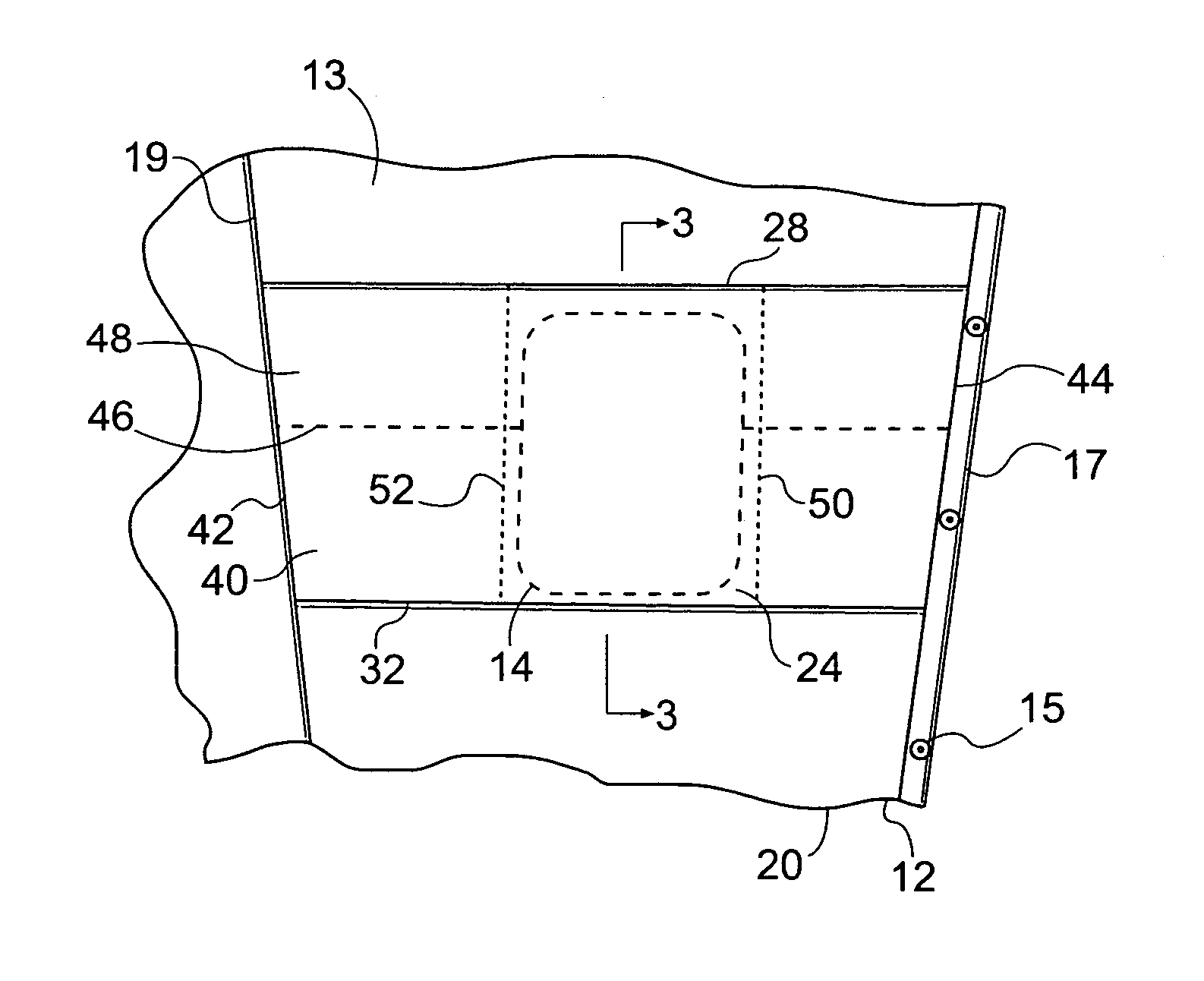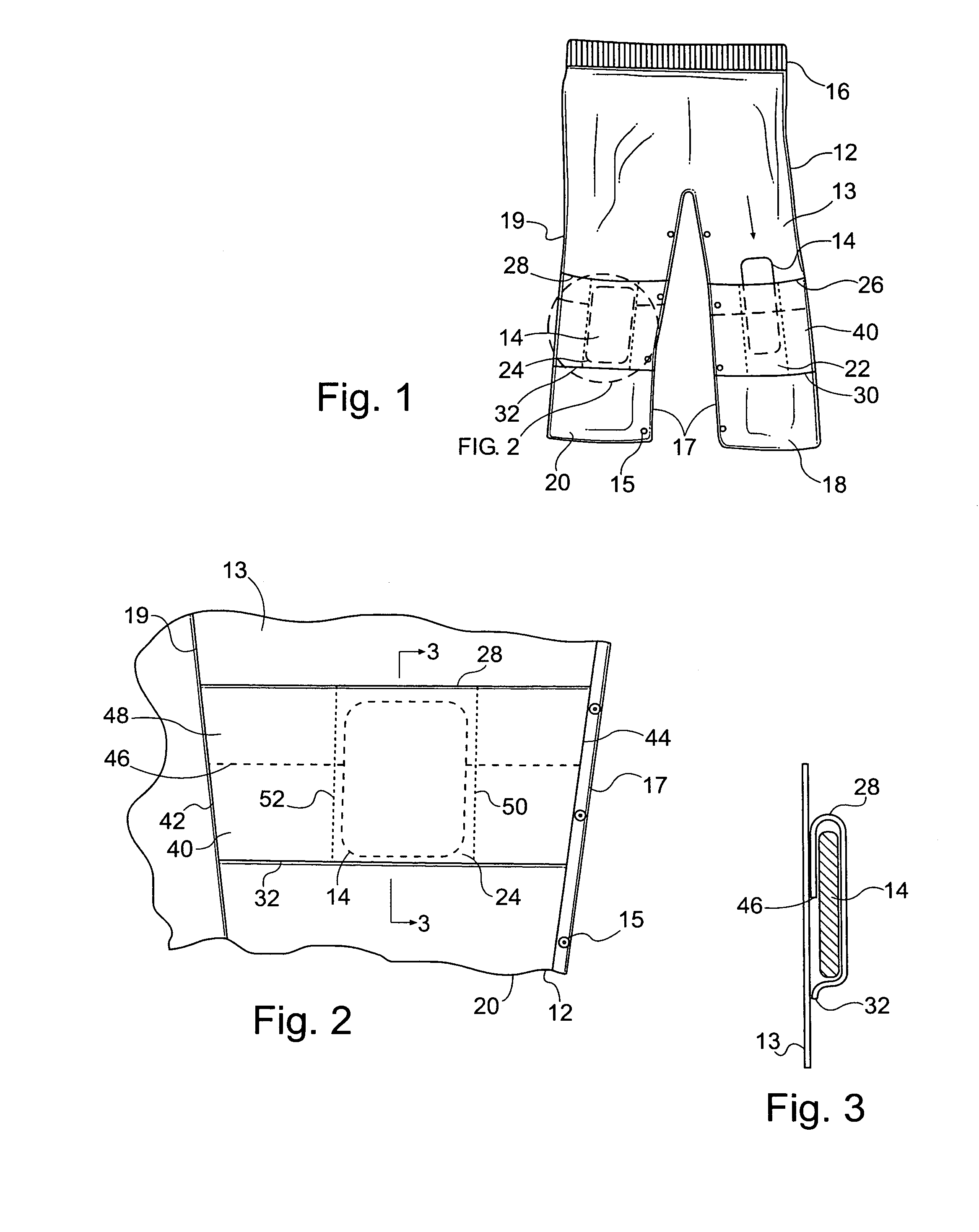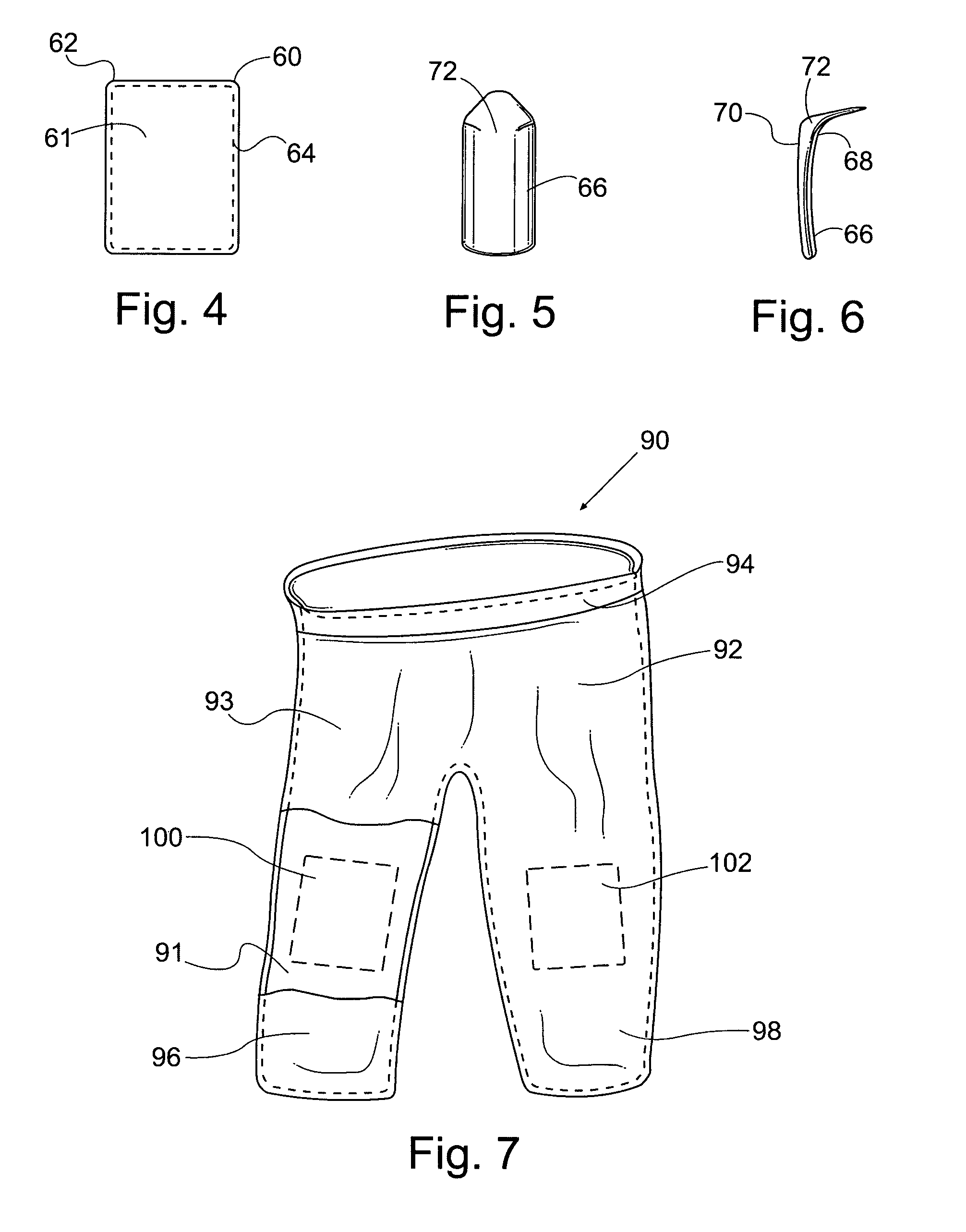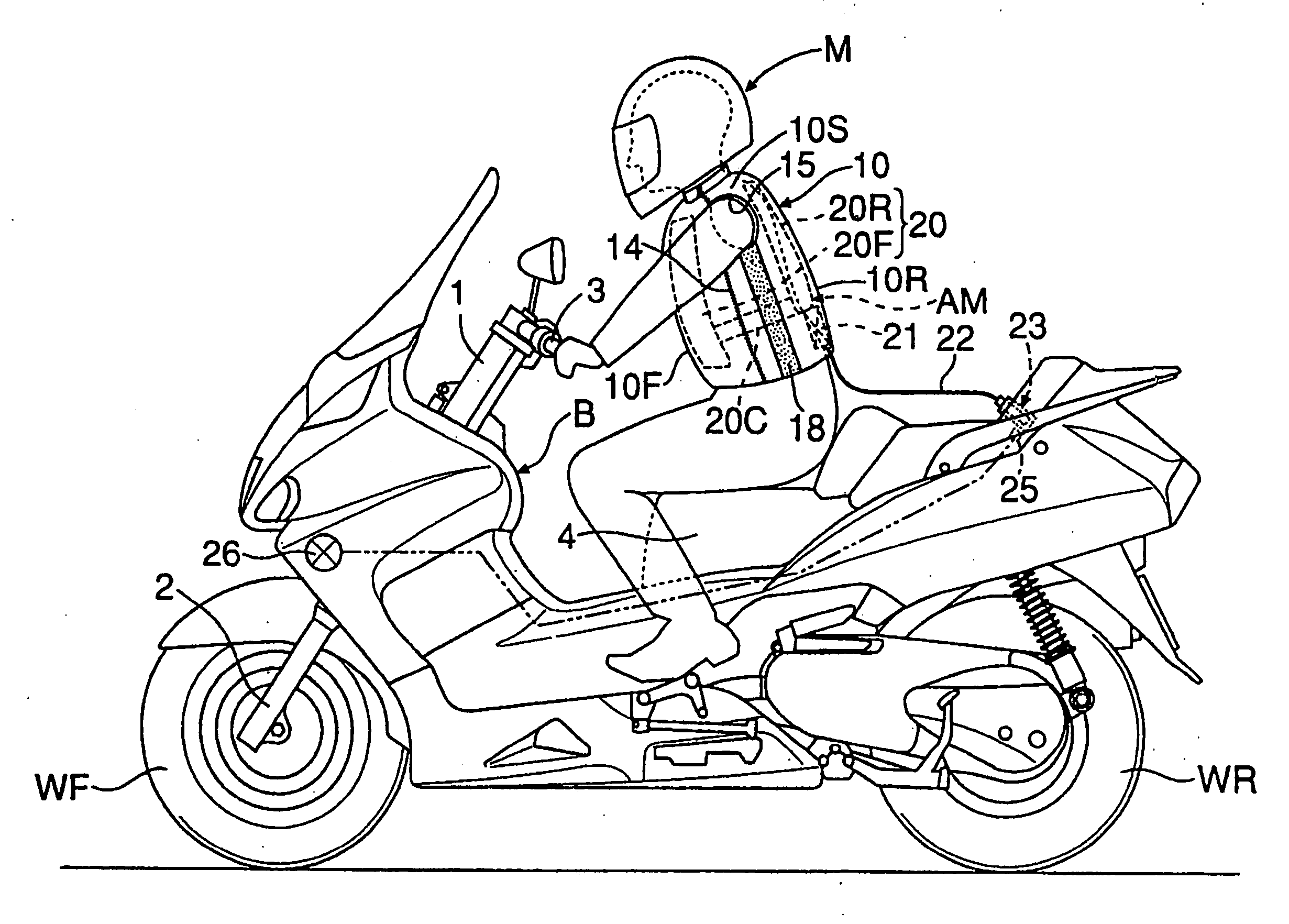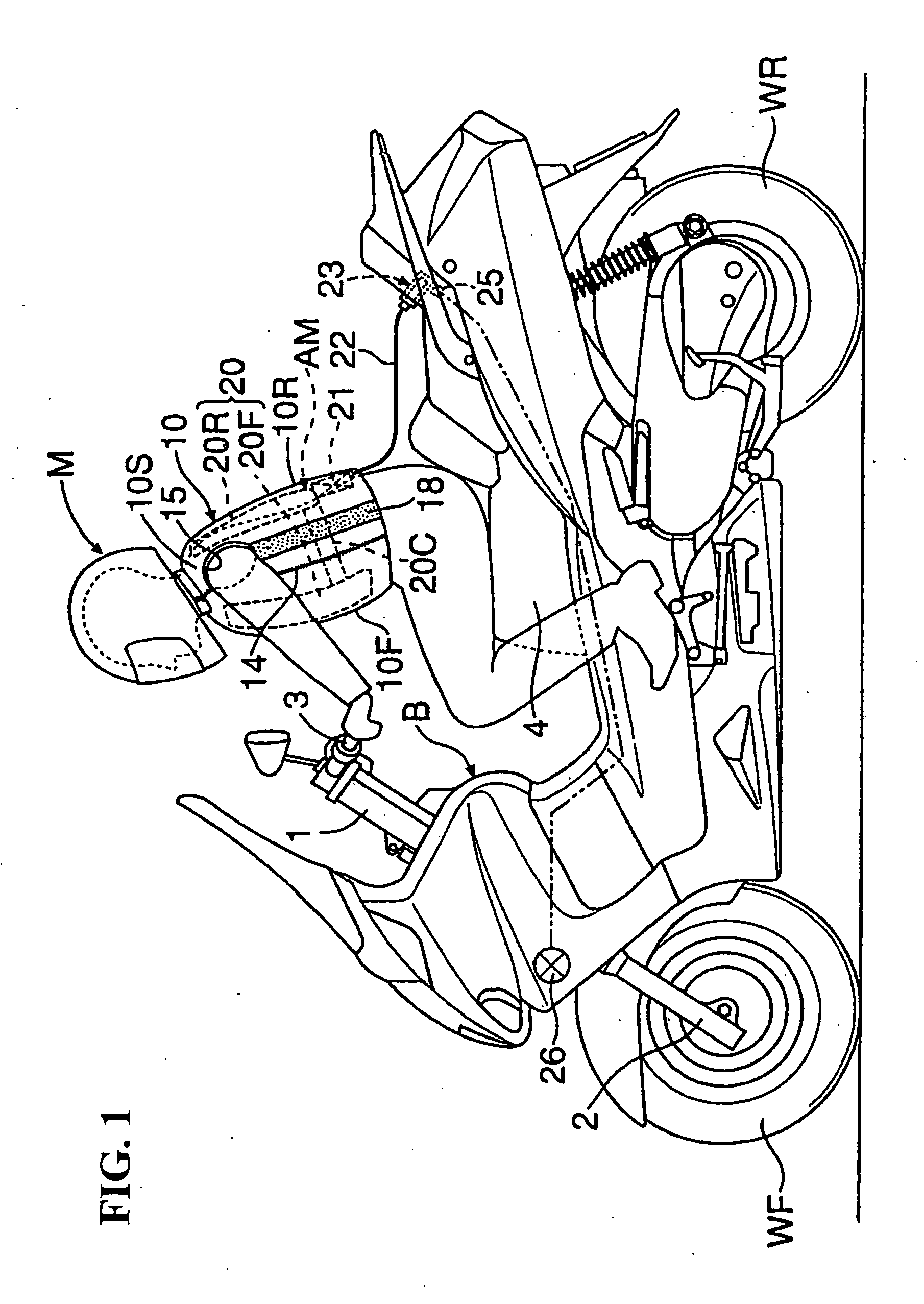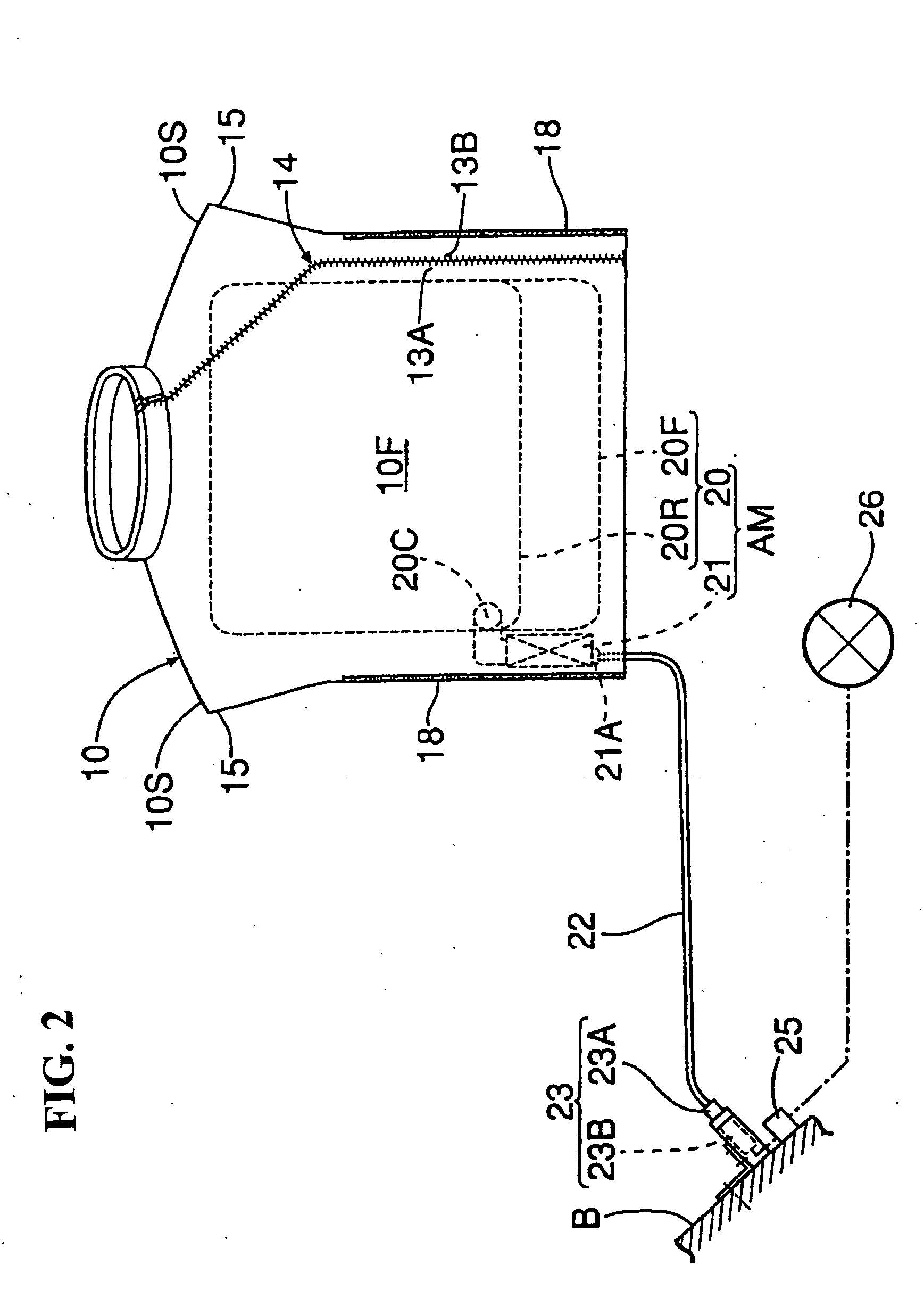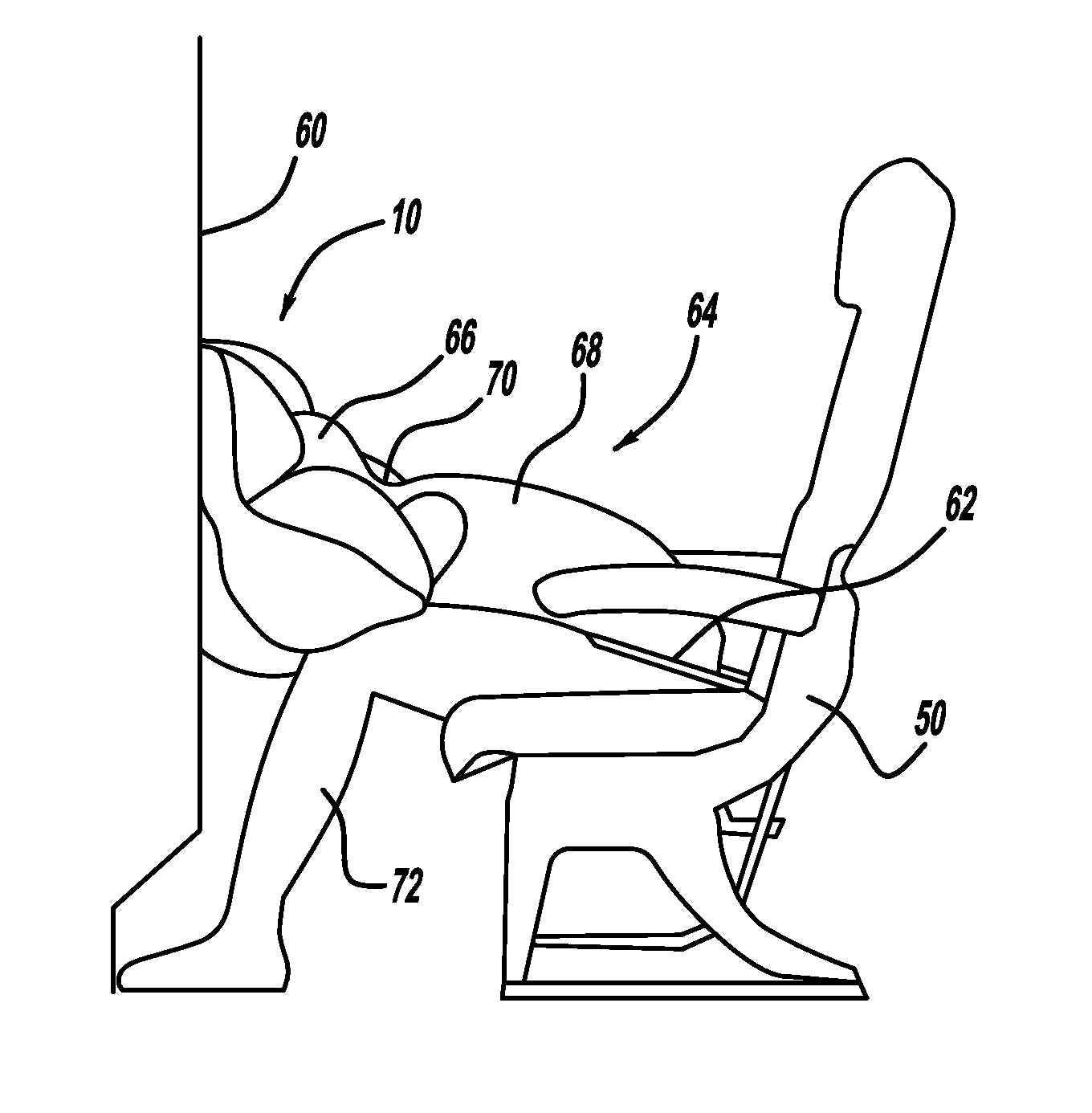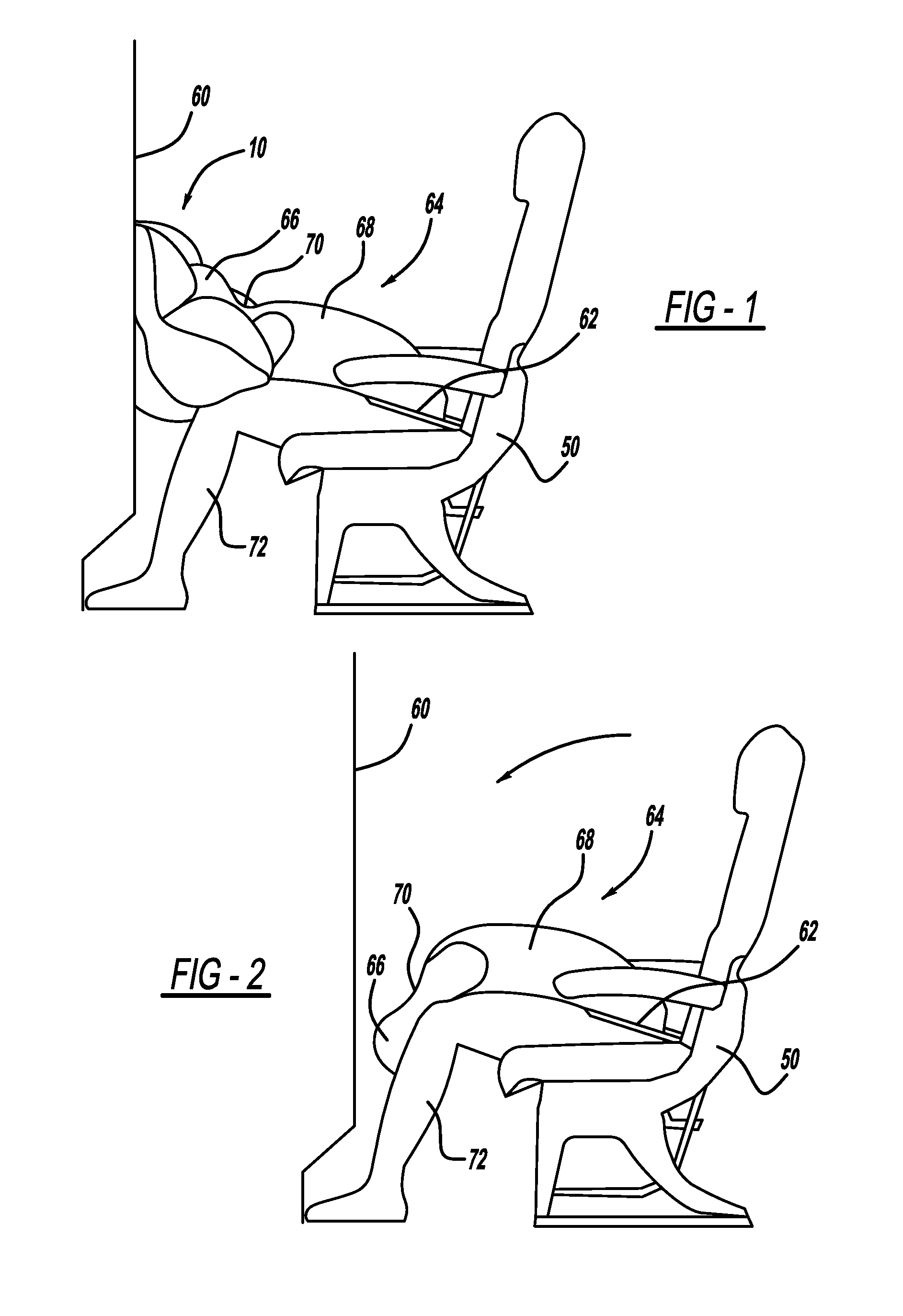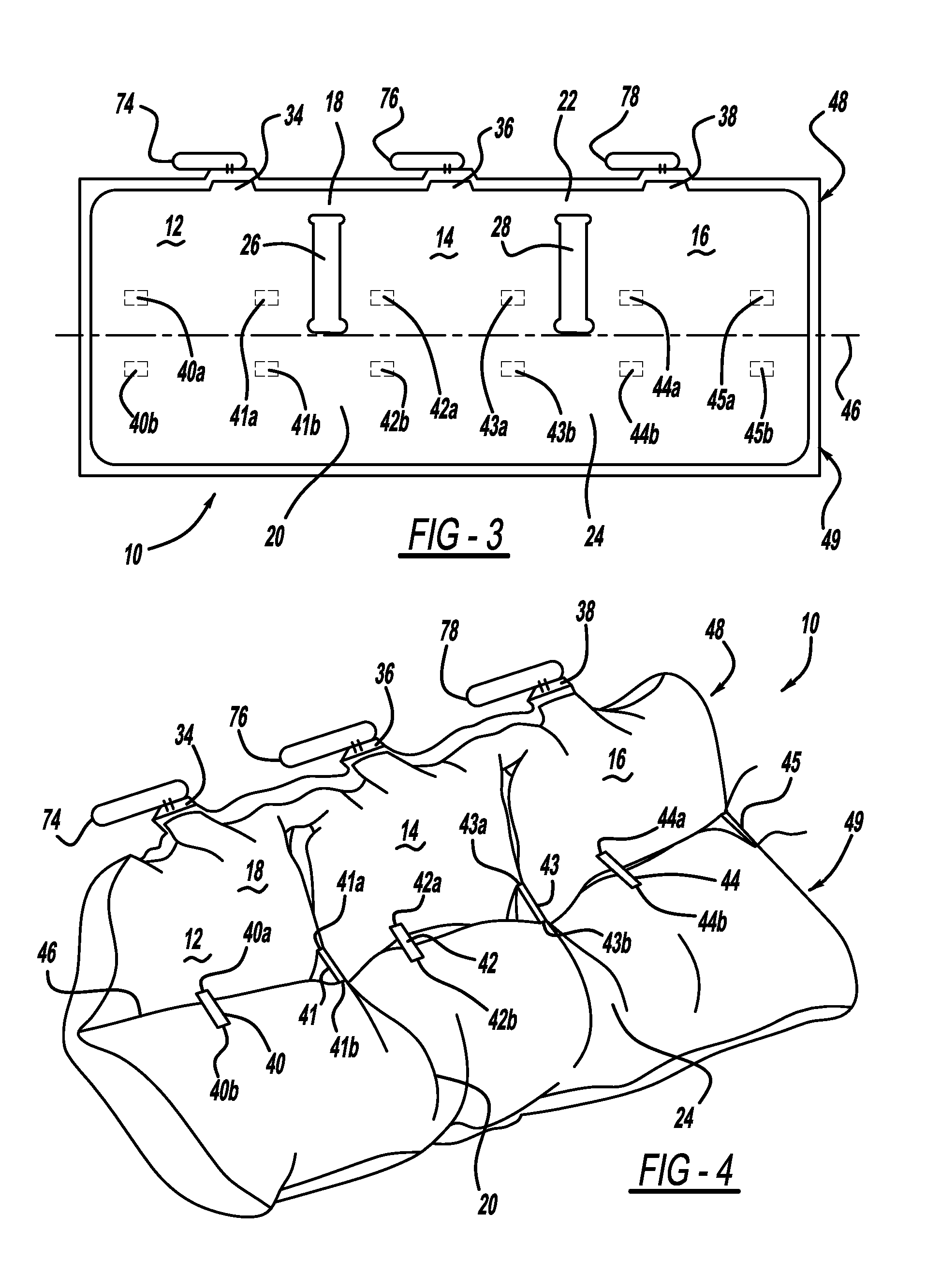Patents
Literature
662results about How to "Effective buffer" patented technology
Efficacy Topic
Property
Owner
Technical Advancement
Application Domain
Technology Topic
Technology Field Word
Patent Country/Region
Patent Type
Patent Status
Application Year
Inventor
Efficient buffering for a system having non-volatile memory
InactiveUS20120221767A1Effective bufferImprove system performanceMemory architecture accessing/allocationEnergy efficient ICTFile systemHeuristic
Systems and methods are disclosed for efficient buffering for a system having non-volatile memory (“NVM”). In some embodiments, a control circuitry of a system can use heuristics to determine whether to perform buffering of one or more write commands received from a file system. In other embodiments, the control circuitry can minimize read energy and buffering overhead by efficiently re-ordering write commands in a queue along page-aligned boundaries of a buffer. In further embodiments, the control circuitry can optimally combine write commands from a buffer with write commands from a queue. After combining the commands, the control circuitry can dispatch the commands in a single transaction.
Owner:APPLE INC
Systems and methods for bulk encryption and decryption of transmitted data
ActiveUS20080046714A1Effective bufferEfficiently encryptingUser identity/authority verificationUnauthorized memory use protectionComputer hardwareEncryption
A method for using a network appliance to efficiently buffer and encrypt data for transmission includes: receiving, by an appliance via a connection, two or more SSL records comprising encrypted messages; decrypting the two or more messages; buffering, by the appliance, the two ore more decrypted messages; determining, by the appliance, that a transmittal condition has been satisfied; encrypting, by the appliance in response to the determination, the first decrypted message and a portion of the second decrypted message to produce a third SSL record; and transmitting, by the appliance via a second connection, the third record. Corresponding systems are also described.
Owner:CITRIX SYST INC
Systems and methods for optimizing ssl handshake processing
ActiveUS20080046727A1Effective bufferEfficiently encryptDigital data processing detailsUser identity/authority verificationVia deviceClient-side
A method for buffering SSL handshake messages prior to computing a message digest for the SSL handshake includes: conducting, by an appliance with a client, an SSL handshake, the SSL handshake comprising a plurality of SSL handshake messages; storing, by the appliance, the plurality of SSL handshake messages; providing, by the appliance to a message digest computing device in response to receiving a client finish message corresponding to the SSL handshake, the plurality of SSL handshake messages; receiving, by the appliance from the message digest computing device, a message digest corresponding to the provided messages; determining by the appliance, the message digest matches a message digest included in the SSL client finish message; and completing, by the appliance with the client, the SSL handshake. Corresponding systems are also described.
Owner:CITRIX SYST INC
Method and apparatus for buffering graphics data in a graphics system
InactiveUS7196710B1Effective bufferConsumer-reducing synchronization requirementDigital computer detailsImage memory managementSurround soundData buffer
A graphics system including a custom graphics and audio processor produces exciting 2D and 3D graphics and surround sound. The system includes a graphics and audio processor including a 3D graphics pipeline and an audio digital signal processor. Techniques for efficiently buffering graphics data between a producer and a consumer within a low-cost graphics systems such as a 3D home video game overcome the problem that a small-sized FIFO buffer in the graphics hardware may not adequately load balance a producer and consumer—causing the producer to stall when the consumer renders bit primitives. One aspect of the invention solves this invention by allocating part of main memory to provide a variable number of variable sized graphics commands buffers. Applications can specify the number of buffers and the size of each. All writes to the graphics FIFO can be routed a buffer in main memory. The producer and consumer independently maintain their own read and write pointers, decoupling the producer from the consumer. The consumer does not write to the buffer, but uses its write pointer to keep track of data valid positions within the buffer. The producer can write a read command to a buffer that directs the consumer to read a string of graphics commands (e.g., display list) stored elsewhere in the memory, and to subsequently return to reading the rest of the buffer. Display lists can be created by simply writing a command that redirects the output of the producer to a display list buffer.
Owner:NINTENDO CO LTD
Shoe sole having cushioning heel portion
A shoe sole includes a resilient cushioning device engaged in the heel portion for cushioning heel portions of users, the resilient cushioning device includes two frame members cross to each other to form an X-shape structure as seen from side portion and each having an inclined structure and each having a front portion and a rear portion. One of the frame members includes a rear portion located above the rear portion of the other frame member, and a front portion located below the front portion of the other frame member. Each of the frame members has a portion suspended in the shoe sole, to provide a resilience to cushion and support the heel portions of the users.
Owner:YEN CHAO HSIUNG
Footwear construction and related method of manufacture
A footwear construction including a sole component and shock pods that absorb impact forces caused by activity. The sole component can be a midsole defining at least one shock pod hole that reduces in dimension from a midsole lower surface toward a midsole upper surface. A shock pod can be joined with the midsole, and extend from the lower surface toward the upper surface. The midsole can be constructed from a harder material than the material from which the shock pod is constructed. A outsole can be joined with the midsole so that a lower portion of the shock pod, for example a traction lug, extends through the outsole to form a ground contacting surface. The shock pod and the shock pod hole can be of corresponding frustoconical shapes. A method is provided including joining a shock pod with a midsole, and joining an outsole with the midsole.
Owner:WOLVERINE OUTDOORS
Structural element for a shoe sole
Owner:ADIDAS
Shoe sole having heel cushioning member
A shoe sole includes a resilient cushioning device engaged in the heel portion for cushioning heel portions of users, the resilient cushioning device includes one frame member resiliently supported above another frame member, and suspended in the shoe sole, to provide a resilience to cushion and support the heel portions of the users. A resilient member may be engaged between rear portions of the frame members, to cushion the rear portion of the lower frame member. Another resilient member may be engaged between front portions of the frame members to cushion the front portion of the upper frame member.
Owner:YEN CHAO HSIUNG
Structural element for a shoe sole
The present invention relates to a shoe sole including a cushioning element. The shoe sole can include a heel cup or heel rim having a shape that substantially corresponds to the shape of heel of a foot. Further, the heel part can include a plurality of side walls arranged below the heel cup or rim and at least one tension element that interconnects at least one side wall to another side wall or to the heel cup or rim. The heel cup or rim, the plurality of side walls, and the at least one tension element can be integrally formed as a single piece.
Owner:ADIDAS
Gas flow deflection apparatus and method for airbag systems
InactiveUS20050052008A1Effective bufferImprove buffering effectPedestrian/occupant safety arrangementEngineeringAirbag
An airbag module may include an inflator, a cushion, and a deflection hood. When used as a passenger side, frontal impact module, the cushion deploys upward from a vehicle instrument panel. The deflection hood directs gas downward through a discharge opening and into the cushion to expedite inflation of the lower portion of the cushion to more uniformly cushion a vehicle occupant's body. The discharge opening may be sewn shut via a tear seam to ensure that the discharge opening is properly positioned when the tear seam opens to release inflation gas. Alternatively, the discharge opening may be sewn shut by a non-tearable seam, and perforations may be applied proximate the non-tearable seam so that the discharge opening opens along the perforations to release the inflation gas. According to one alternative, the deflection hood may be angled within the cushion to provide a significant asymmetrical, lateral gas flow.
Owner:AUTOLIV ASP INC
Systems and methods for optimizing ssl handshake processing
ActiveUS20080046717A1Efficiently buffer and encryptEffective bufferSecuring communicationClient-sideHandshake
A method for enabling efficient SSL handshakes through precomputing of handshake messages, the method includes: receiving, by an appliance, a server certificate identifying a server; generating, by the appliance, at least one of: (i) an SSL server certificate message comprising the received server certificate, (ii) an SSL client certificate request message, and (iii) an SSL hello done message; storing, by the appliance, the generated messages; receiving, by the appliance from a client, an SSL client hello message identifying the server; and transmitting, by the appliance to the client, an SSL server hello message and at least one of the stored messages. Corresponding systems are also described.
Owner:CITRIX SYST INC
Structural element for a shoe sole
The present invention relates to a shoe sole including a cushioning element. The shoe sole can include a heel cup or heel rim having a shape that substantially corresponds to the shape of heel of a foot. Further, the heel part can include a plurality of side walls arranged below the heel cup or rim and at least one tension element that interconnects at least one side wall to another side wall or to the heel cup or rim. The heel cup or rim, the plurality of side walls, and the at least one tension element can be integrally formed as a single piece.
Owner:ADIDAS
Fruit or Vegetable Pods
InactiveUS20090117236A1Reduce probabilityAvoid problemsFruit and vegetables preservationContainers to prevent mechanical damageHorticultureFruits and vegetables
The invention is drawn to methods and apparatus for protecting fruits and vegetables, particularly soft-skinned fruits and vegetables, from bruising, crushing and other damage during transport. Preferably, the apparatus of the present invention are designed for transport and protection of individual or small numbers of fruits and vegetables. Methods include methods for protecting fruit and vegetable from damage during transport.
Owner:WATZKE DAVID J
Automobile vehicle seat covered with a return sleeve
InactiveUS6299255B1Easy to installEffective bufferSeat coveringsStuffed mattressesCar seatCushioning
The seat comprised a foam cushioning provided with a bearing face covered with an upholstery cover in which are defined connexion lines, along which a section of the sleeve is pulled into a slit provided in the cushioning by a fastening device. This device comprises an insert carried by the cushioning in correspondence with said slit and a plurality of ties the ends of which have two branches which are hooked to the insert and the edges so that the ties exert a traction on these edges.
Owner:BERTRAND FAURE EQUIP SA (FR)
Shoe sole having heel cushioning member
A shoe sole includes a resilient cushioning device engaged in the heel portion for cushioning heel portions of users, the resilient cushioning device includes one frame member resiliently supported above another frame member, and a number of cushioning members disposed between the frame members, to provide a resilience to cushion and support the heel portions of the users. The cushioning members of different resilience may be changeably disposed or engaged between the frame members, according to the users' need, or according to the weights of the users, in order to suitably support various kinds of users.
Owner:YEN CHAO HSIUNG
Run channel structure
InactiveUS7487615B2Reduced glass strikeLarge reaction forceSealing arrangementsVehicle sealing arrangementsUpper lipEngineering
A run channel in an automobile door includes a U-shaped run channel body. An inner lip extends from a bottom end portion of an inner wall of the run channel body towards a peak portion. An upper lip is formed above the inner lip and extends from an intermediate portion of the inner wall to the peak portion. When a door glass abuts on the inner lip, the door glass presses the inner lip towards the inner wall to cause a distal end portion of the inner lip to press on the upper lip, whereby a reaction force of the upper lip is applied to the distal end portion of the inner lip. The inner lip in turn produces a reaction force slowing upward movement of the door glass, causing its upper edge to slowly abut on the peak portion of the run channel, thus reducing a glass striking sound.
Owner:HONDA MOTOR CO LTD
Polymeric Prosthetic Liner With Controlled Stretch Characteristics
A controlled-stretch prosthetic liner comprising a polymeric material covered with at least a stretch-controlling fabric. Certain liner types, such as below knee (BK) liners, may also include a panel of more stretchable fabric so as to prevent any interference with knee flexion. The polymeric material of the liner may also be used to control liner stretch, such as by adding Kevlar pulp or other materials that increase the strength and reduce the elasticity of the polymeric material and / or by reducing the amount of plasticizer(s) present therein. The stretch-controlling fabric, possibly in conjunction with the polymeric material, acts to limit the longitudinal stretch of the liner while not adversely affecting the radial stretch thereof.
Owner:WILLOWWOOD GLOBAL LLC
Air filling bag with outer film strengthening structure
Owner:LIAO CHIEH HUA
Conveniently-used cargo box applied to ship transportation
ActiveCN106829119AAvoid damageGood anti-collision performanceContainers to prevent mechanical damageRigid containersCollision resistanceEngineering
The invention discloses a conveniently-used cargo box applied to ship transportation. The cargo box comprises an outer box and an inner box, wherein the upper part of the outer surface of the outer box is fixedly connected with two mutually-symmetric support rods; one end away from the outer box of each support rod is fixedly connected with a ring-shaped fixing ring; a clamping groove is formed in the inner bottom wall of the outer box; the inner side wall of the outer box is fixedly connected with two groups of mutually-symmetric first buffer springs; the inner box is located inside the outer box; one end away from the outer box of each first buffer spring is fixedly connected with the outer side of the inner box; the bottom of the inner box is fixedly connected with clamping blocks which are matched with the clamping groove; and the clamping blocks are clamped in the clamping groove. Through the conveniently-used cargo box applied to ship transportation, the external force can be effectively buffered; the damage to cargos can be effectively avoided; the cargos can be effectively protected; the effective transportation of the cargos is ensured; the collision resistance is high; the cargo box can be effectively locked; the cargo box is more convenient to use.
Owner:SUZHOU XINENG ENVIRONMENTAL SCI & TECH CO LTD
System and method for self-powered communications networks
InactiveUS20110301770A1Low costAvoid service interruptionVehicle testingLevel controlEngineeringDistributed power
Techniques for providing localized power infrastructure and data infrastructure are disclosed. A transportable system for providing localized power infrastructure and data infrastructure can include: a data network service engine configured to function as a local data network service provider; a power generation engine configured to function as a local power service provider that generates and distributes power locally; a deployment engine configured to assist in deploying one or more components of the transportable system; and a maintenance engine configured to maintain operation and security of the transportable system. In some embodiments, multiple transportable systems can be deployed and then centrally monitored or controlled as a single, utility system and / or a single data delivery infrastructure.
Owner:RUTMAN SERGE
Structural element for a shoe sole
ActiveUS20060265905A1Effective bufferHighly structuredSolesHeelsMechanical engineeringStructural element
The present invention relates to a shoe sole including a cushioning element. The shoe sole can include a heel cup or heel rim having a shape that substantially corresponds to the shape of heel of a foot. Further, the heel part can include a plurality of side walls arranged below the heel cup or rim and at least one tension element that interconnects at least one side wall to another side wall or to the heel cup or rim. The heel cup or rim, the plurality of side walls, and the at least one tension element can be integrally formed as a single piece.
Owner:ADIDAS
Hood apparatus for a vehicle
InactiveUS6953220B2Effective bufferSimple structureVehicle seatsPedestrian/occupant safety arrangementGas springEngineering
A hood apparatus for a vehicle has a hood member which closes an opening of an engine room, a lifting mechanism, and a driving portion. The lifting mechanism has a link mechanism and a gas spring. The link mechanism is structured so as to be able to raise up and bring down the hood member by including a first link member and a second link member shorter than the first link member which bridge the hood member and a top end portion of a strut house panel of the engine room. The gas spring urges the hood member upward. The driving portion uncouples the second link member from the hood member when an impact force greater than or equal to a predetermined value is inputted from an front end portion of a automobile.
Owner:MITSUBISHI MOTORS CORP
Air filling bag with outer film strengthening structure
An air filling bag with an outer film strengthening structure includes two outer films and a main check valve, where the two outer films are adhered to each other to form an air chamber by means of hot sealing, in which each outer film includes the first film sheet and the second film sheet stacked together, and a plurality of first hot sealing lines is formed by adhering the first film sheet to the second film sheet by means of hot sealing in a first direction together with a plurality of second hot sealing lines formed by adhering the first film sheet to the second film sheet by means of hot sealing in a second direction. The main check valve is positioned between the two outer films and one end thereof projects from the air chamber. Air in the air chamber can compress the main check valve to shield a first air passageway of the main check valve so as to prevent air from leaking out of the air chamber after outside air flows in the air chamber via the first air passageway.
Owner:LIAO CHIEH HUA
Knee pad construction
InactiveUS7181770B2Easy maintenancePromote sportsProtective garmentPhysical medicine and rehabilitationCushion
A knee pad construction includes a shaped cushion element with a concave interior with a recess having a flowable gel insert therein. The recess and insert are shaped to accommodate the left knee or the right knee of an individual.
Owner:BIG TIME PROD LLC
Actuator for lifting device
InactiveUS20100139429A1Drawback can be obviatedImprove performanceToothed gearingsLifting devicesEngineeringActuator
An actuator includes a base, a motor mounted on the base for driving a worm to rotate a worm gear of a transmission gear set that is set in an accommodation chamber inside the base and has a gear shaft pivotally inserted through the worm gear and fixedly mounted with an output gear, a brake module rotatable with said worm gear, a linking rod assembly having a driven gear meshed with the output gear, a screw rod rotatable with the driven gear, a movable member threaded onto the screw rod and an extension rod connected to the movable block and movable in and out of a sleeved outside the base upon rotation of the screw rod for biasing a crane beam of a lifting device.
Owner:MOTECK ELECTRIC CORP
Cushion clip
InactiveUS20100192335A1Smoothly and constantly deformedIncrease reaction forceSnap fastenersSpringsCushioningBiomedical engineering
A cushion clip may include a hollow cushioning portion having a substantially circular central opening, and an engagement portion that is integrated with the cushioning portion. The cushioning portion has a bottom wall portion and a side wall portion. The side wall portion,has cone-shaped outer and inner surfaces that are linearly tapered from a proximal end thereof toward a distal end thereof. The side wall portion has a top portion that is formed in the distal end thereof. The top portion has a radially inwardly projected inner periphery that defines the central opening therein.
Owner:DAIWA KASEI IND CO LTD
Adjustable drive coupling for adjacent architectural coverings
ActiveUS20080153606A1Cumbersome to assembleCumbersome operationScreensYielding couplingCouplingEngineering
A force transmitting coupling for drivingly coupling winding devices of adjacent architectural coverings. The coupling includes first coupling member, a second coupling member, and mating engagement means on the first and second coupling members adapted to establish mating engagement between the first and second coupling member to transmit a drive force from one of the first and second coupling members to another of the first and second coupling members. The second coupling member includes a hub and the engaging means on the second coupling member are resiliently connected to the hub.
Owner:HUNTER DOUGLAS IND BV
Infant pants having knee pockets and replaceable knee pads
InactiveUS7089598B2Provide protectionEffective bufferTrousersProtective garmentKnee strapsEngineering
An apparatus for infant pants having knee pads permanently or removably mounted to an inner surface of the pants or to an infant pants inner liner. The infant pants or pants liner have internal pocket panels that extend substantially horizontally from seam to seam and are sewn by vertical, substantially parallel stitching to define generally rectangular pad pockets of desired dimensions with upwardly facing pocket openings. The pockets have retainer panels to secure a replaceable protective pad within the pad pocket. The pants have replaceable protective knee pads that are removably contained within the internal knee pockets to provide protection for crawling infants against bruises and abrasion of the knees during crawling activity.
Owner:KNEEKERBONKERS
Air bag system for vehicle
To make it easy for a rider to put on protective clothing provided with air bags and to effectively absorb an impact on the rider using the air bags. A wearable air bag system is provided wherein the rider puts on the protective clothing beforehand. An air bag for covering a chest portion of a rider in an undivided manner is provided on the back surface of a front main section of a jacket worn by the rider. The jacket has opening edges capable of being opened and closed by a fastener. The opening edges are provided on the front main section of the jacket to be closer to one sleeve of the jacket in such a manner that the air bag is avoided.
Owner:HONDA MOTOR CO LTD
Airbag arrangement for bulkhead seats
InactiveUS20130106079A1Improve safetyImprove securitySeating arrangementsPedestrian/occupant safety arrangementAirplaneGas generator
An airbag mounted on a bulkhead wall of an aircraft inflates downward in front of bulkhead seat occupants in a direction configured to make a first contact with a seat occupant's head. In a normal, deflated state, the airbag is mounted in a roll or folded bundle at a location on a bulkhead wall that approximately corresponds to an average seat occupant's chest or head height. Upon detonation of a pyrotechnical gas generator, the airbag unfolds initially downward. With increasing volume of the airbag, its increasing thickness pressing against the wall makes the airbag protrude from the wall toward a seat occupant's face so that the first contact with the airbag is made by the face of the seat occupant. The airbag may extend across a seat row and have adjacent chambers providing protection for seat occupants in adjacent seats.
Owner:AUTOLIV ASP INC
Features
- R&D
- Intellectual Property
- Life Sciences
- Materials
- Tech Scout
Why Patsnap Eureka
- Unparalleled Data Quality
- Higher Quality Content
- 60% Fewer Hallucinations
Social media
Patsnap Eureka Blog
Learn More Browse by: Latest US Patents, China's latest patents, Technical Efficacy Thesaurus, Application Domain, Technology Topic, Popular Technical Reports.
© 2025 PatSnap. All rights reserved.Legal|Privacy policy|Modern Slavery Act Transparency Statement|Sitemap|About US| Contact US: help@patsnap.com
